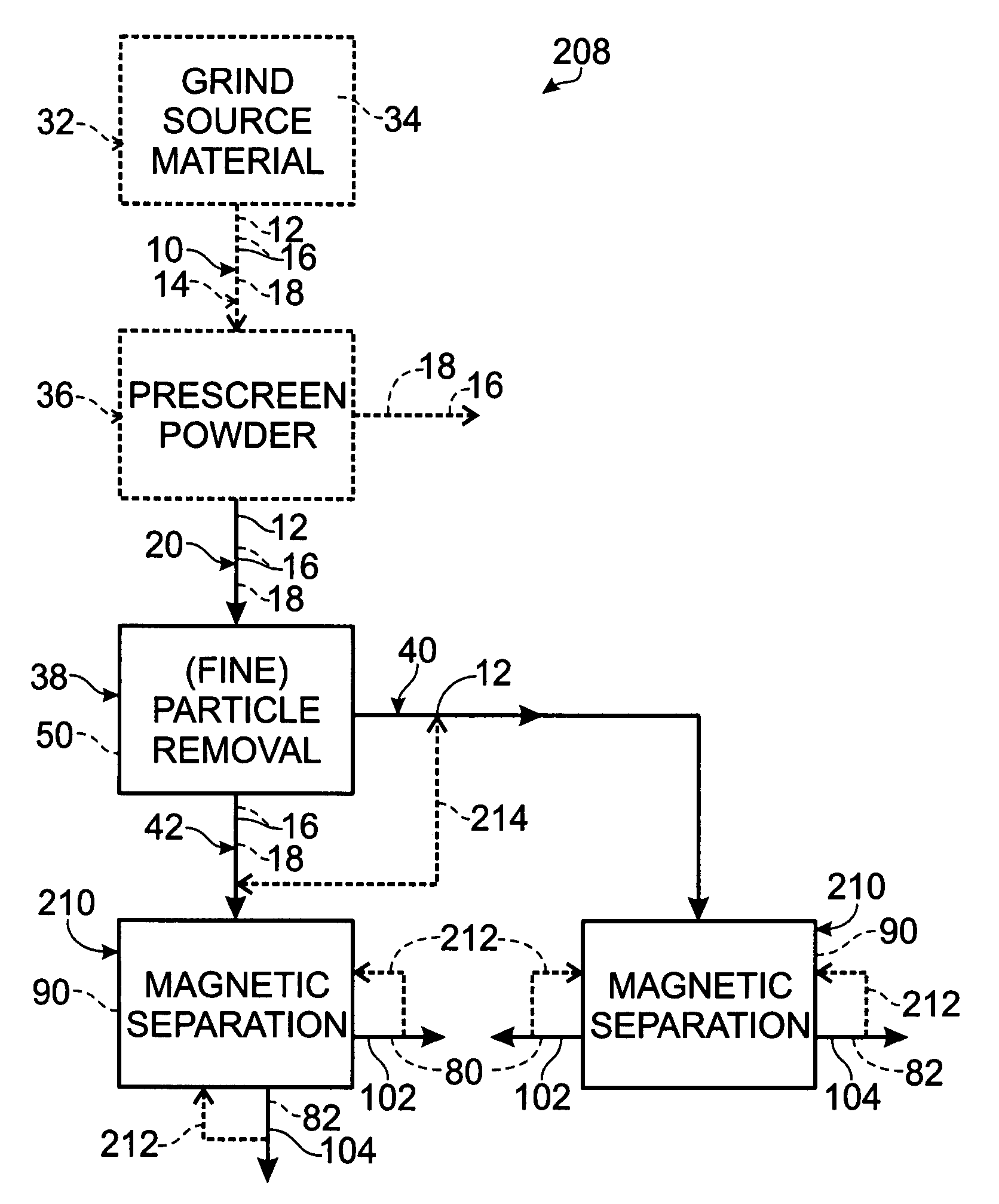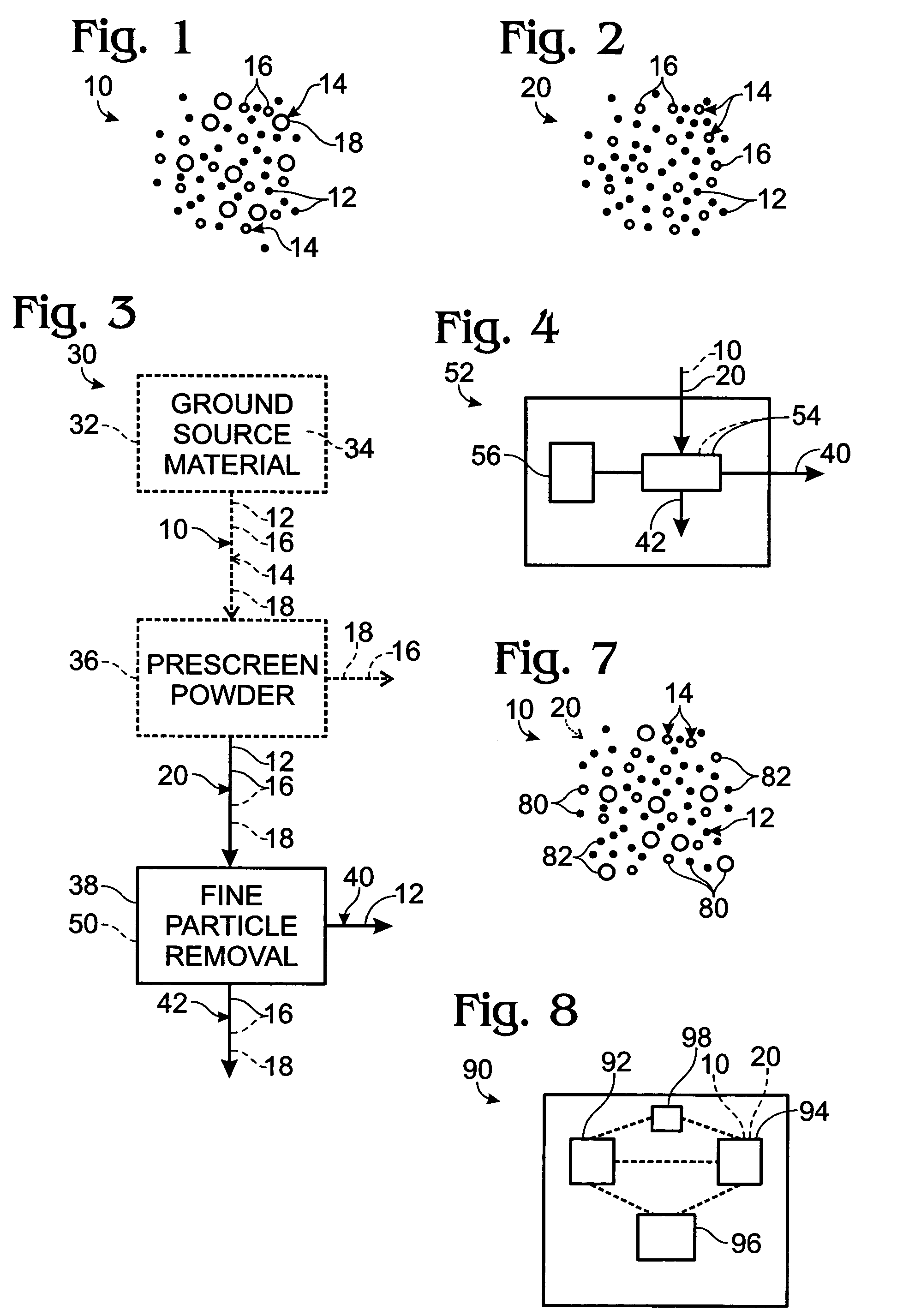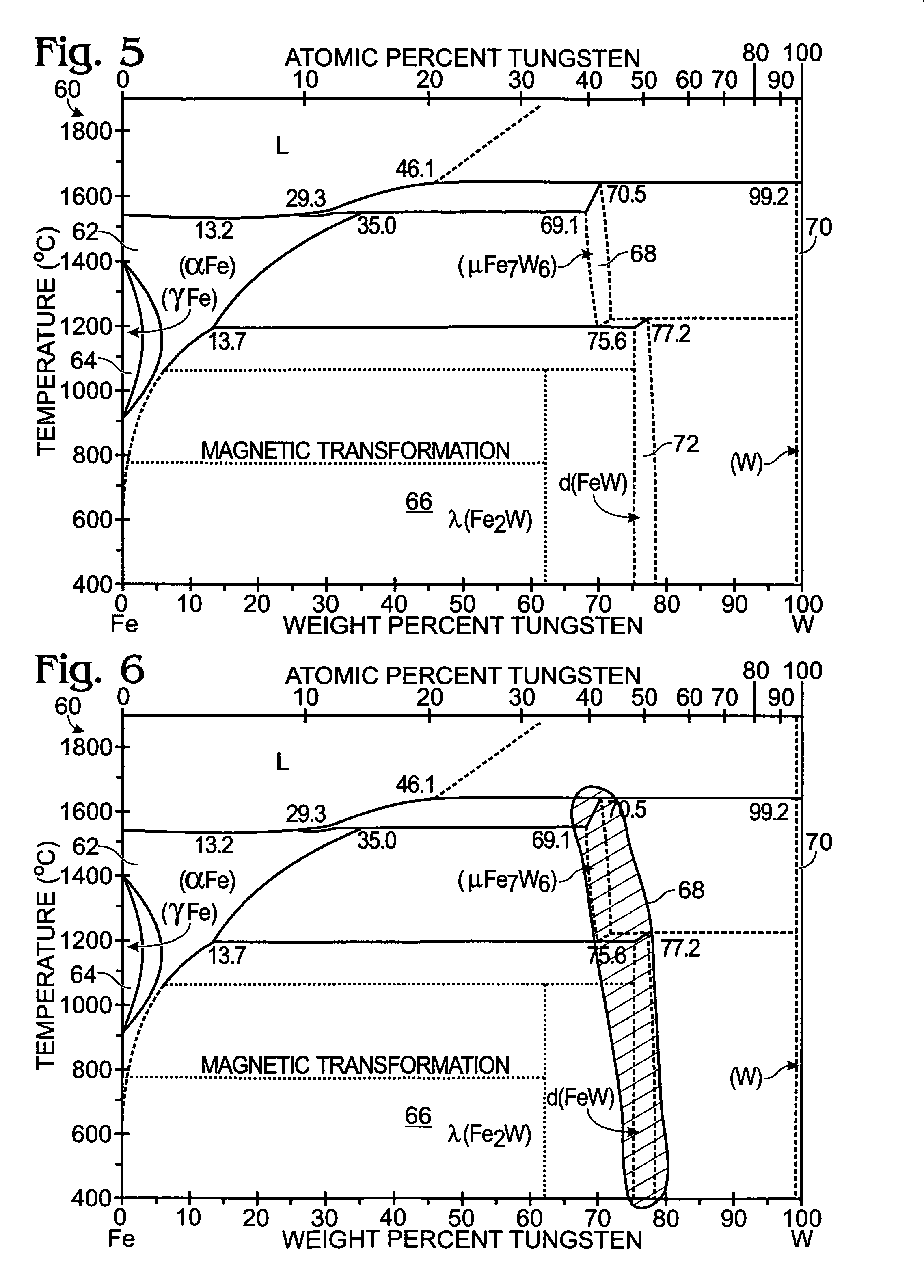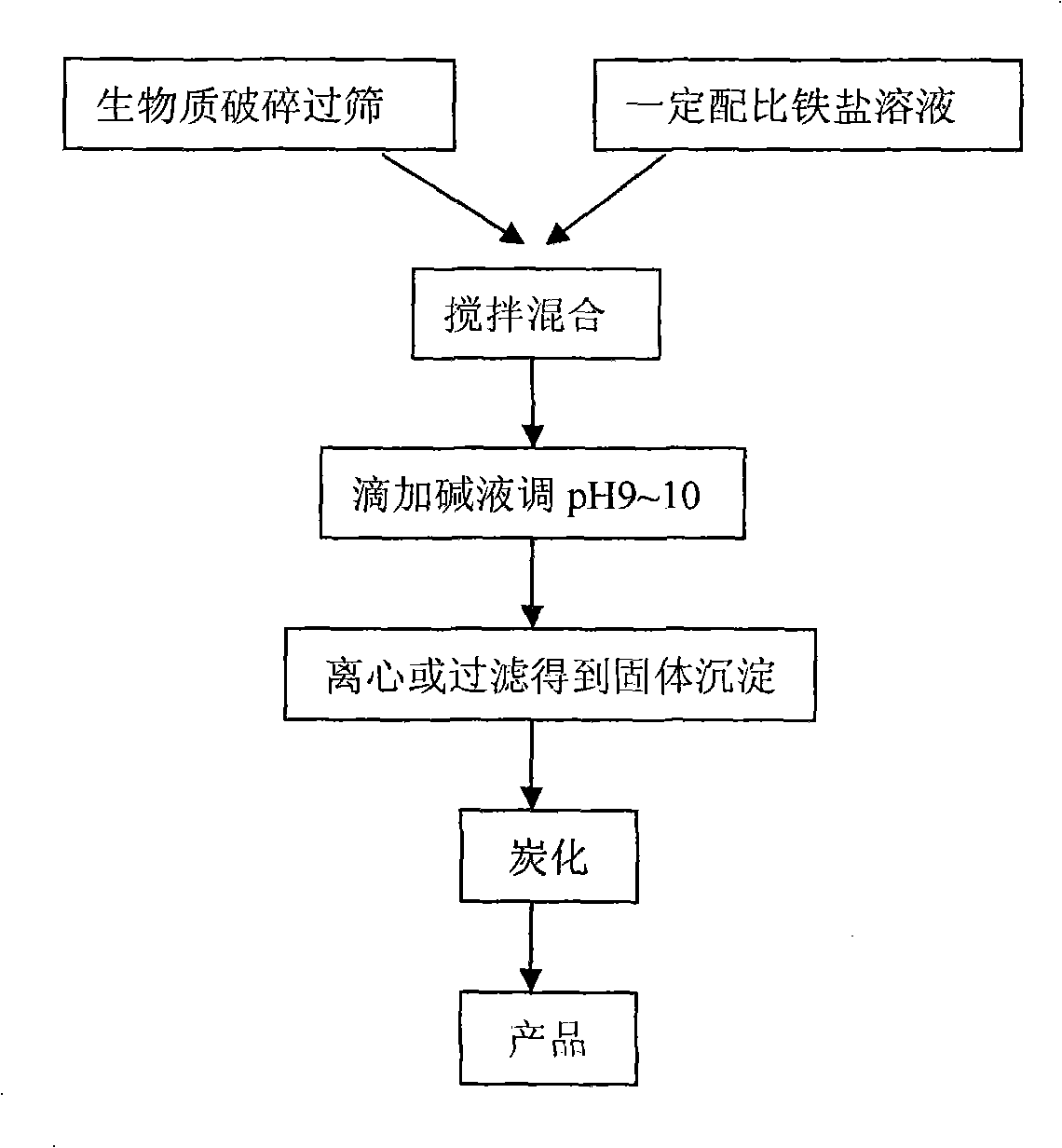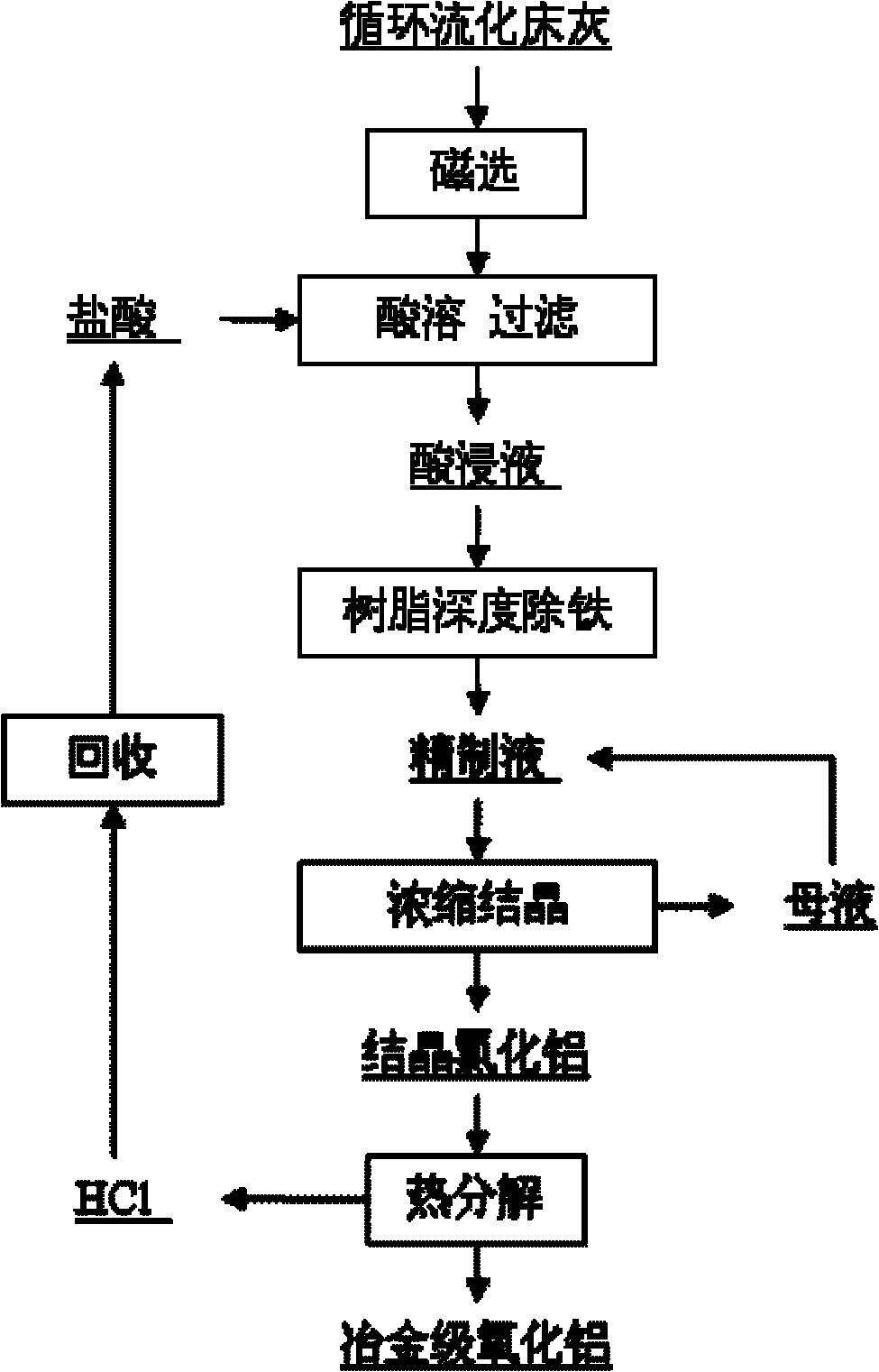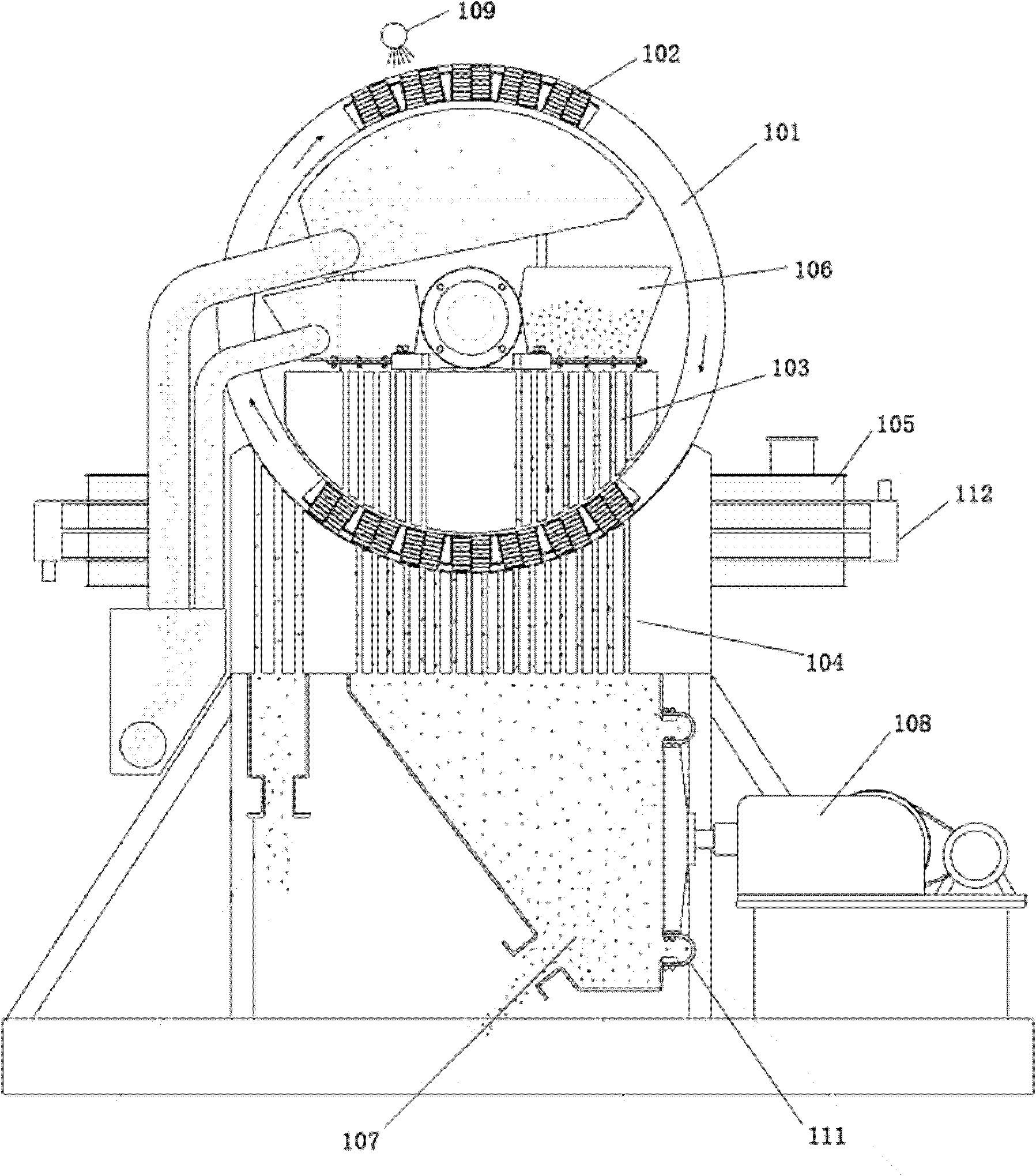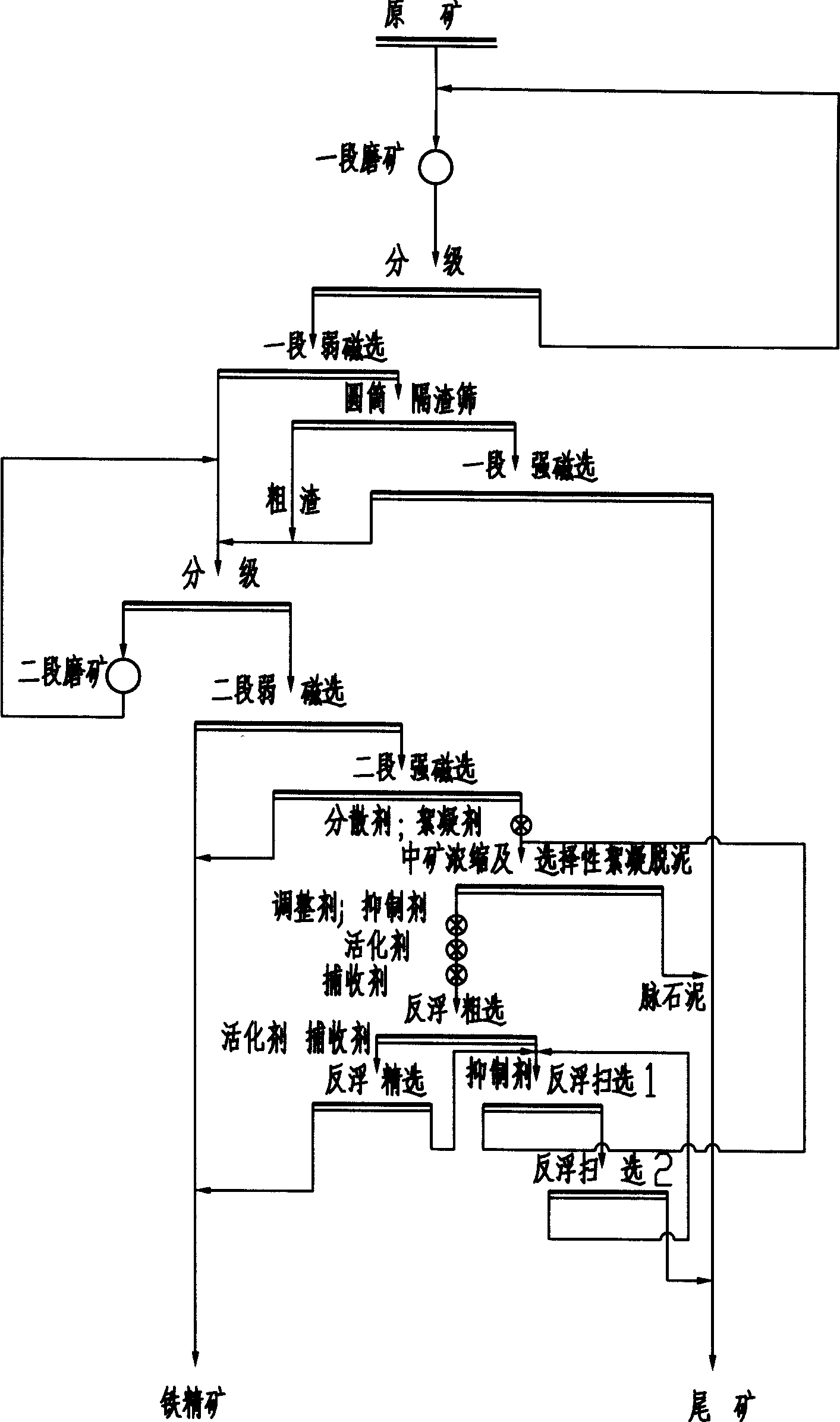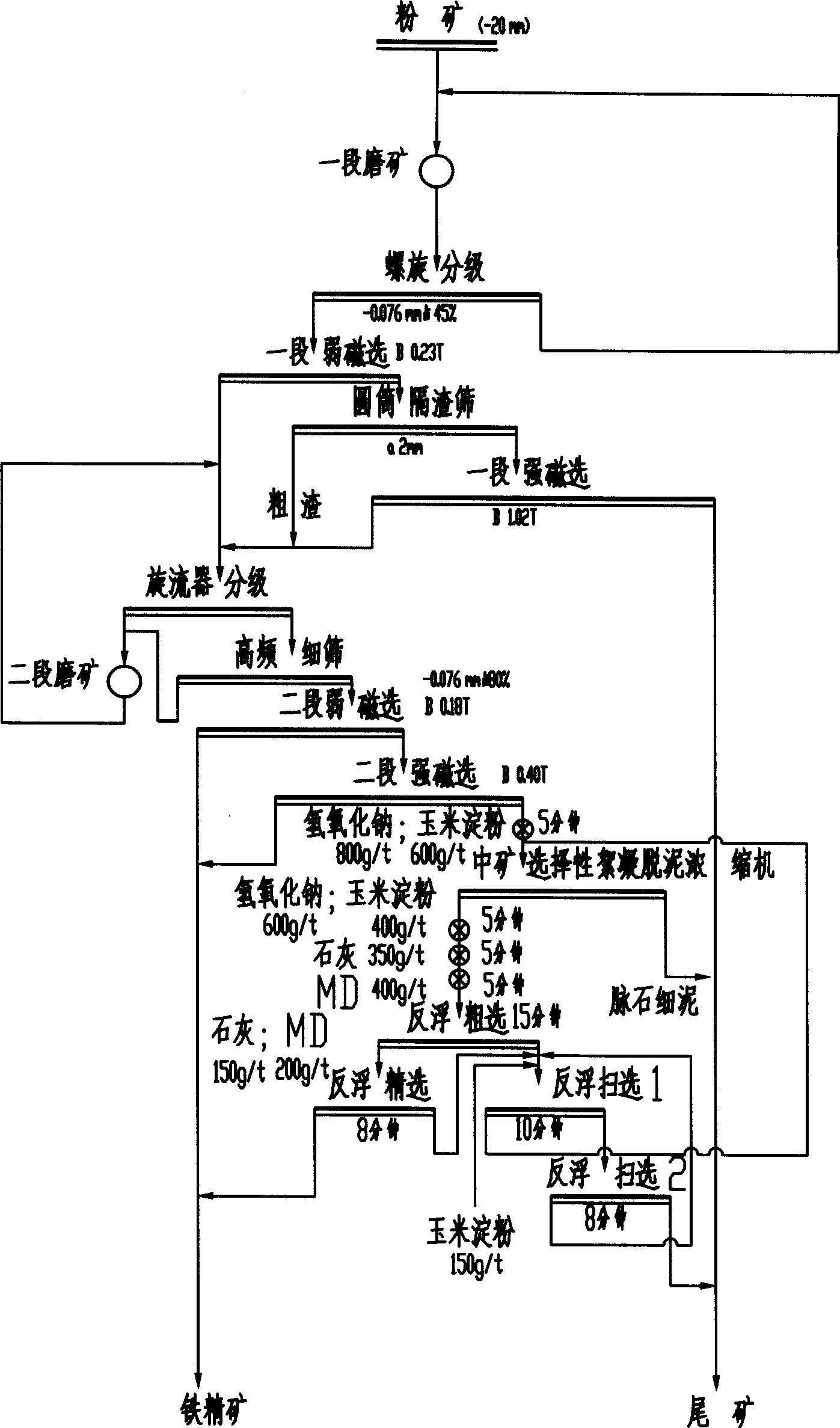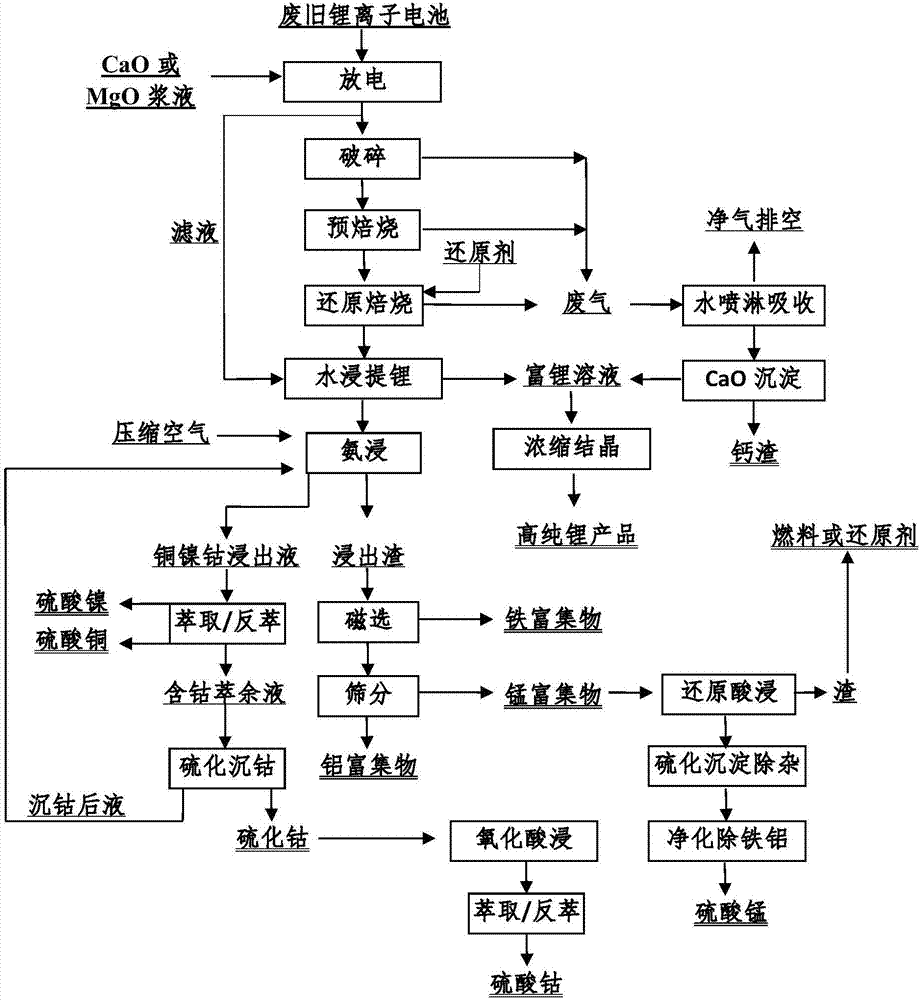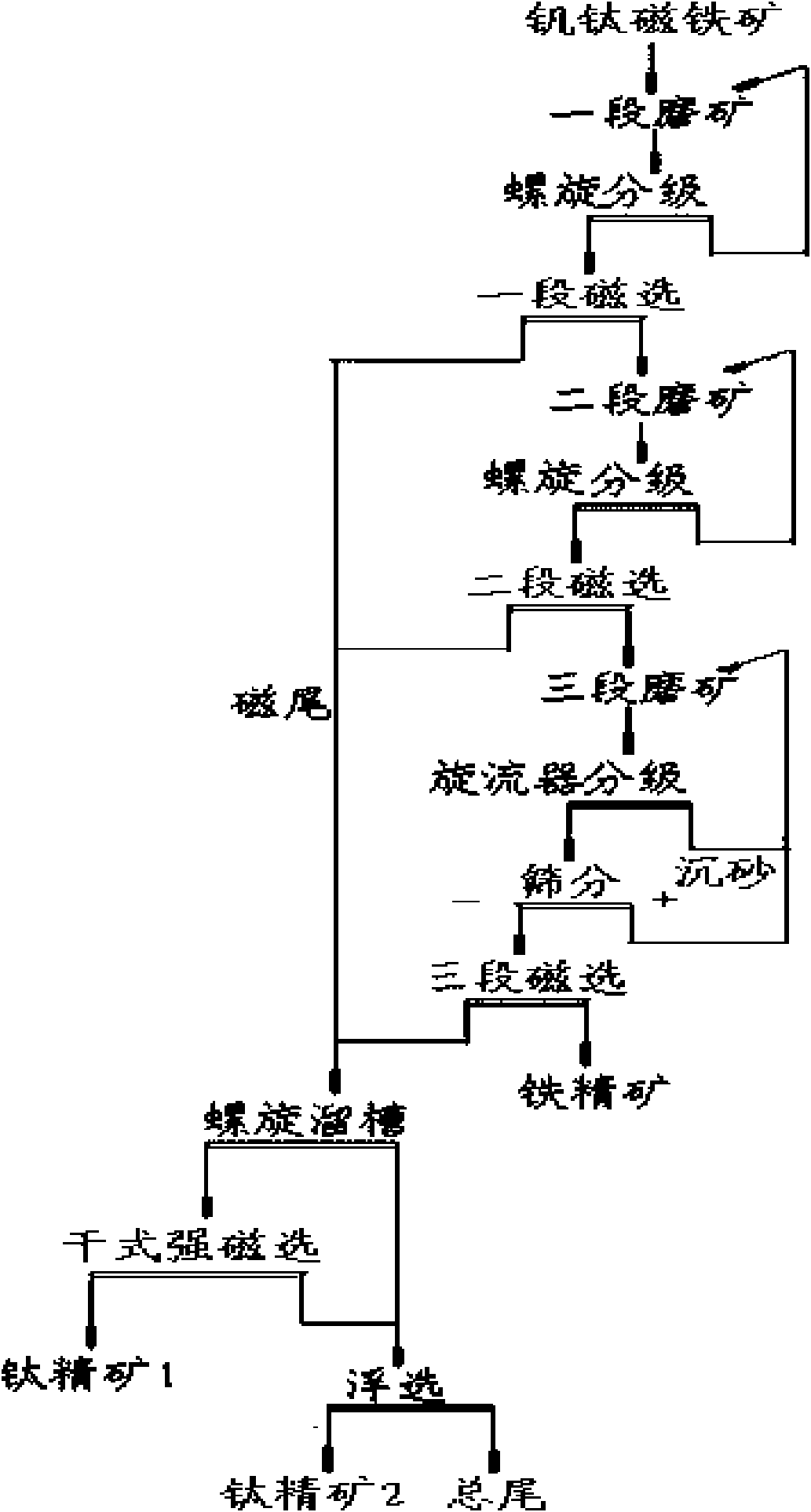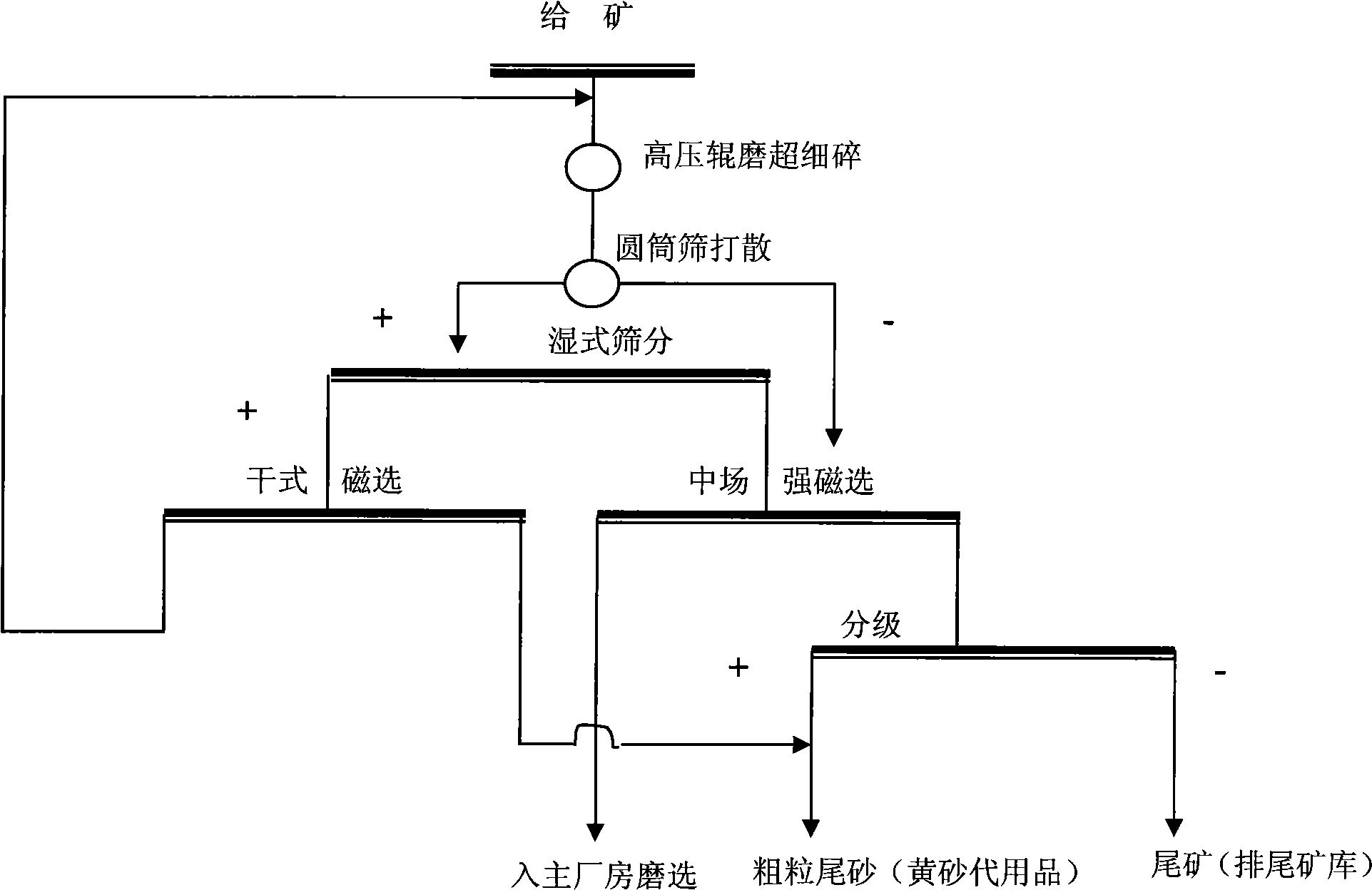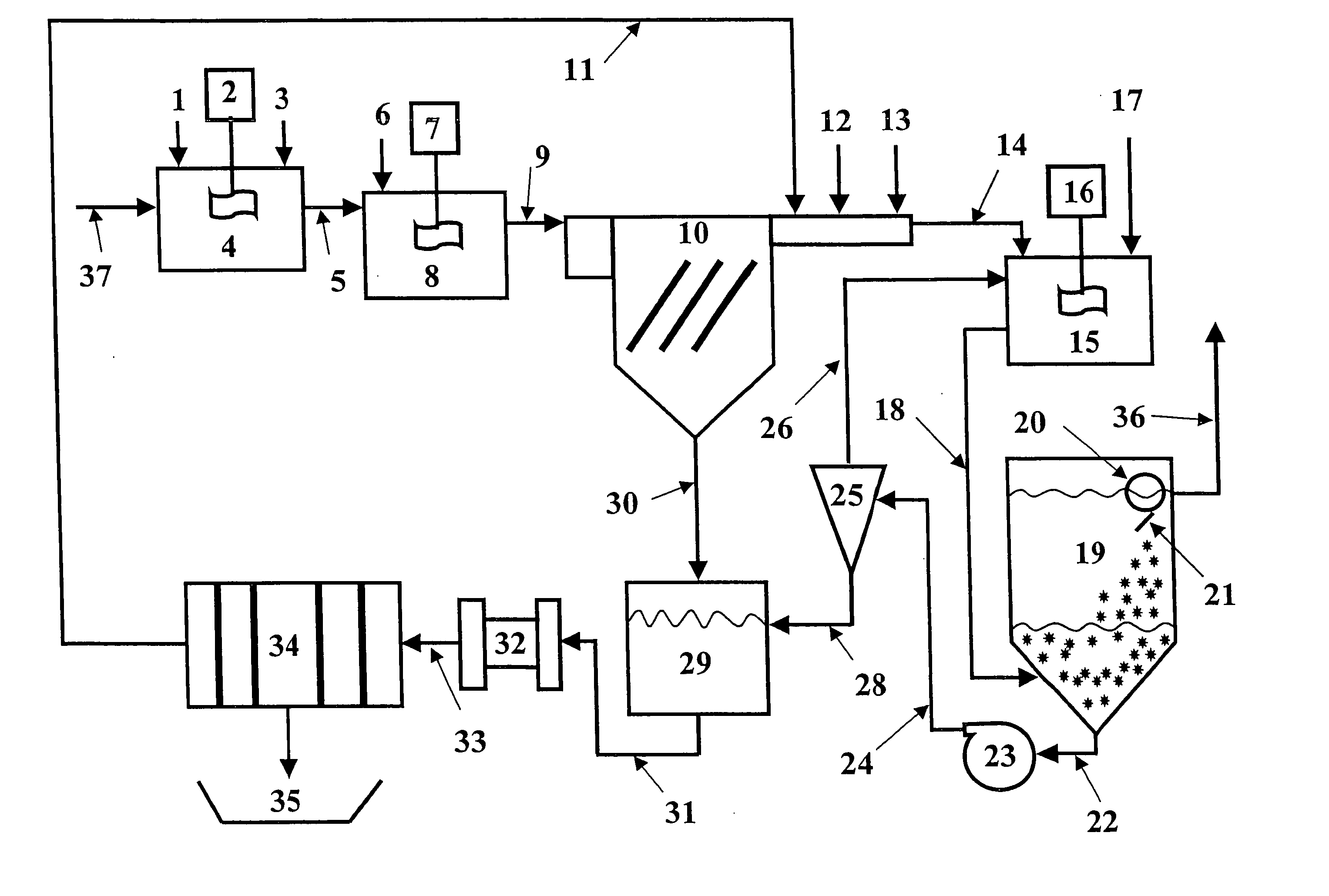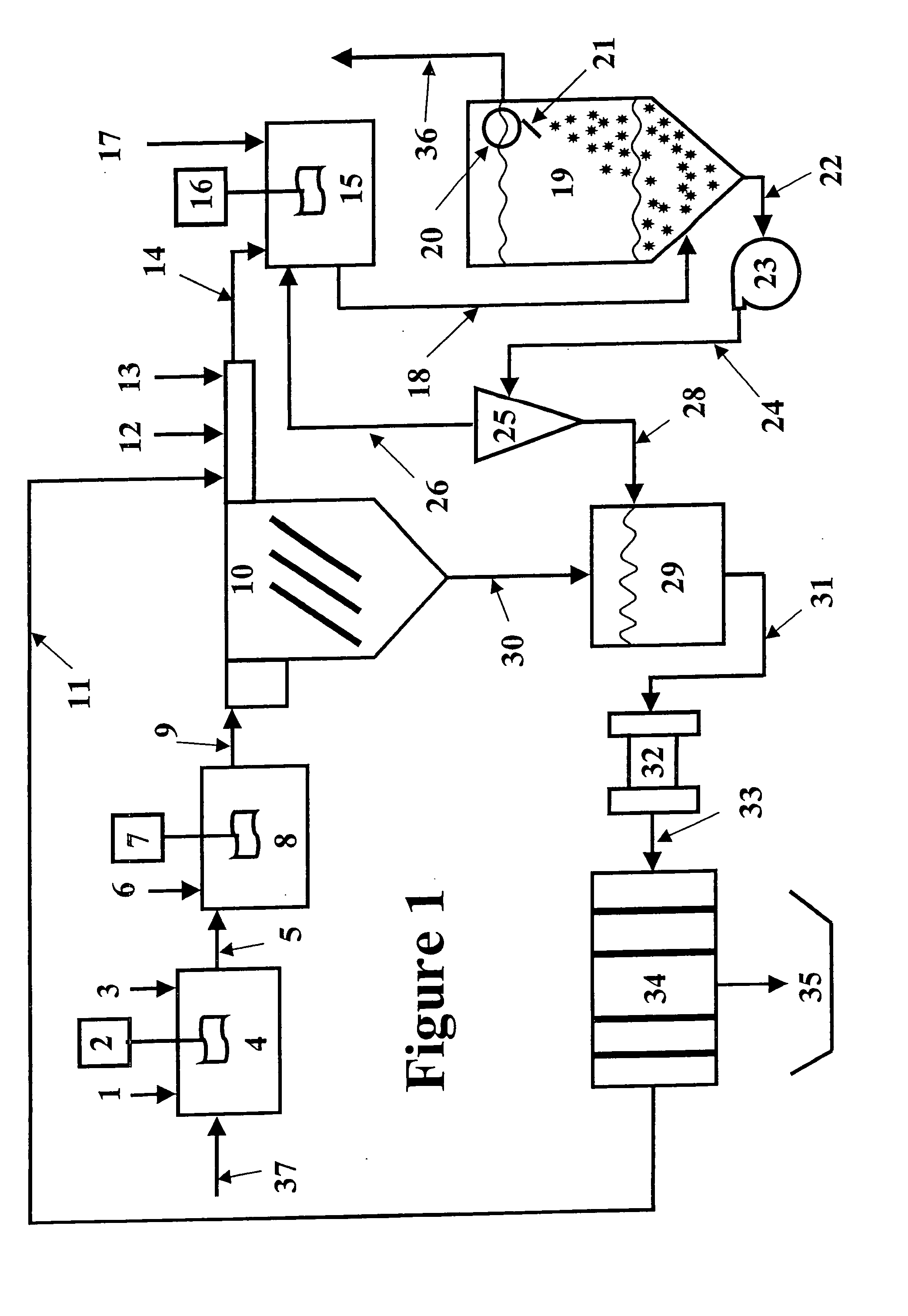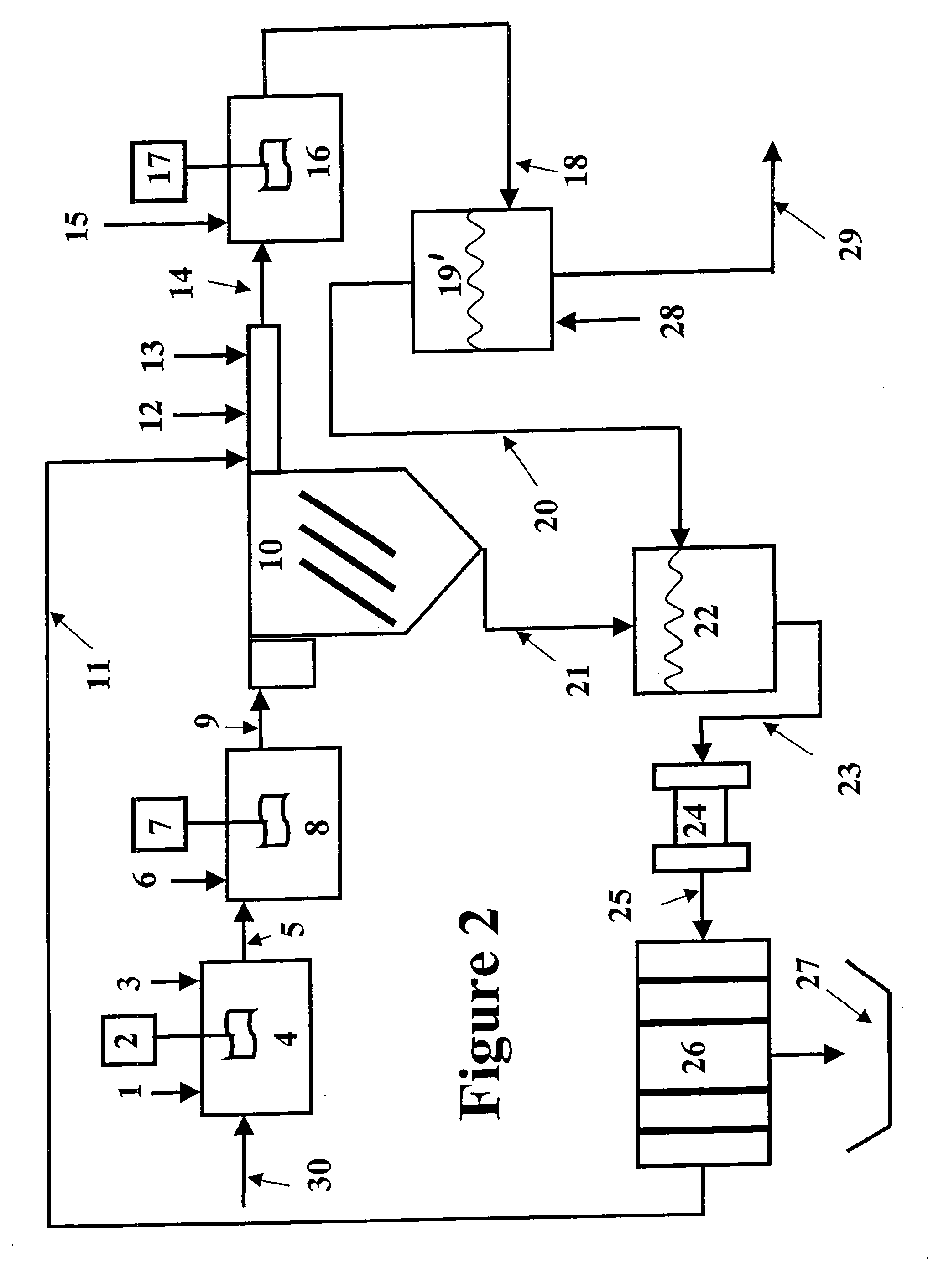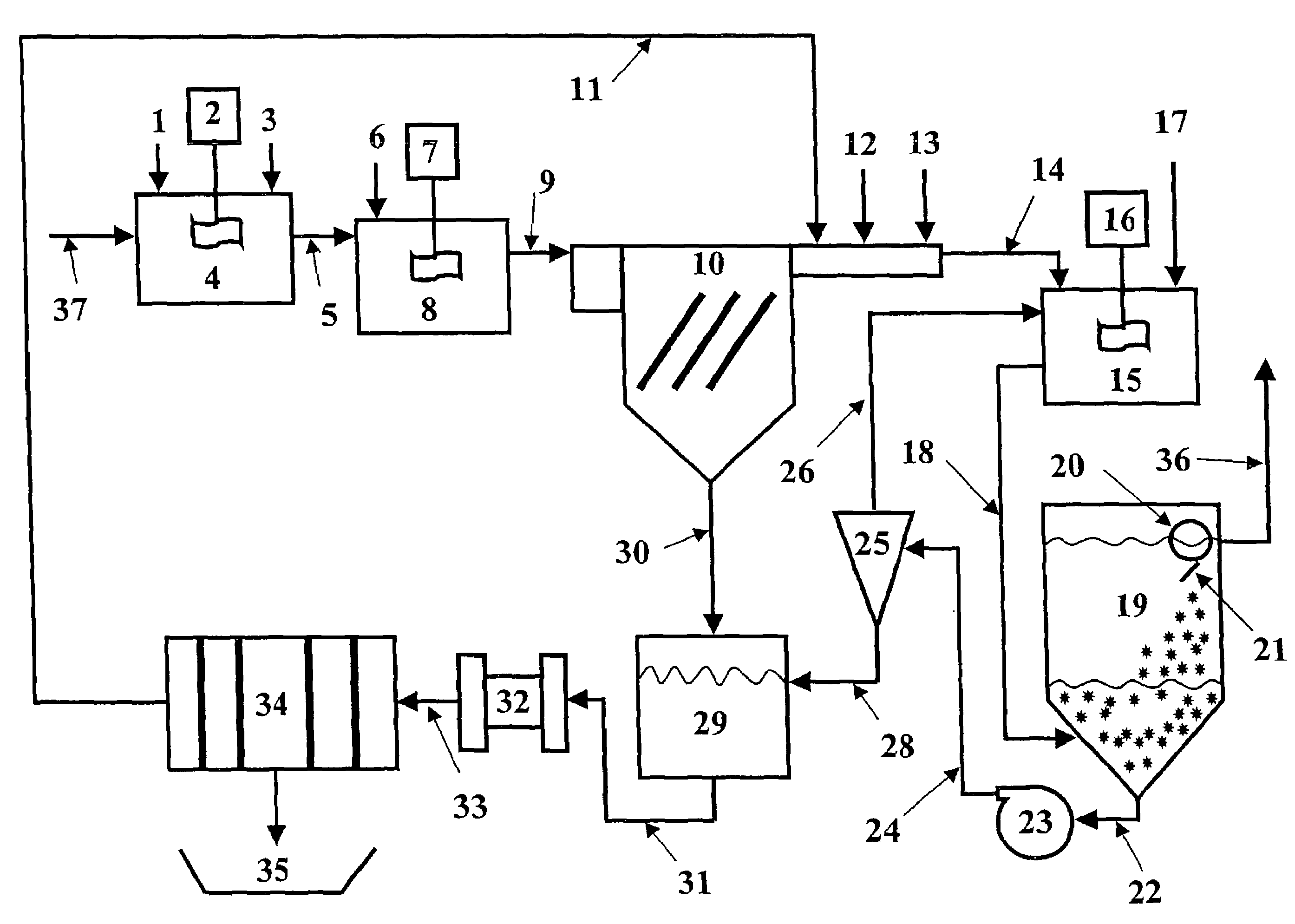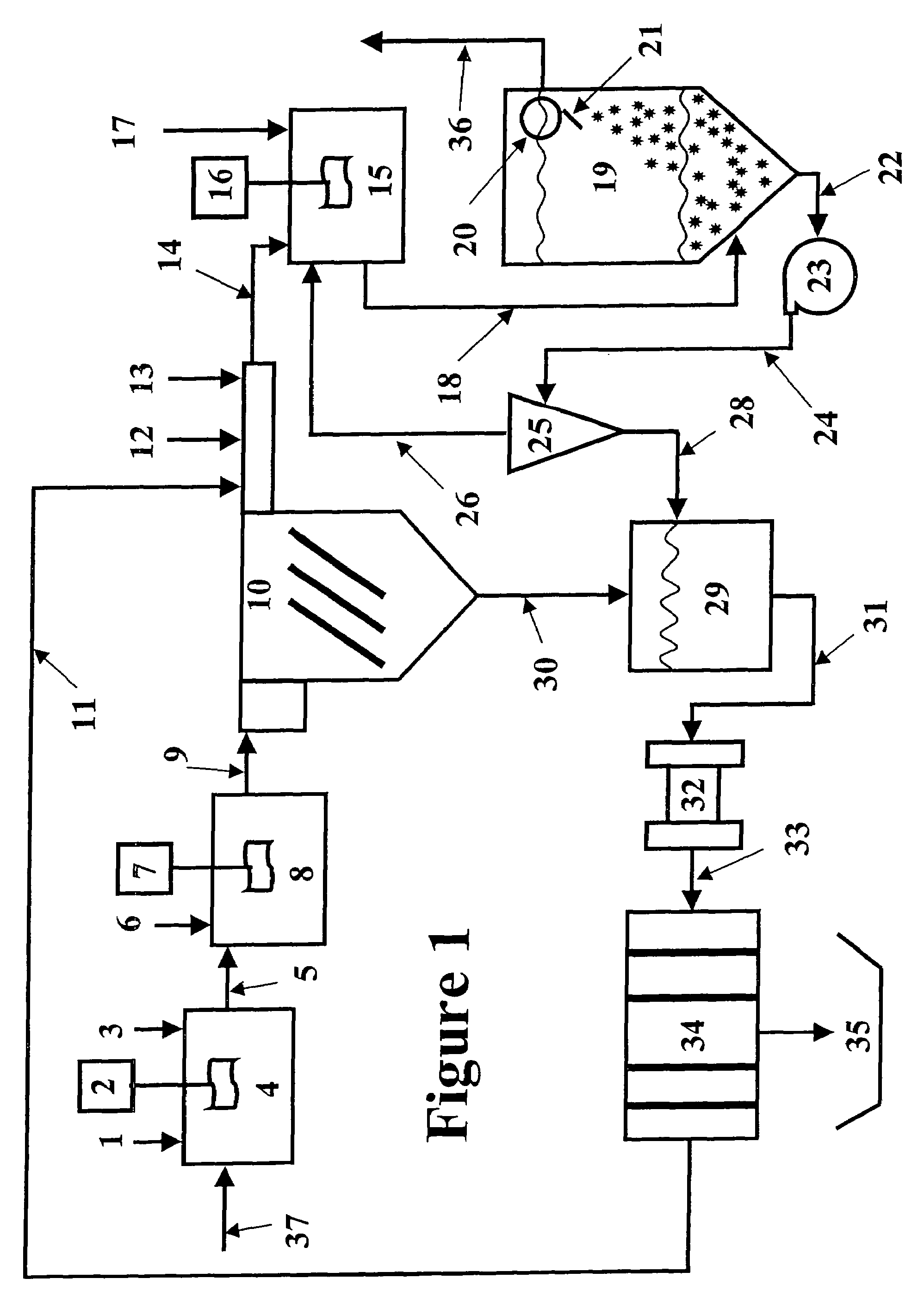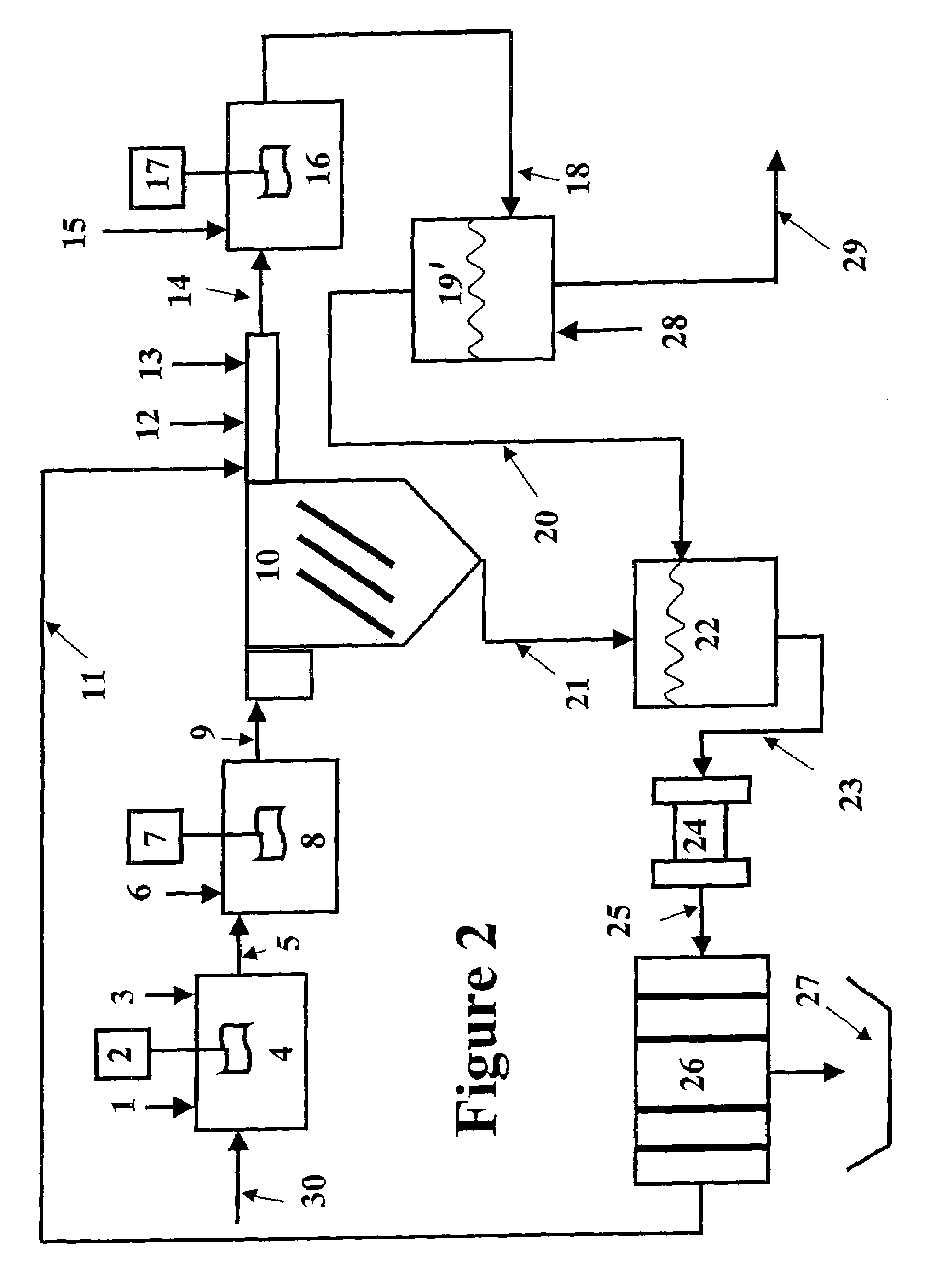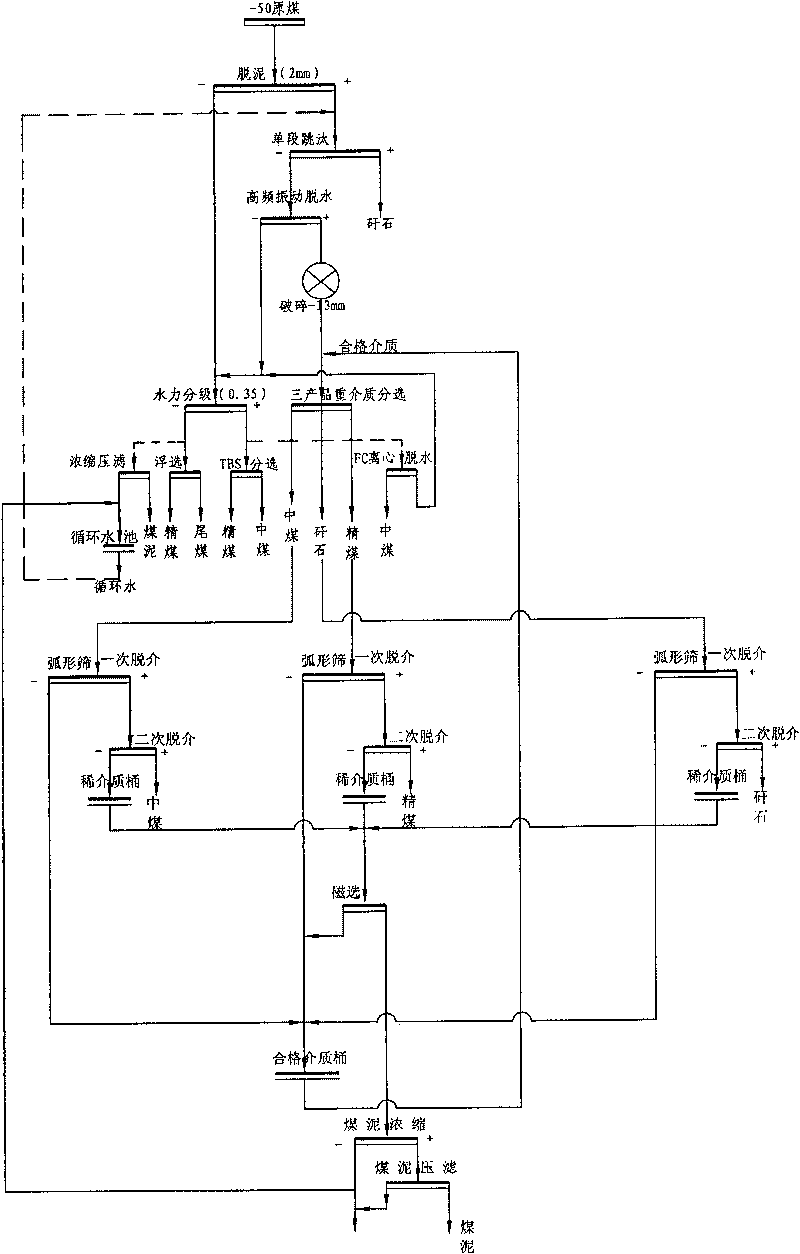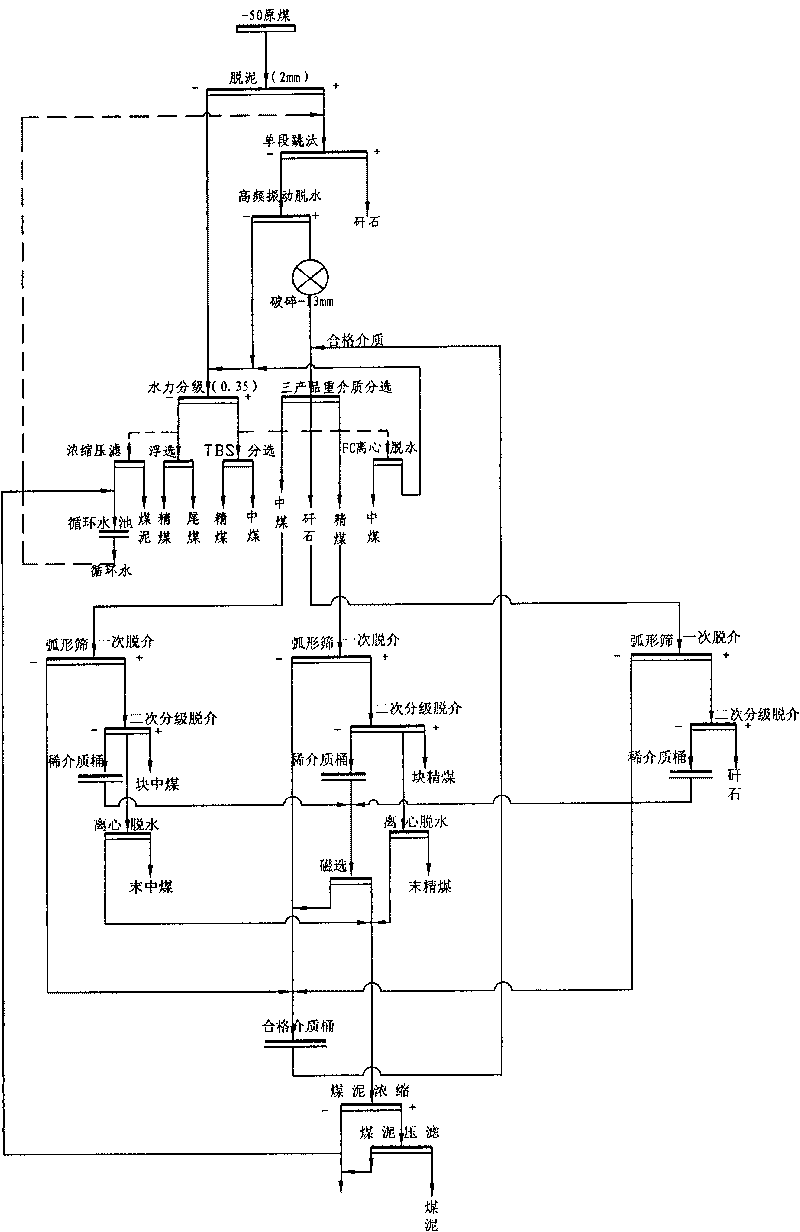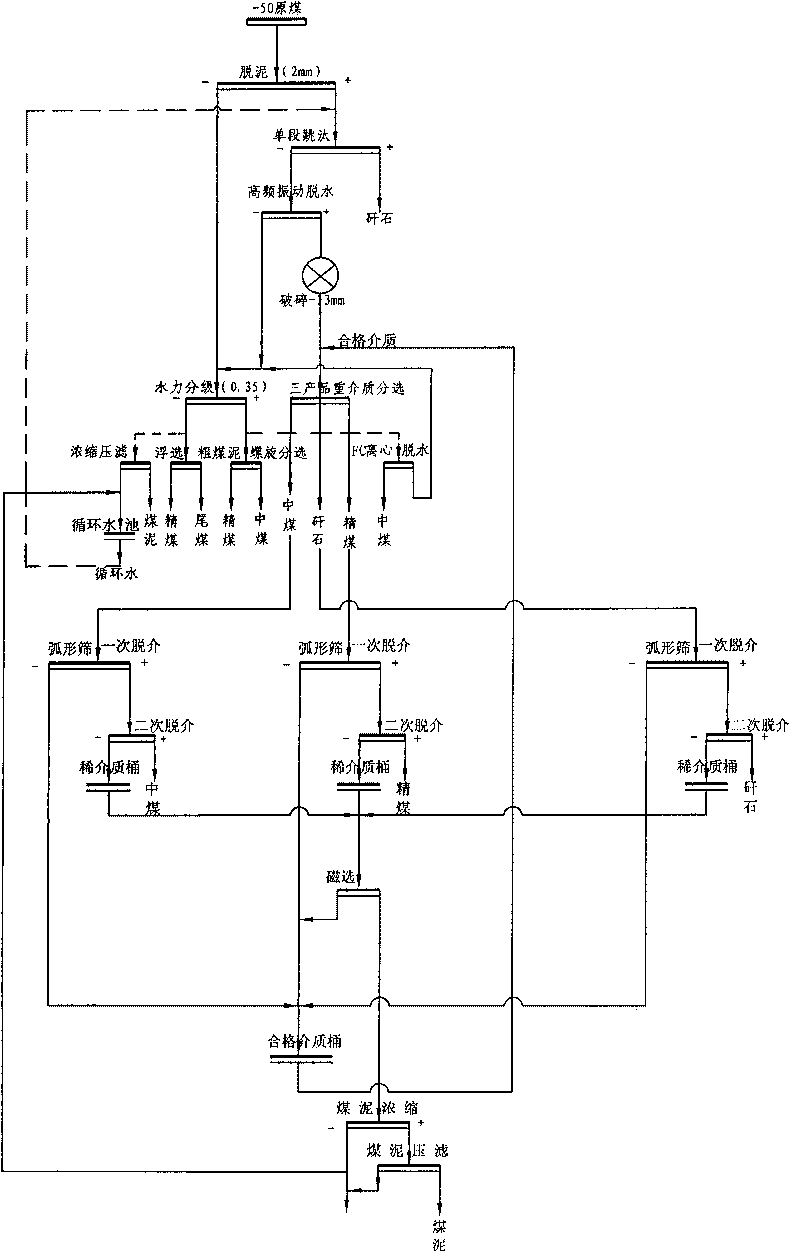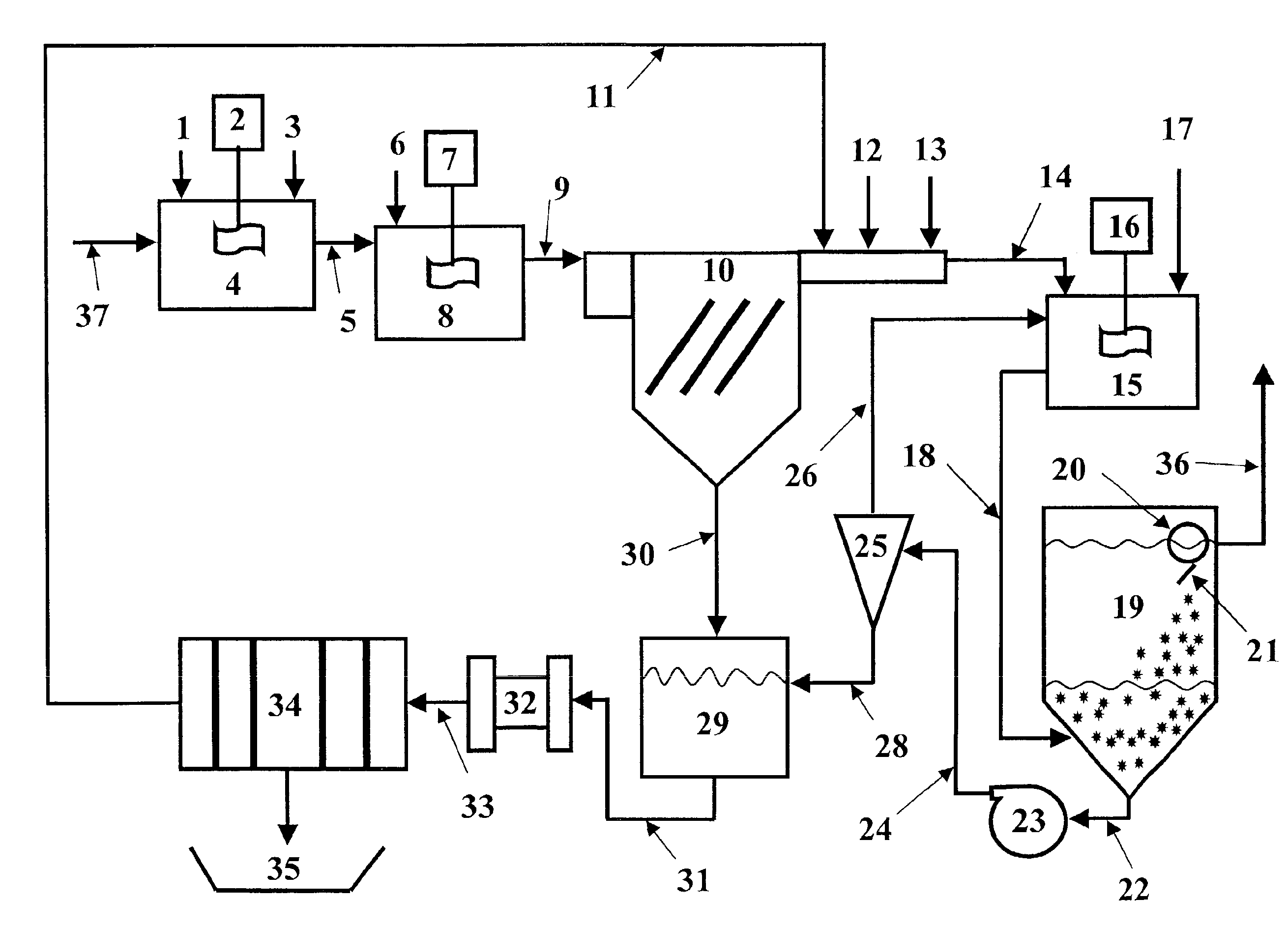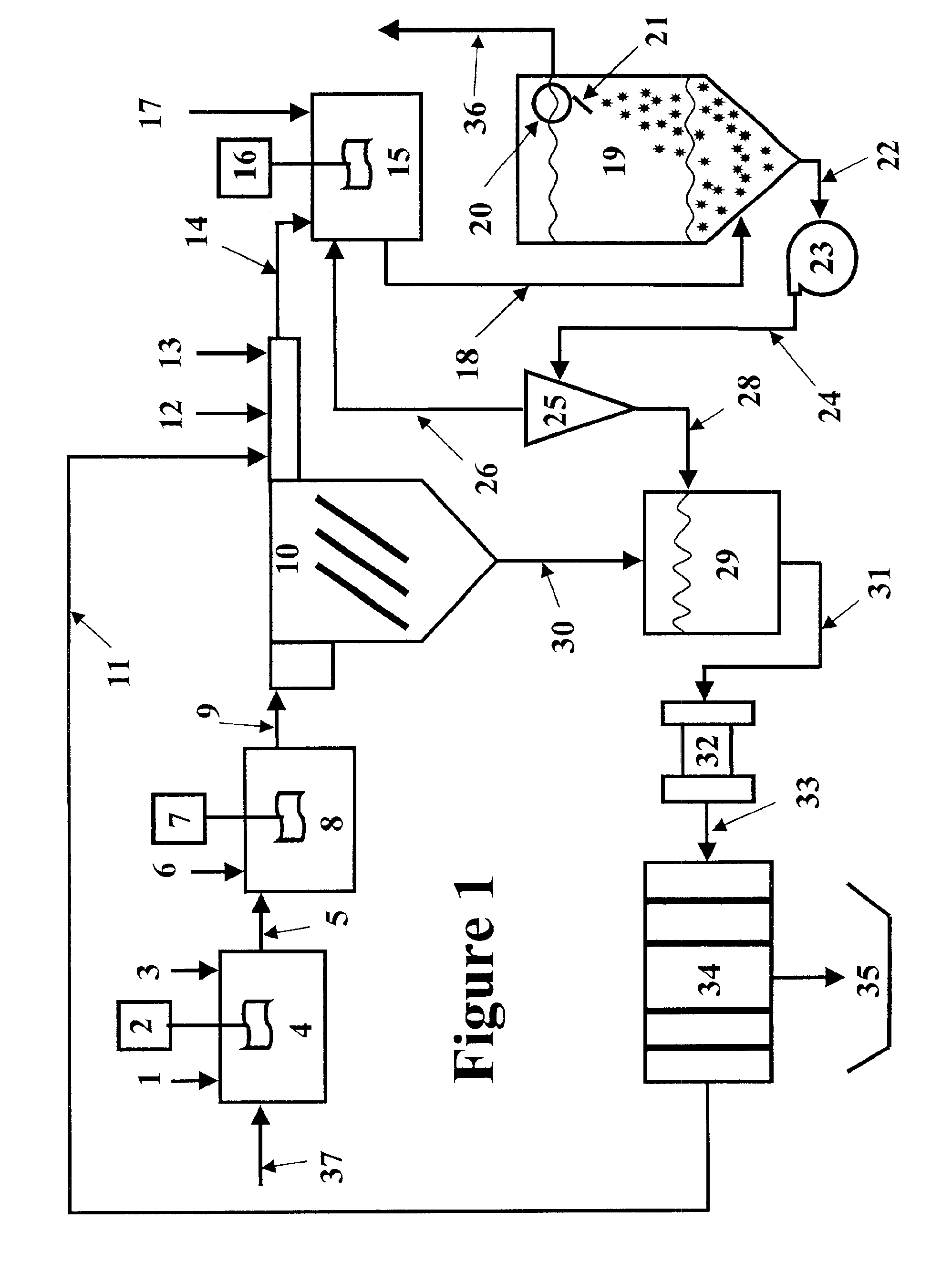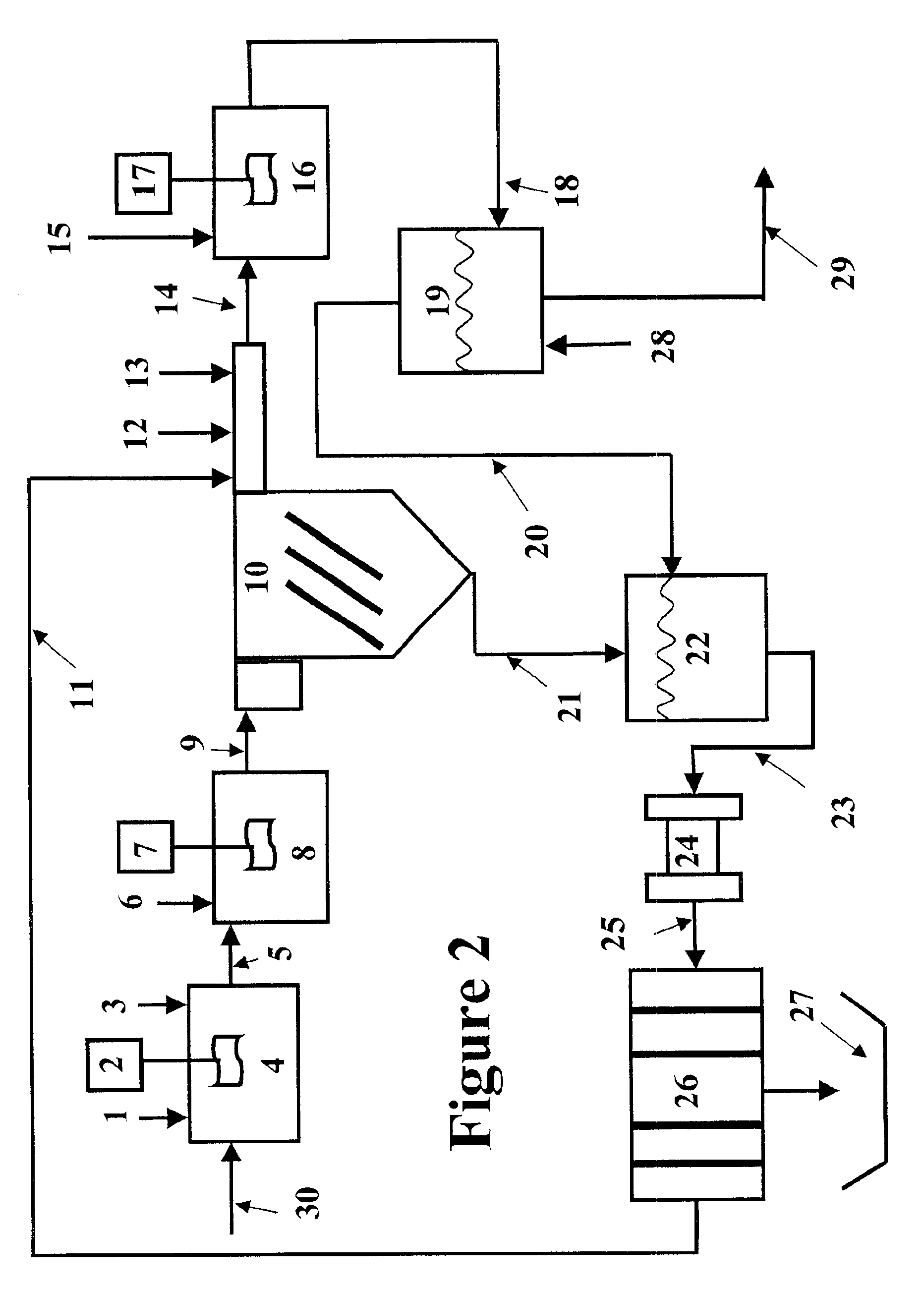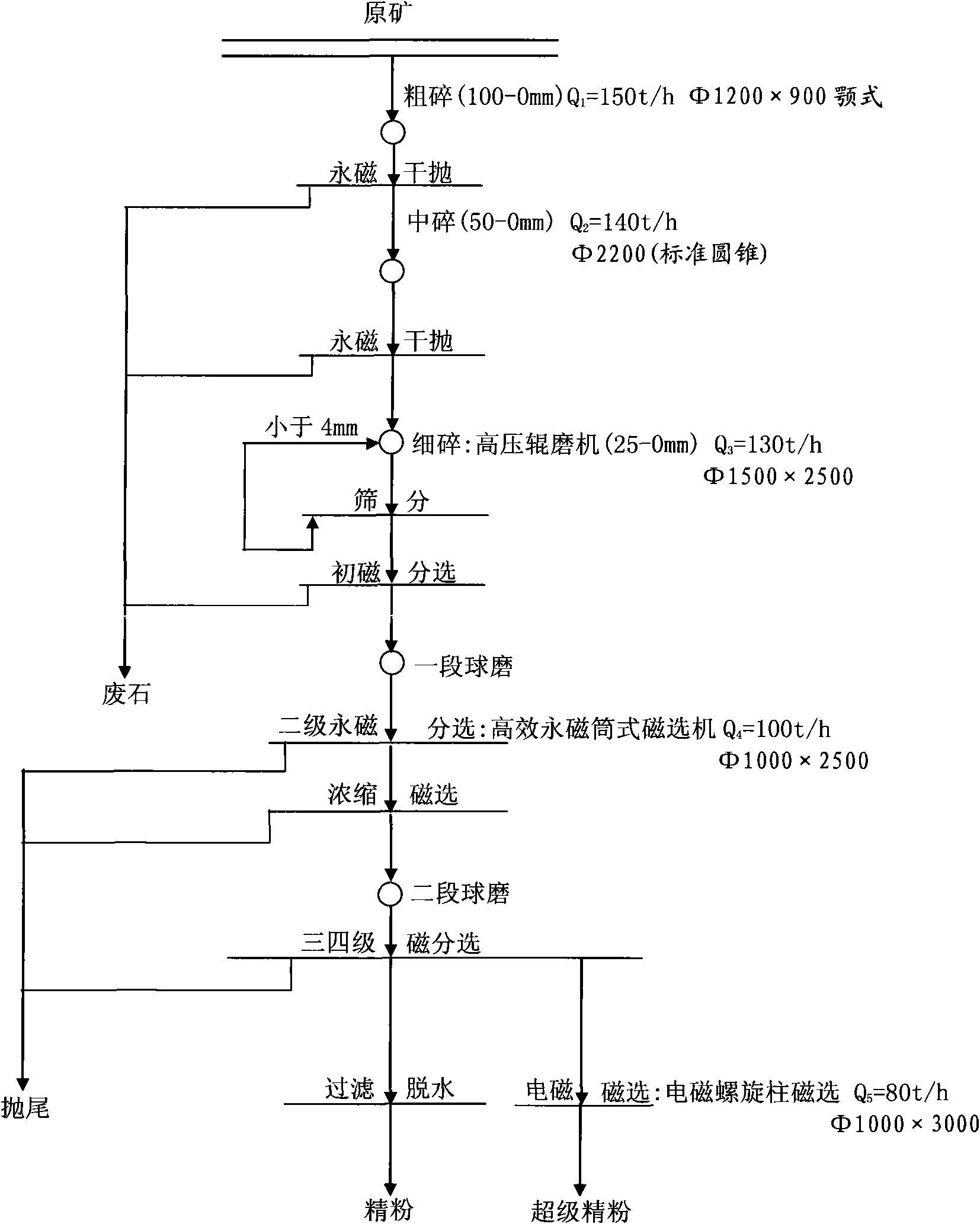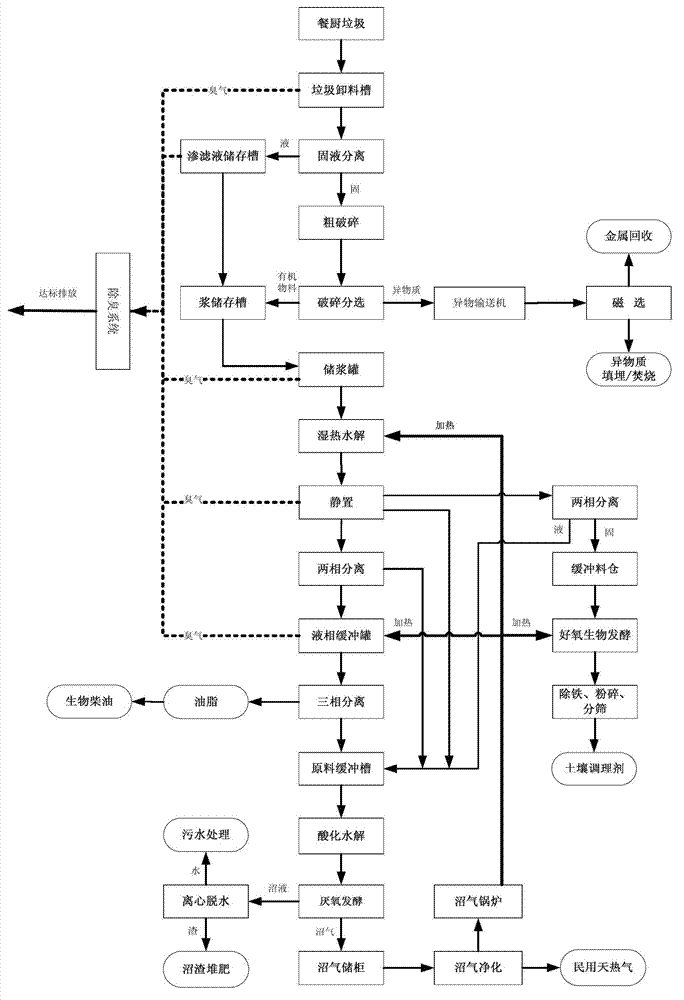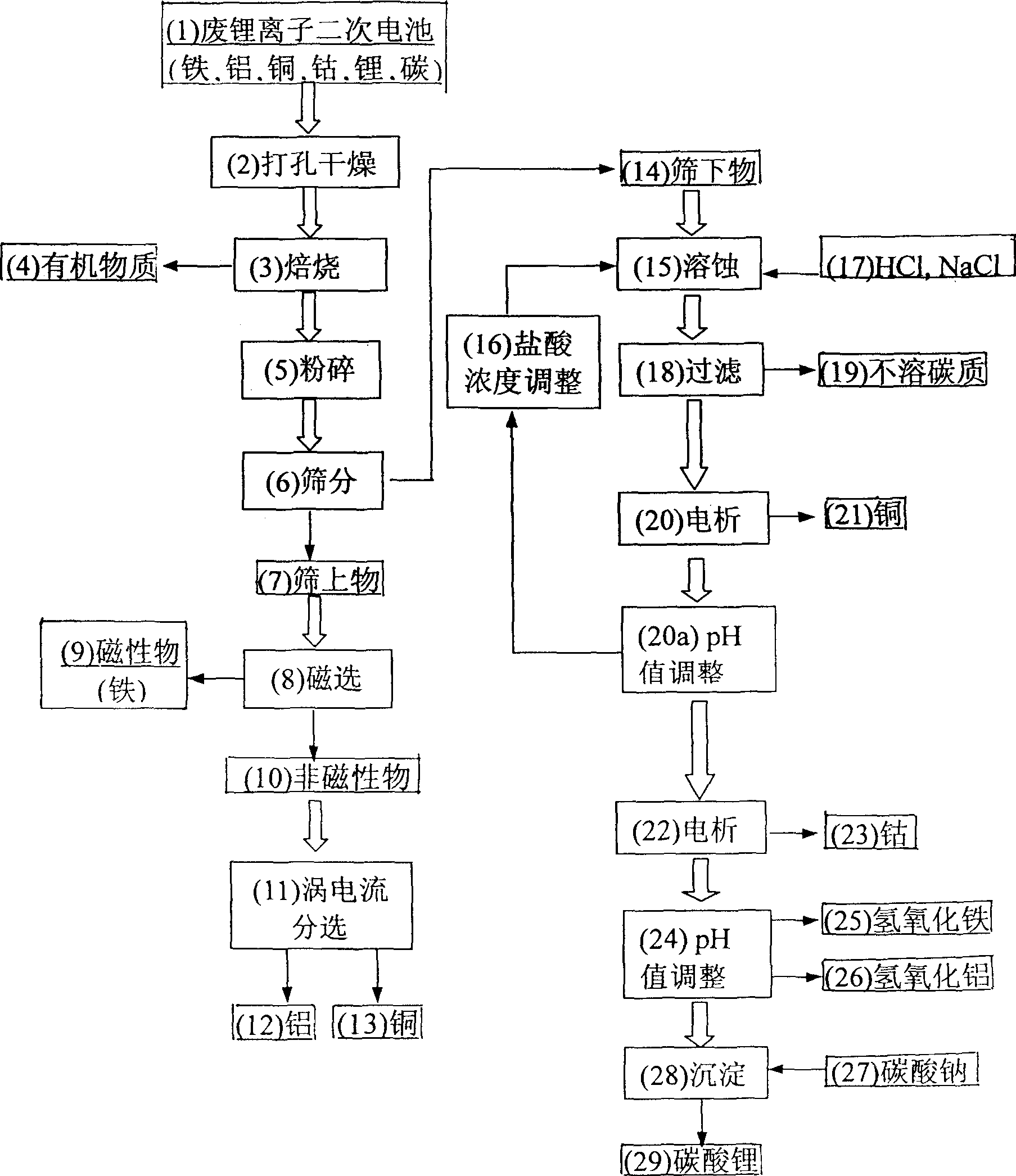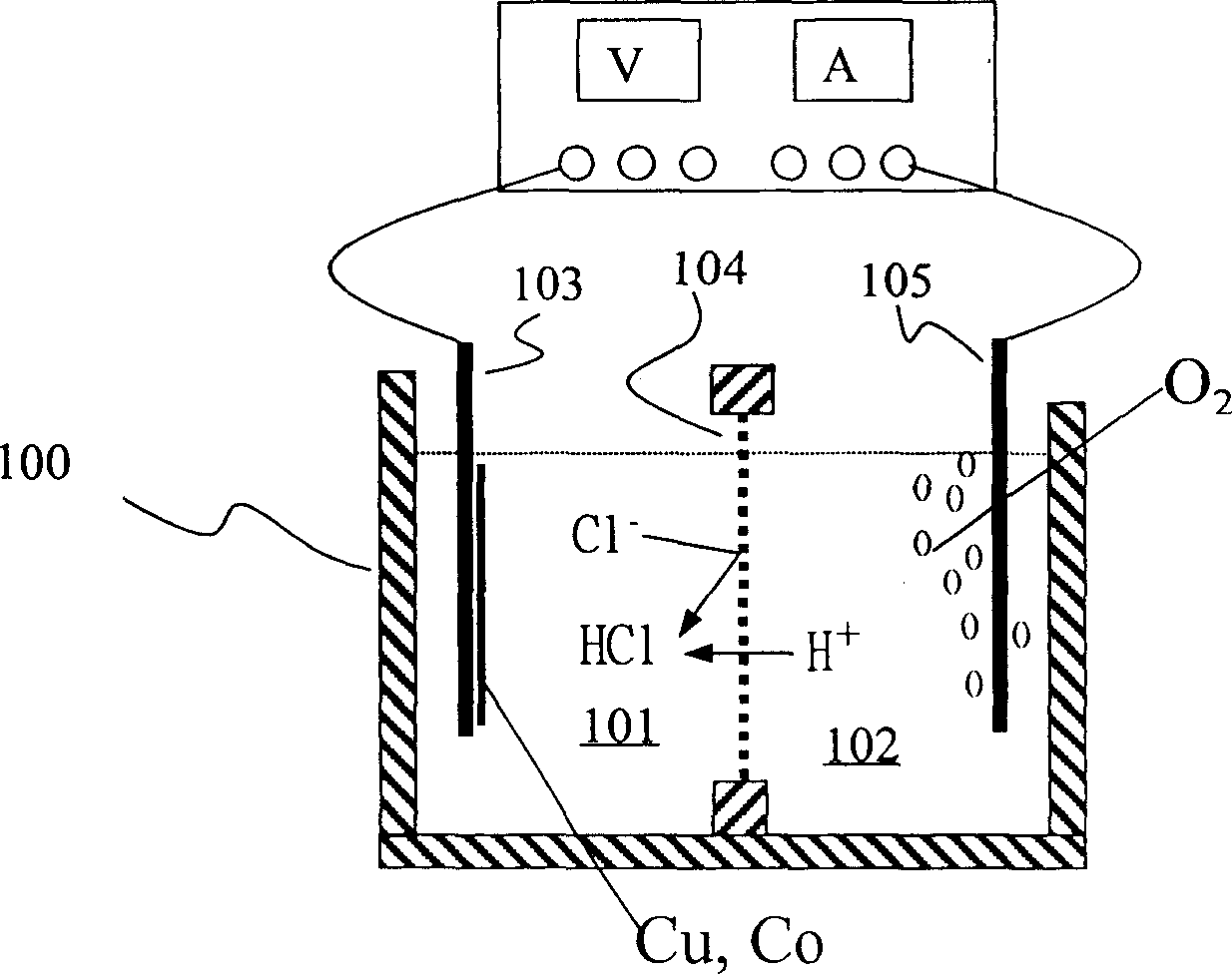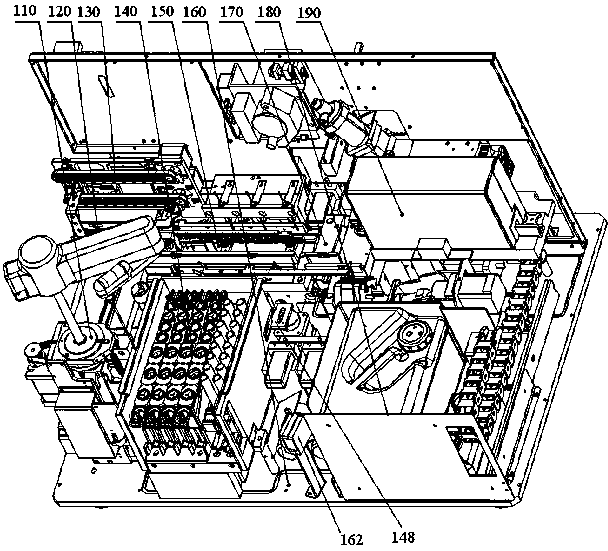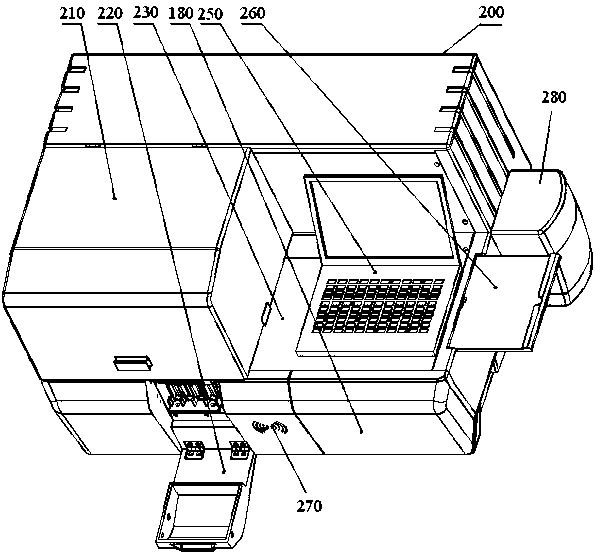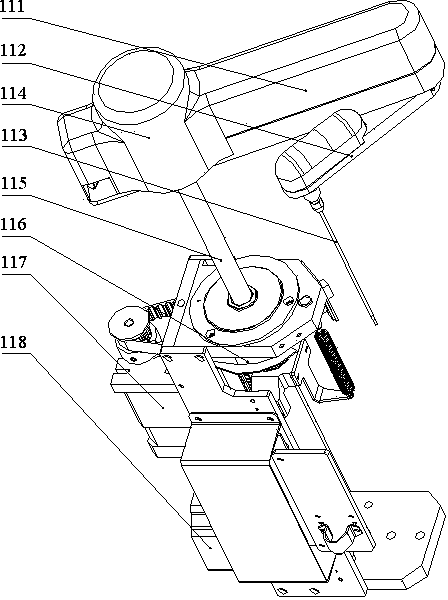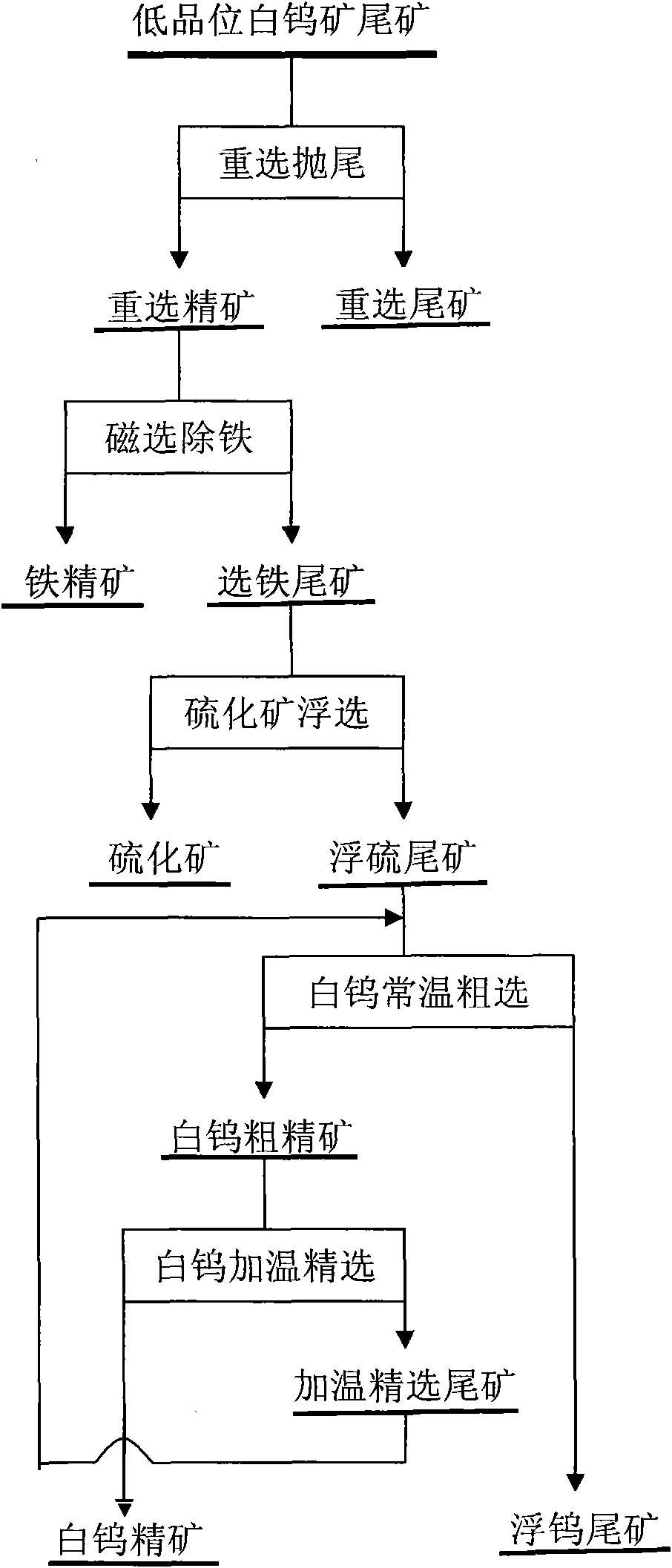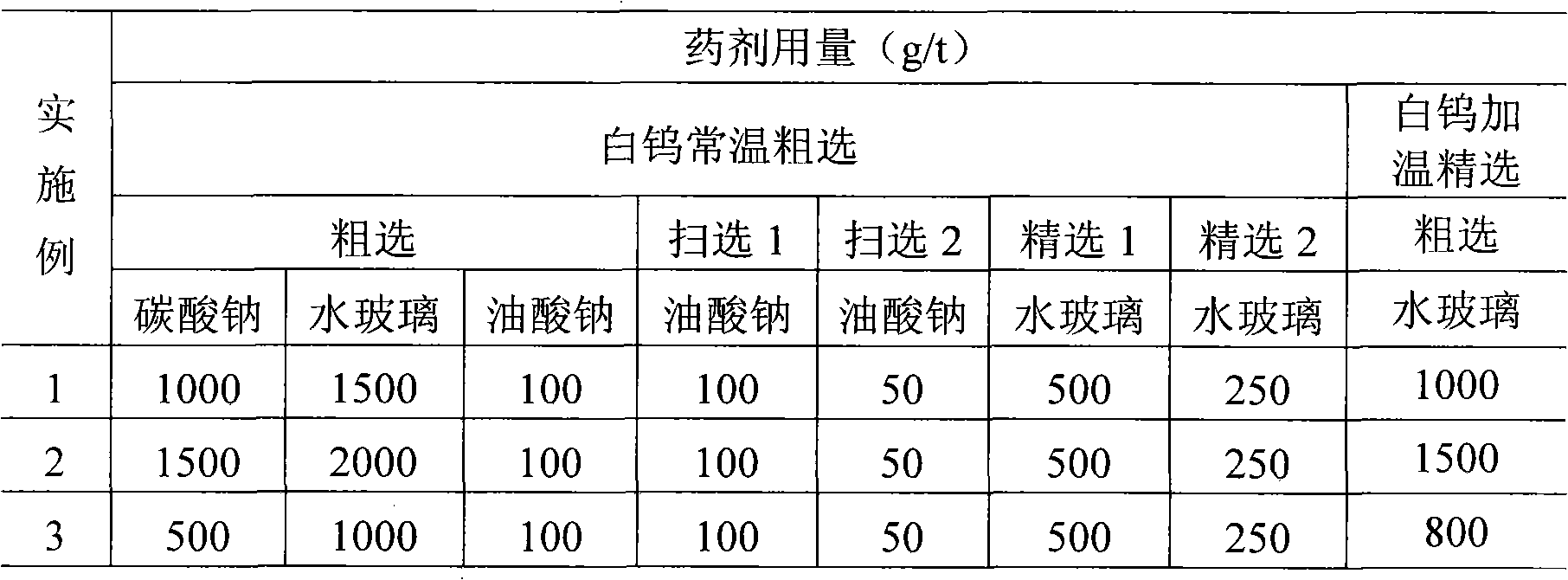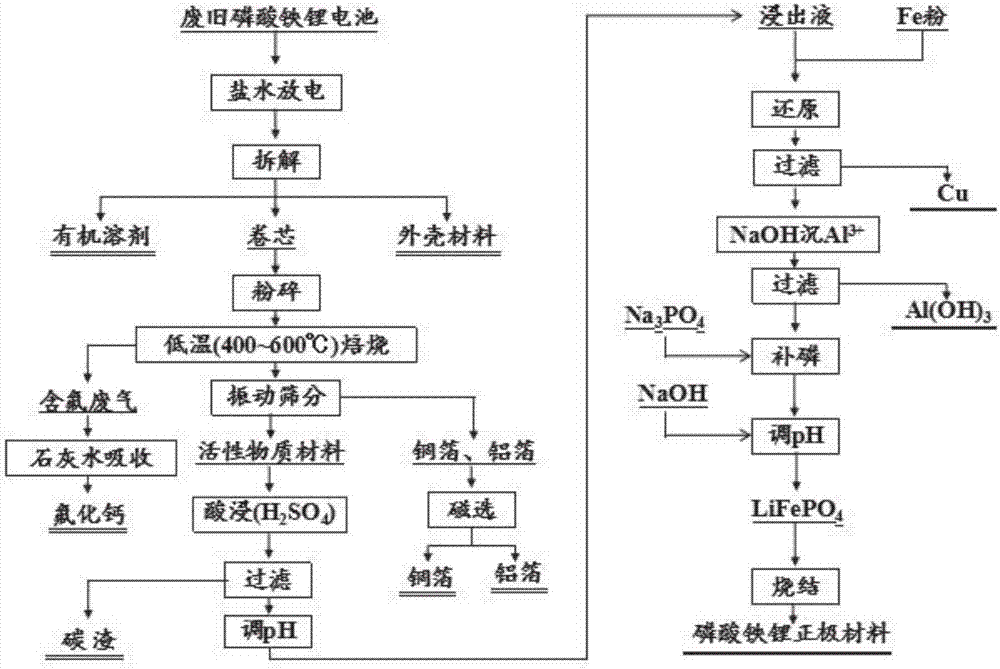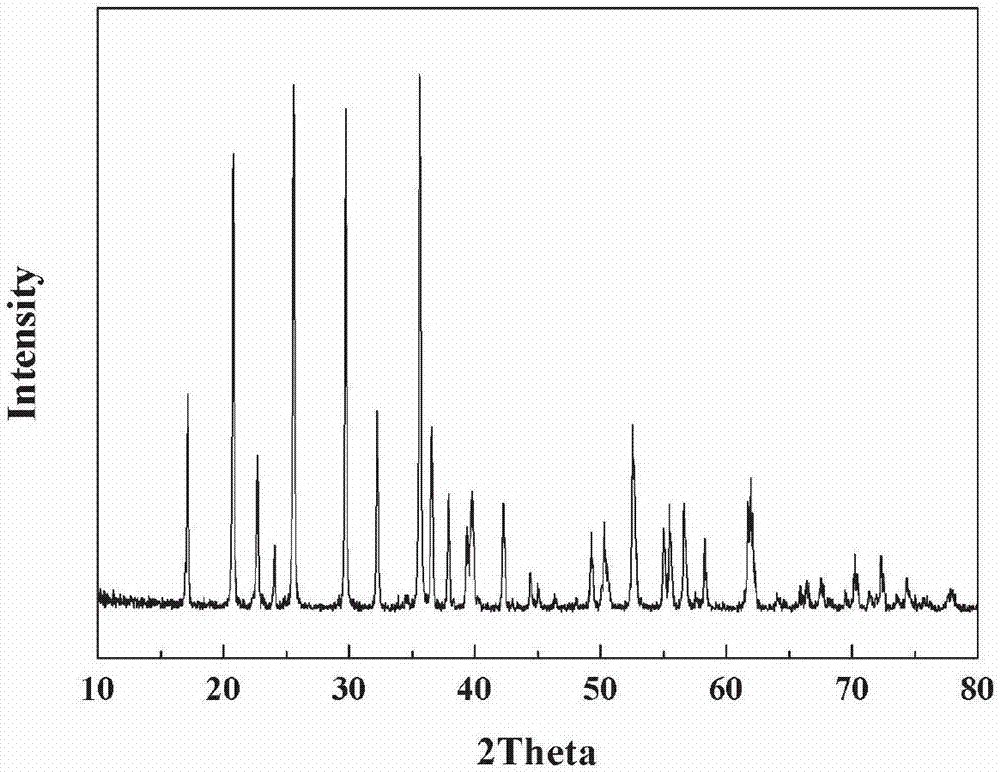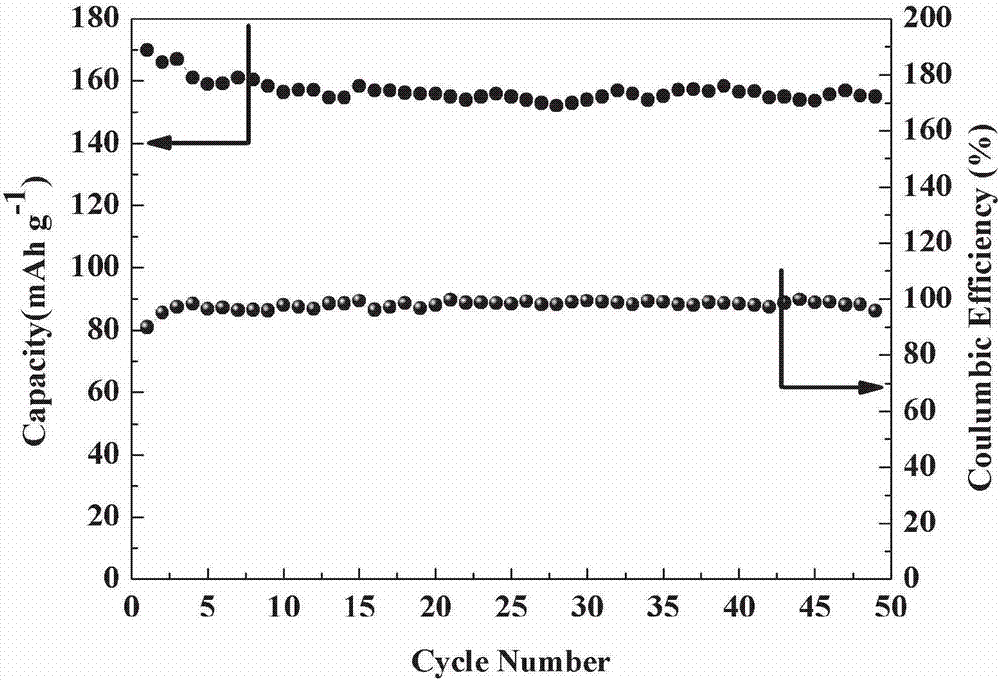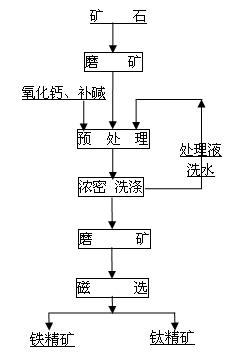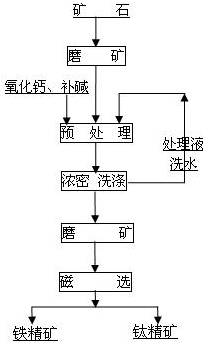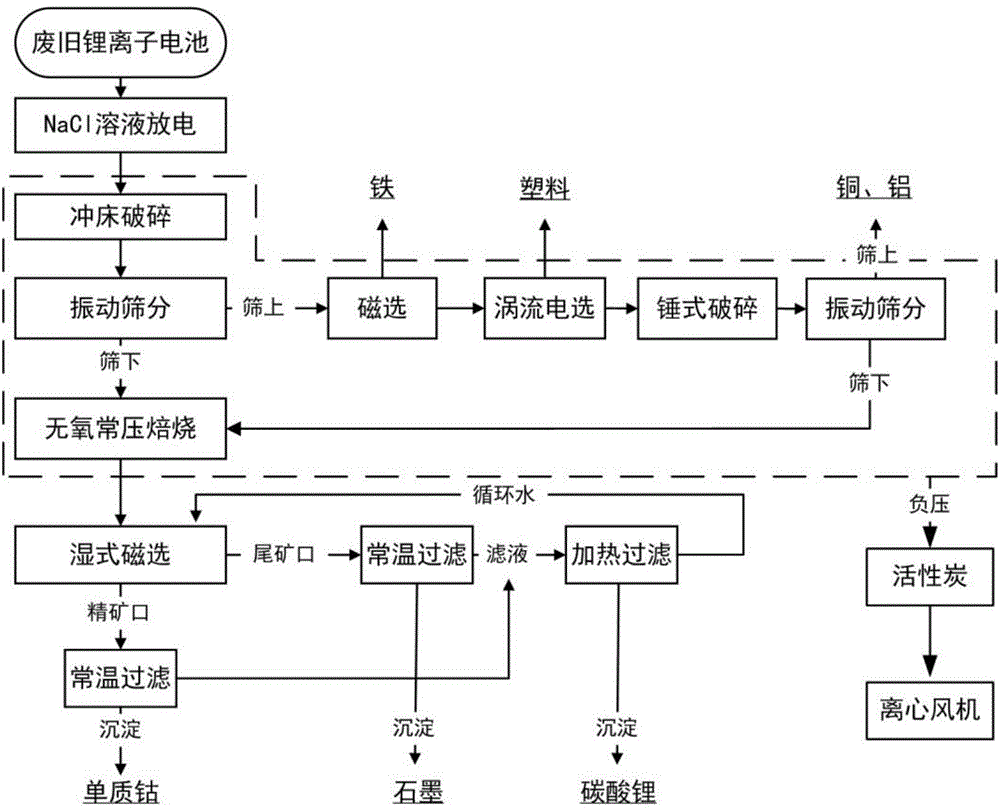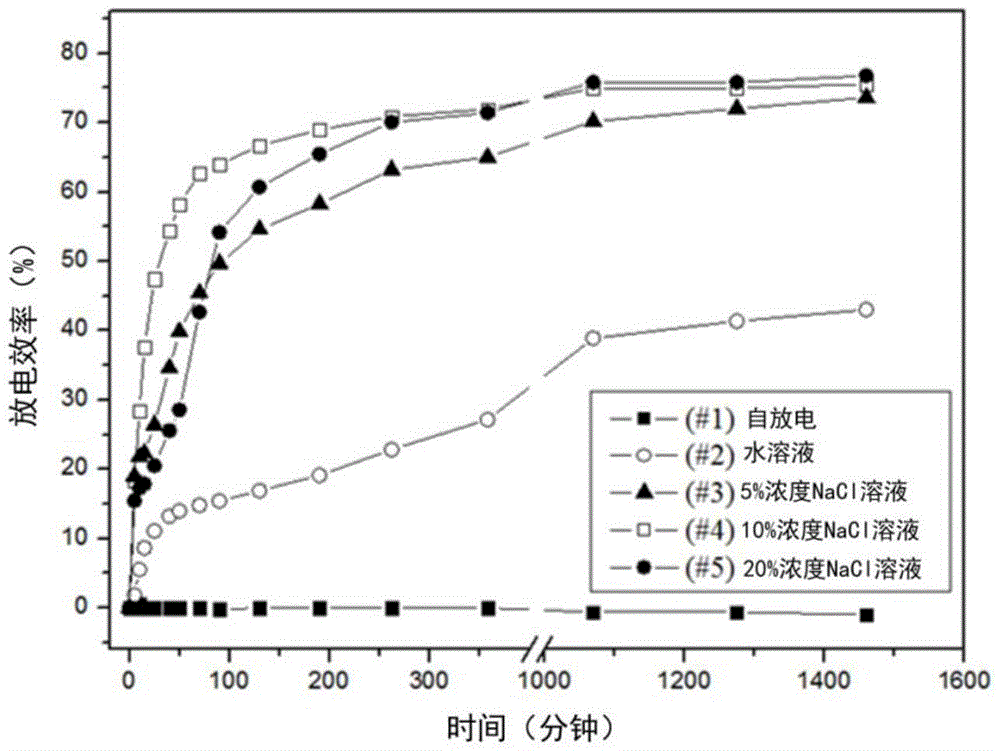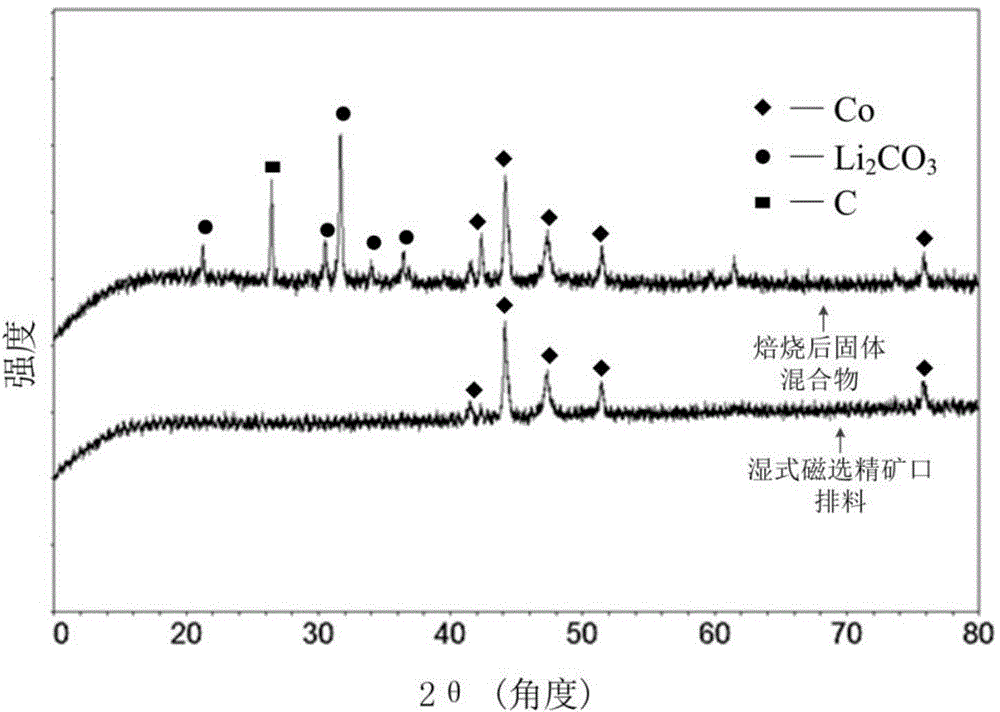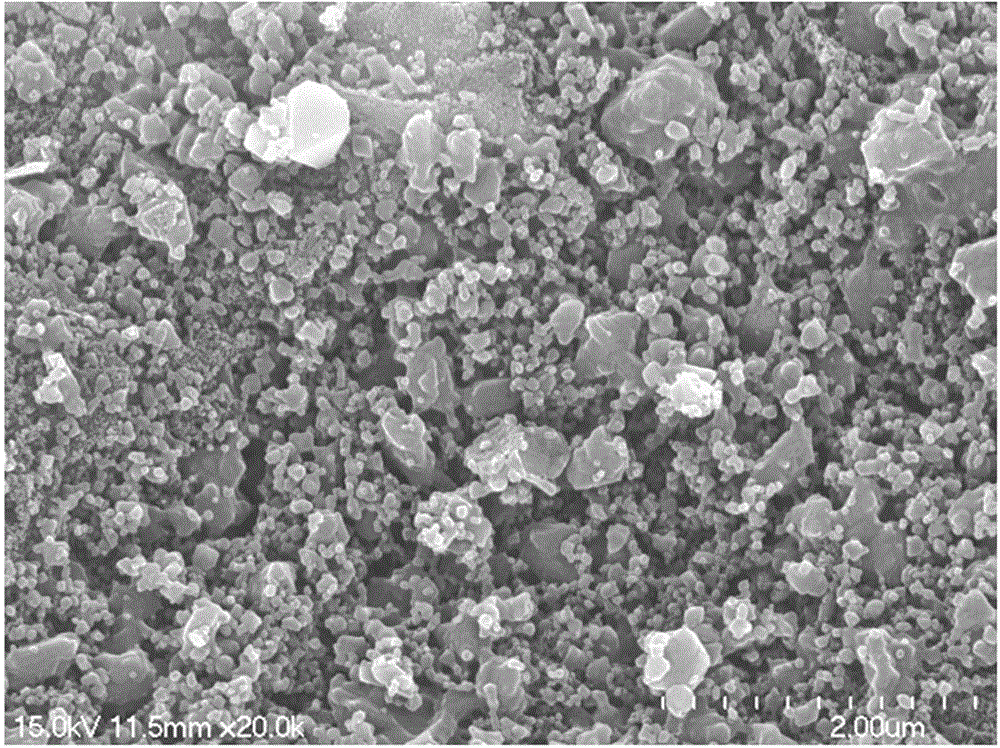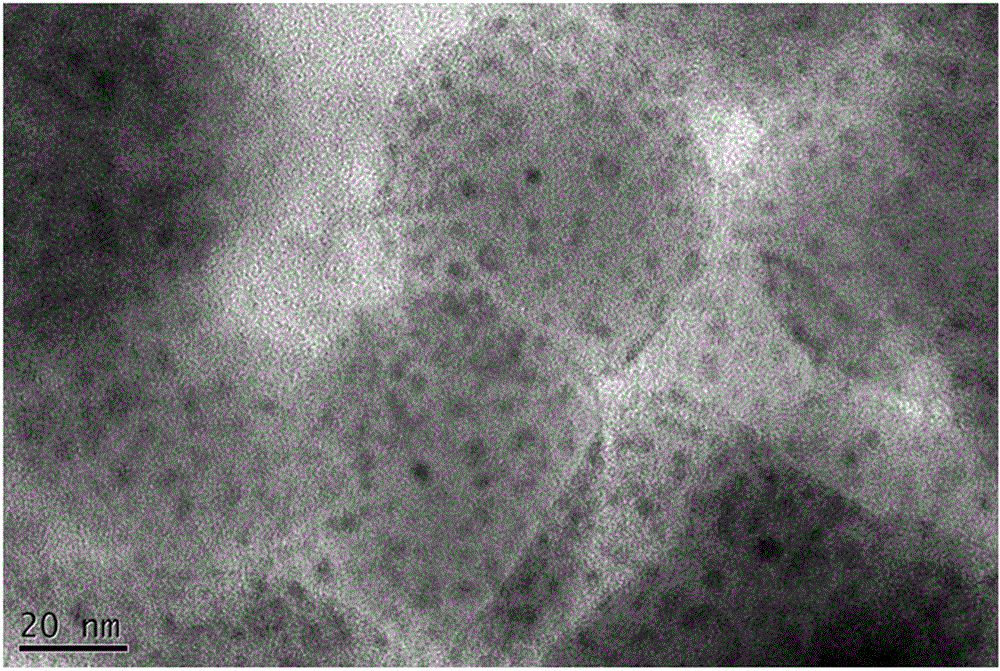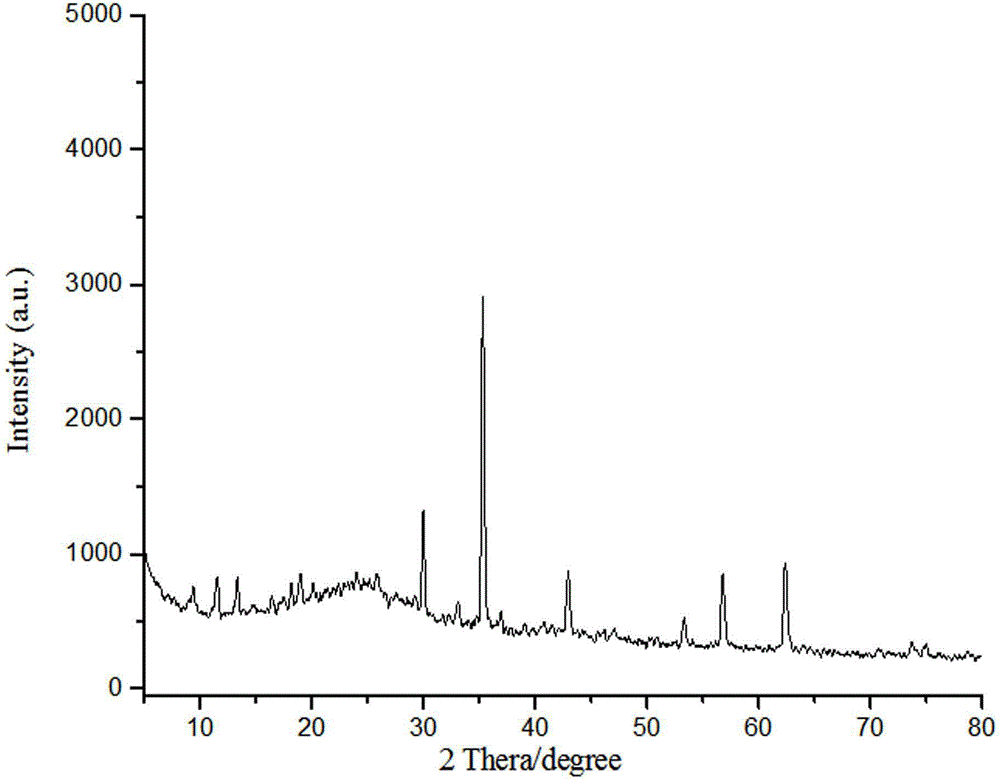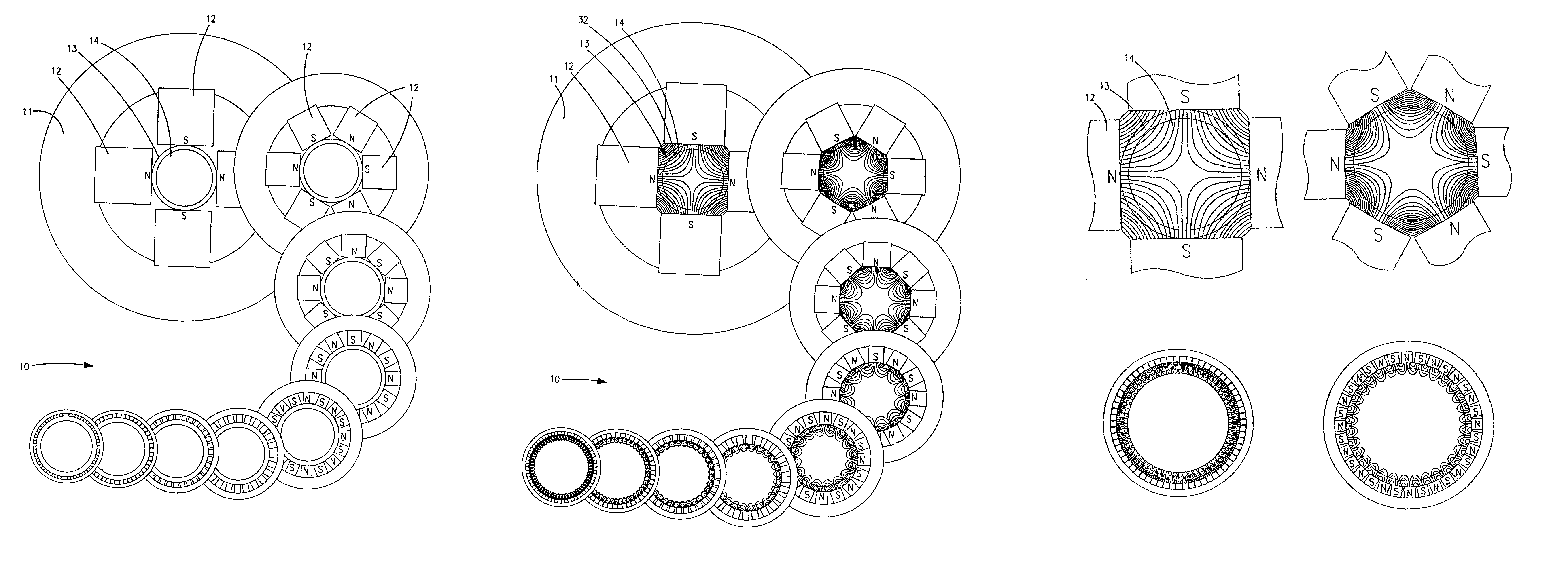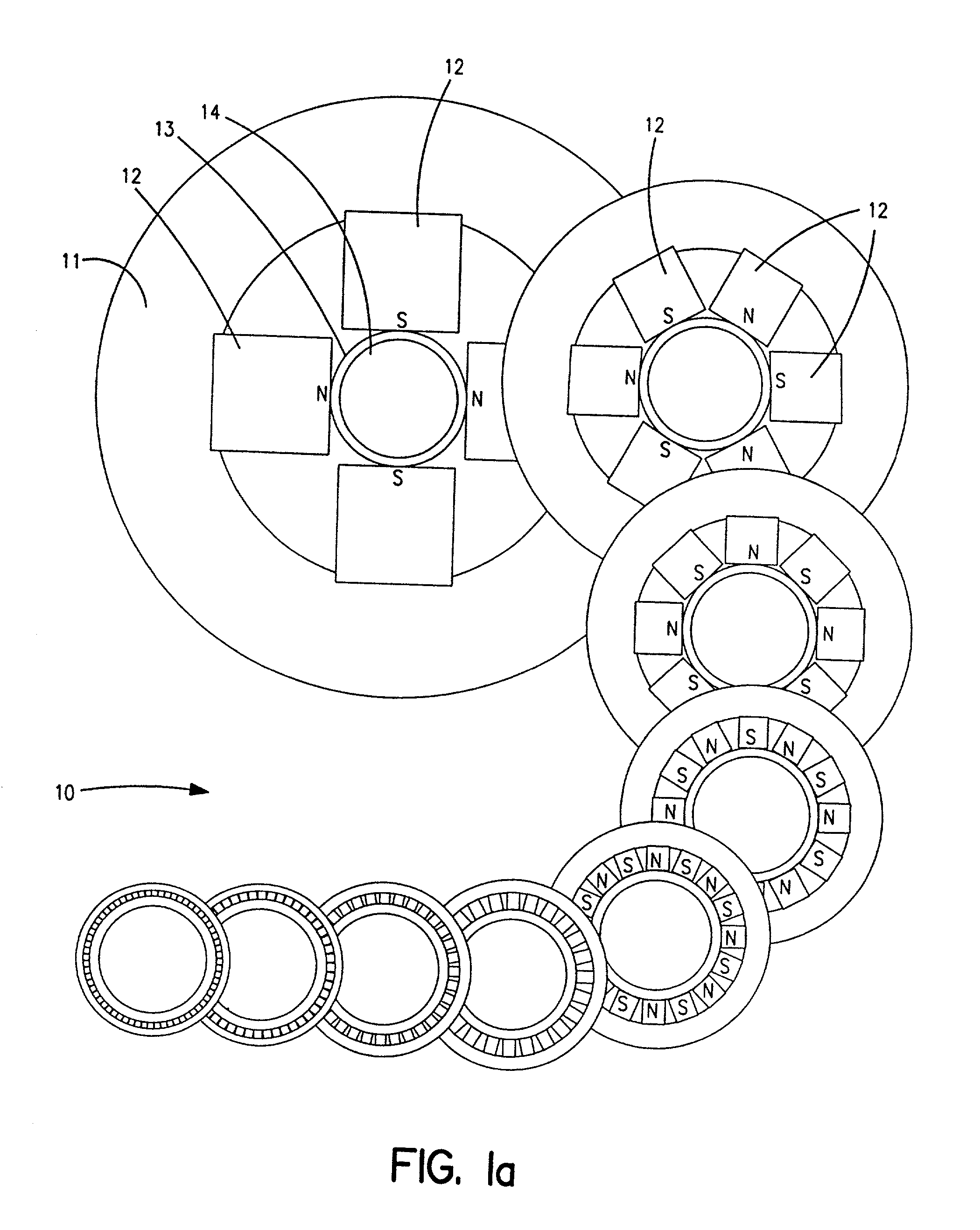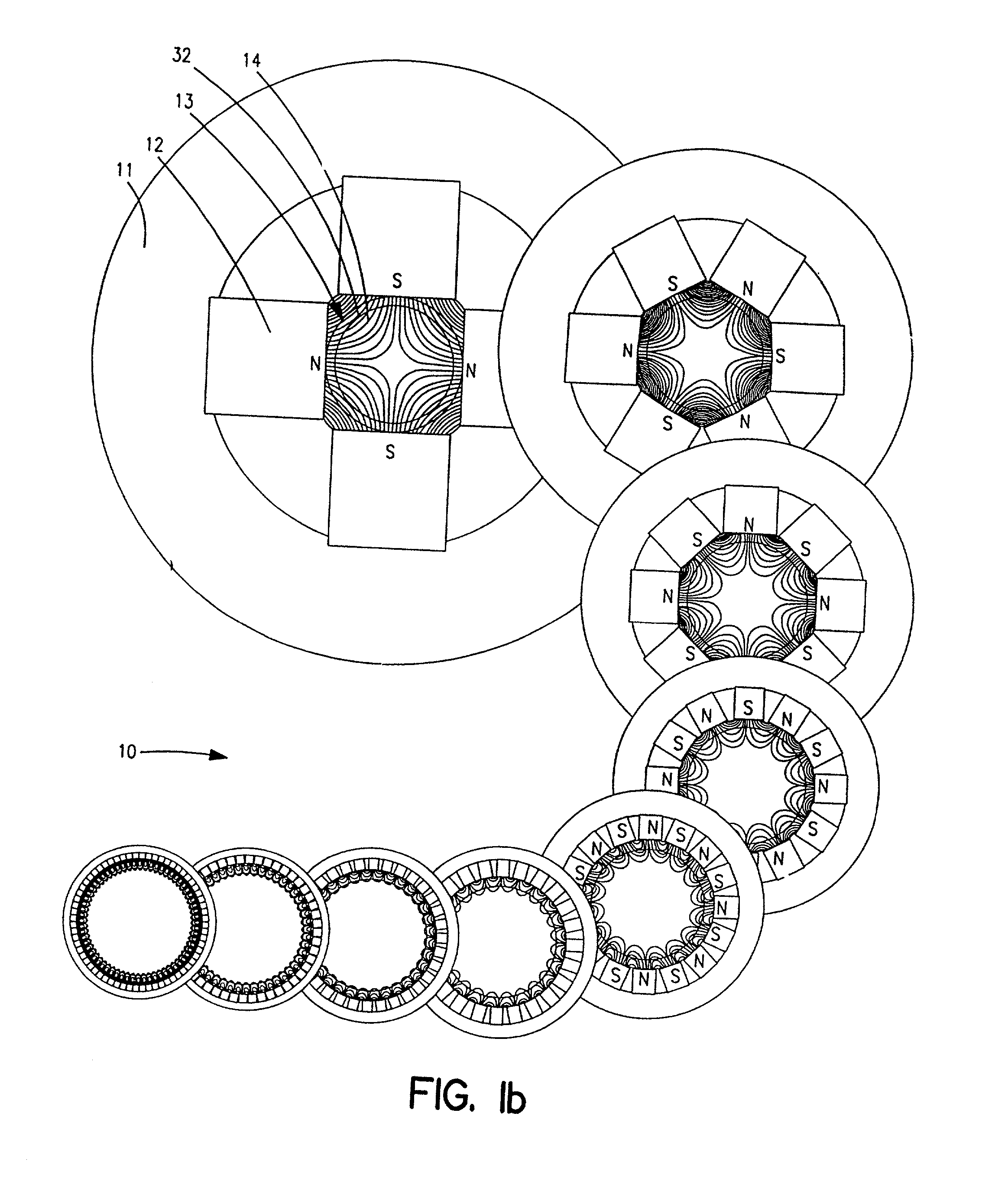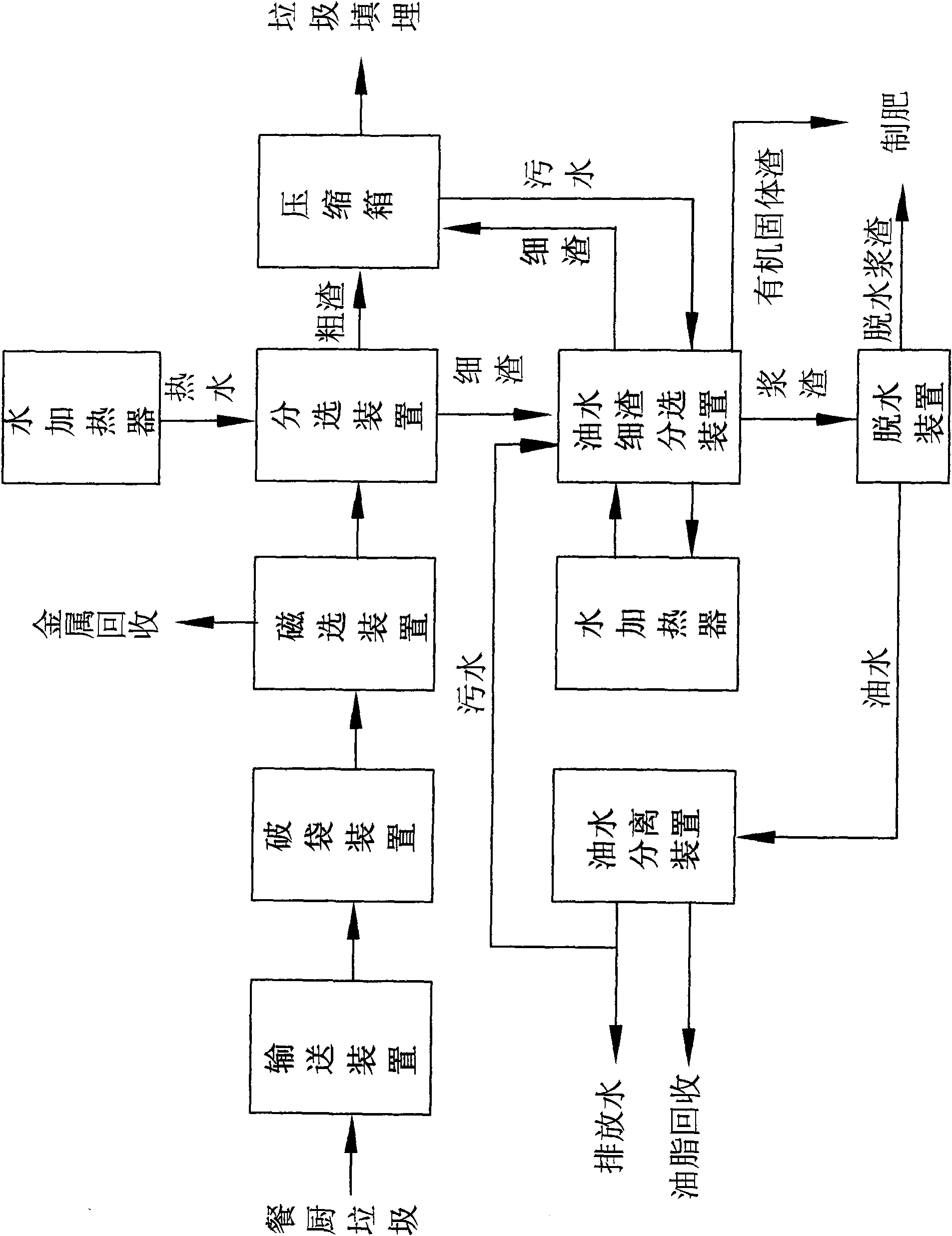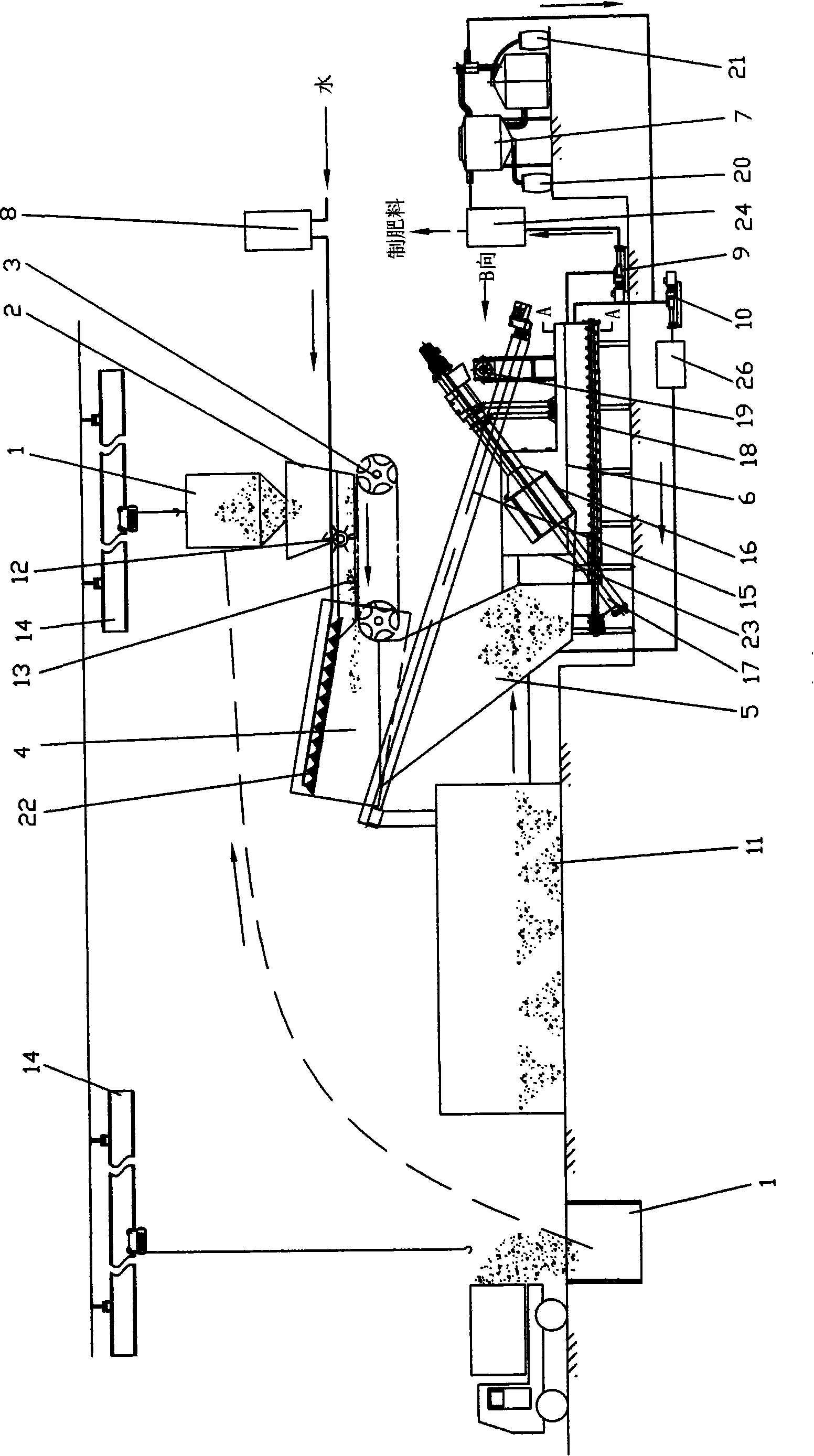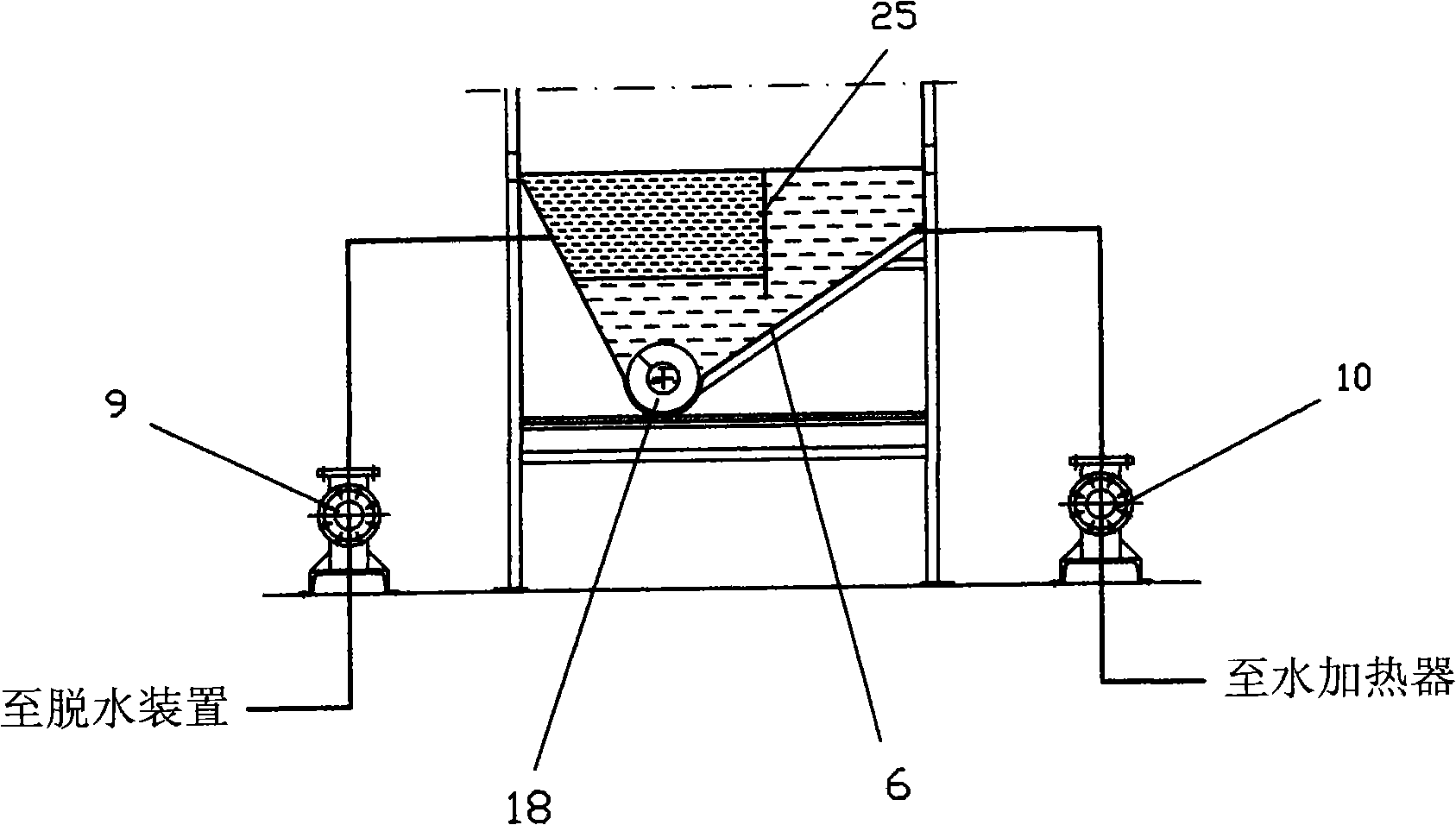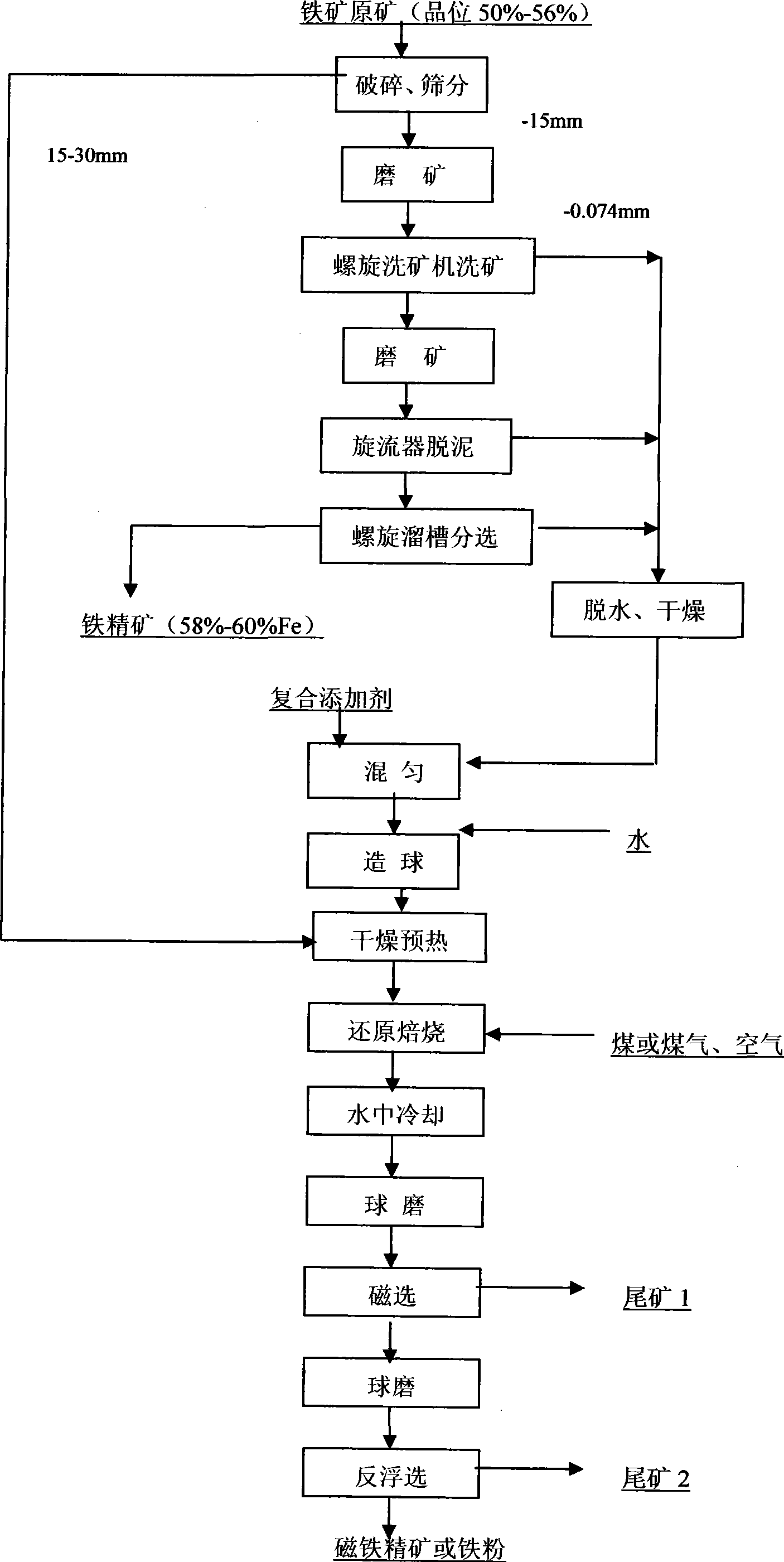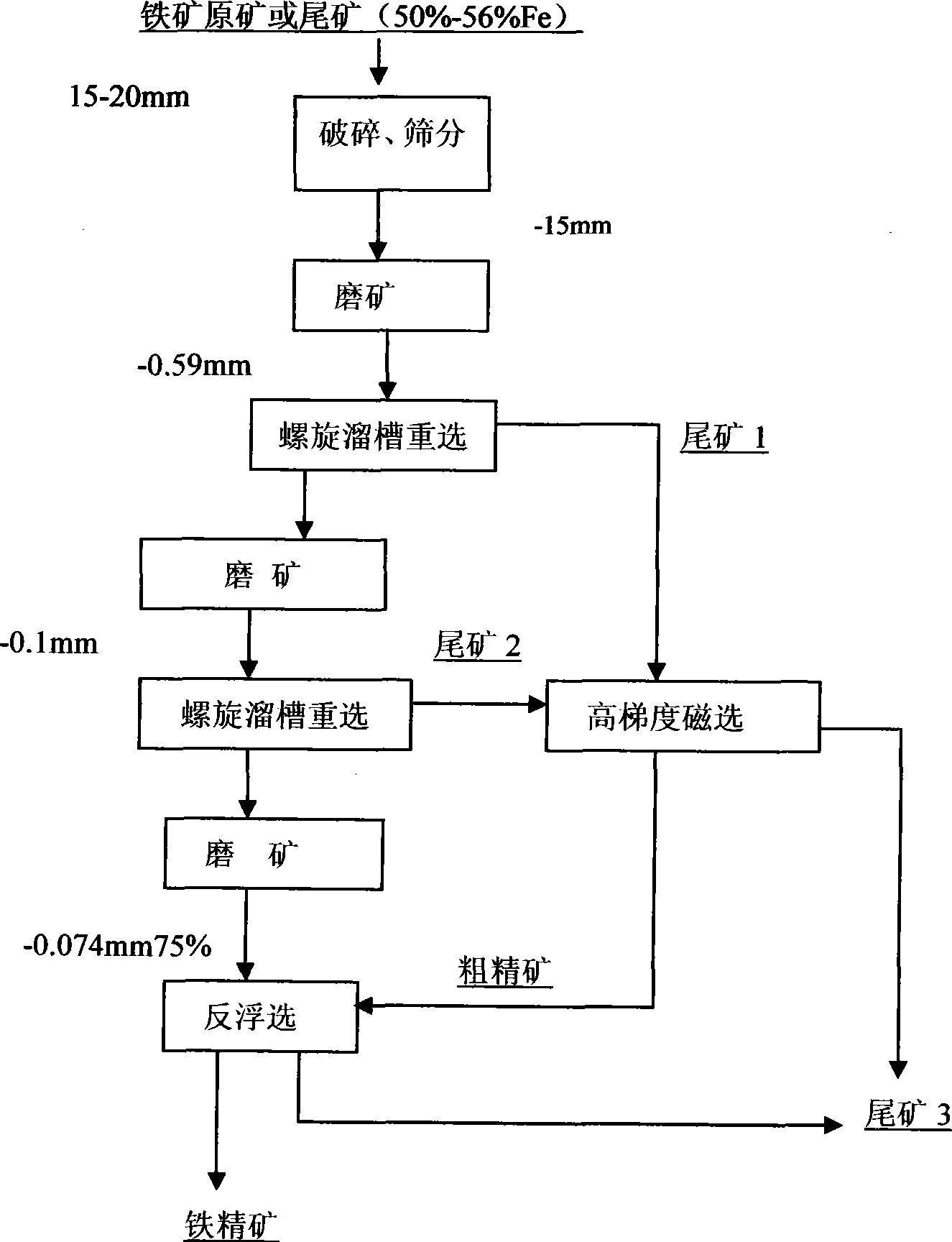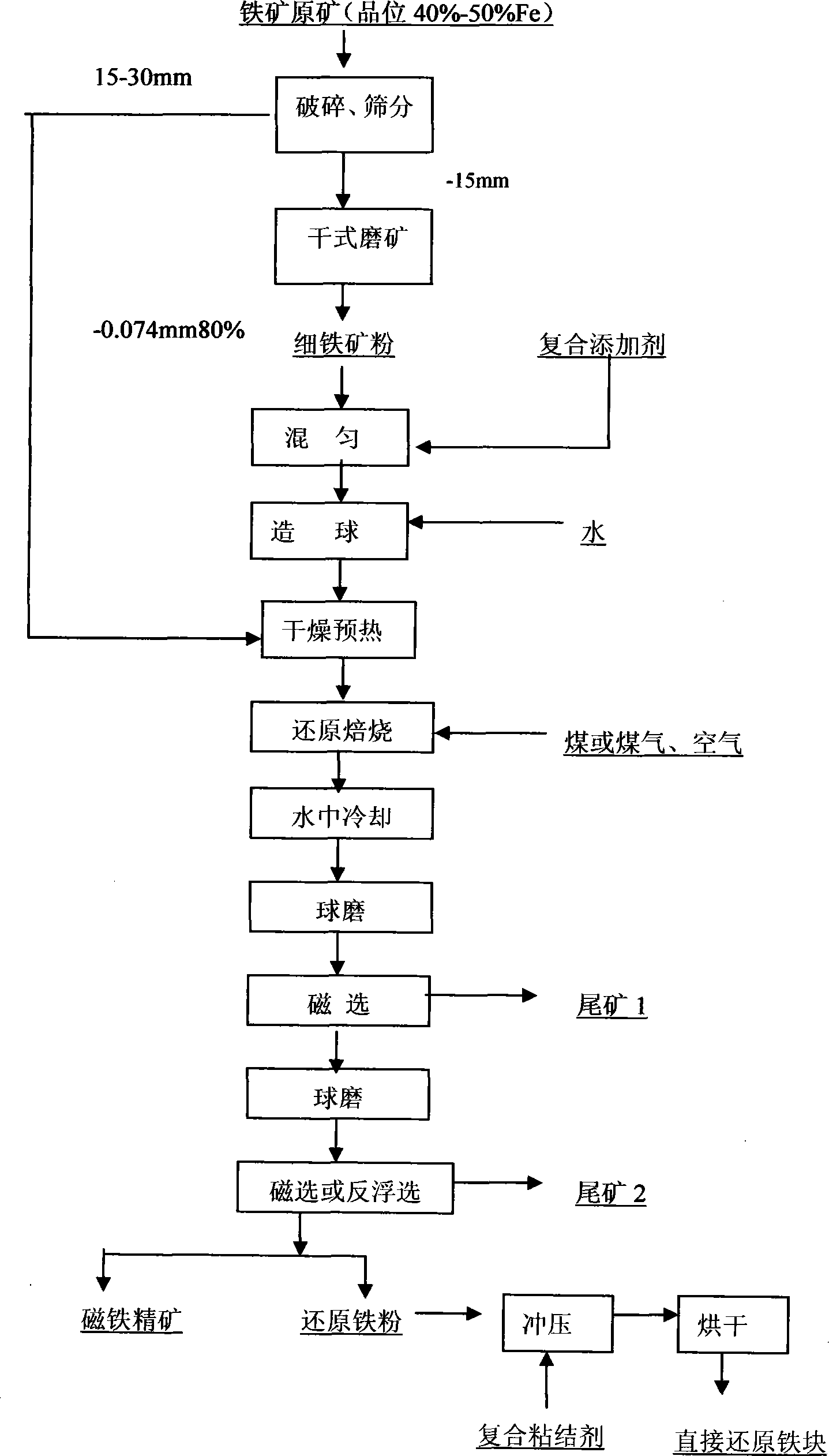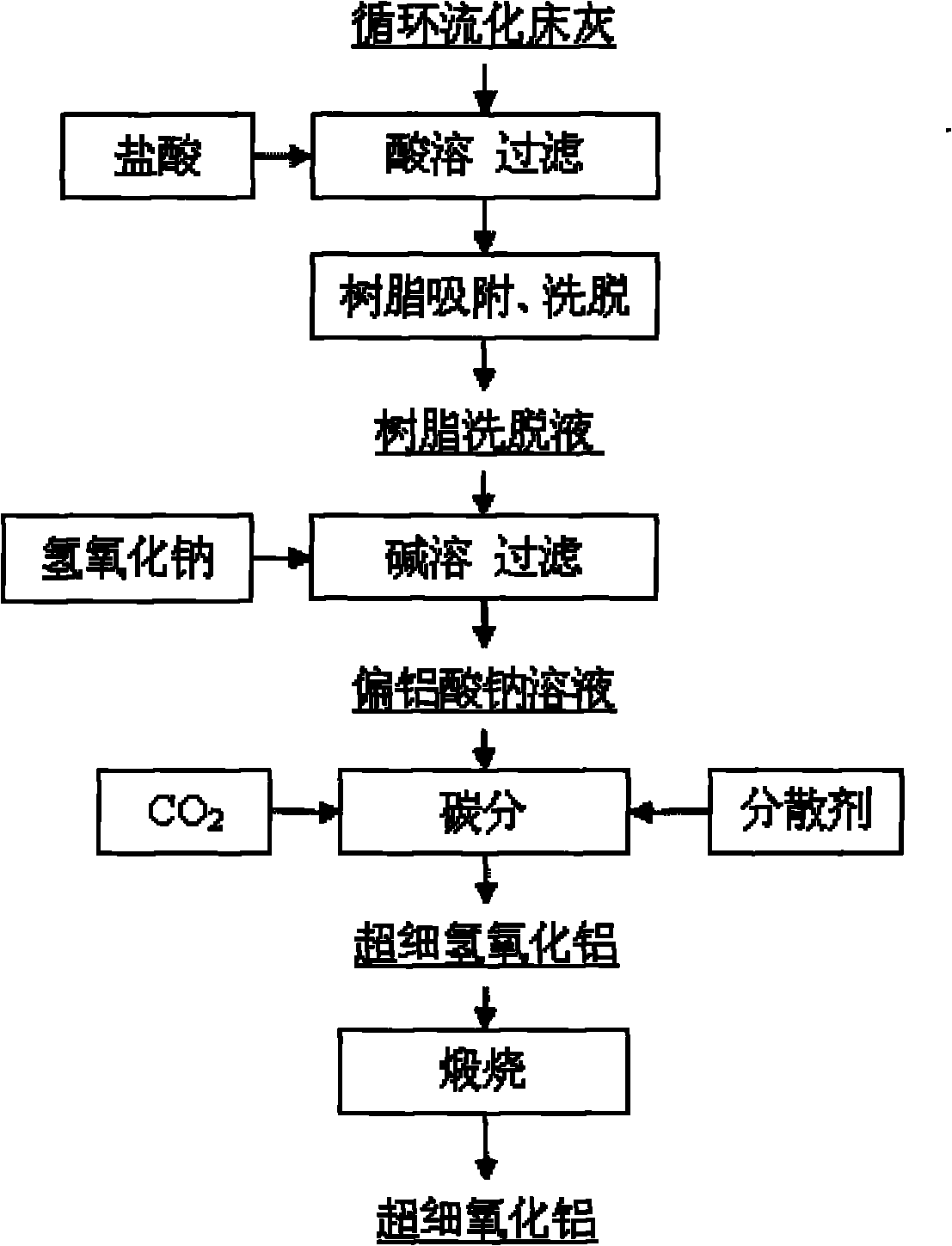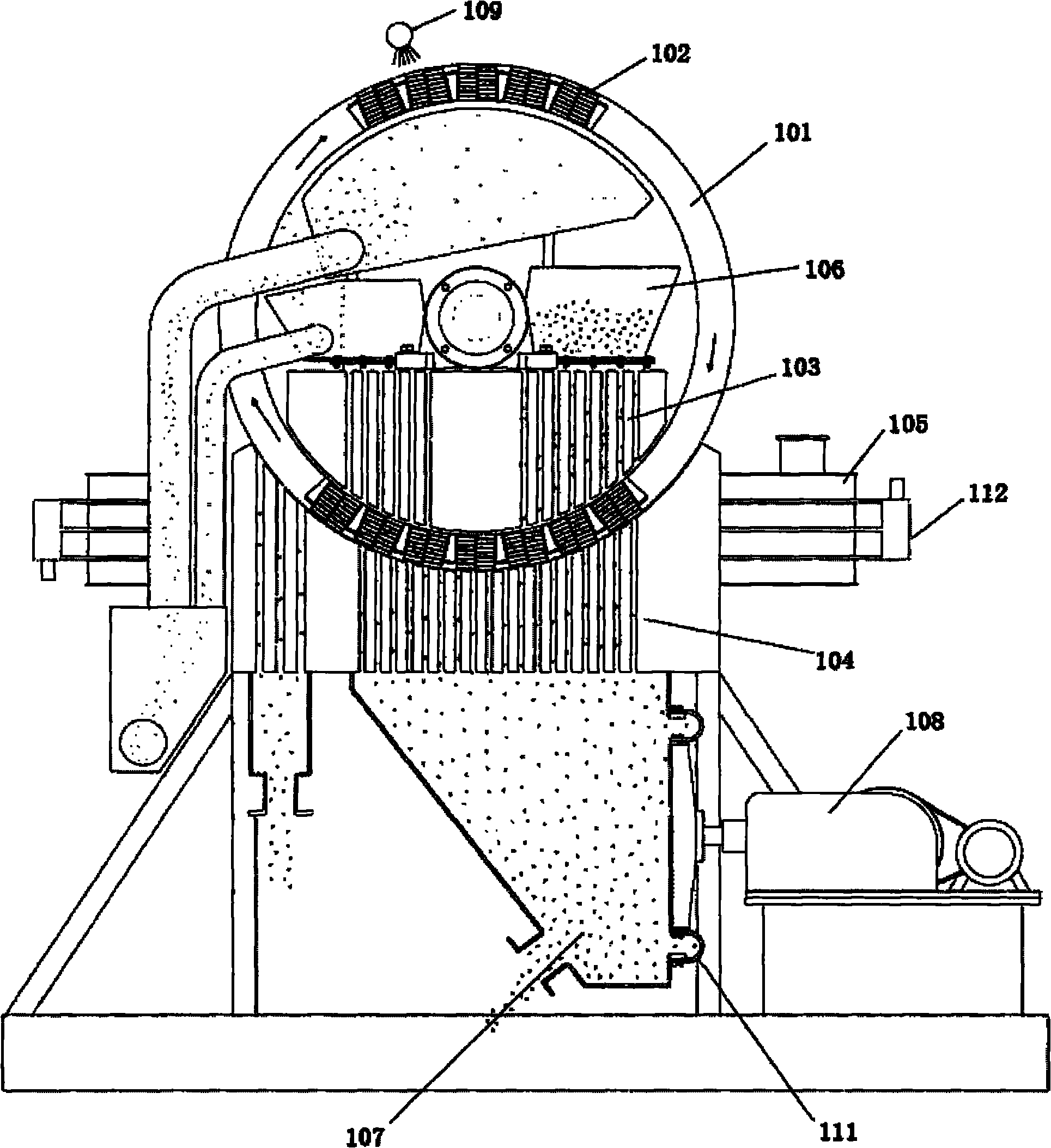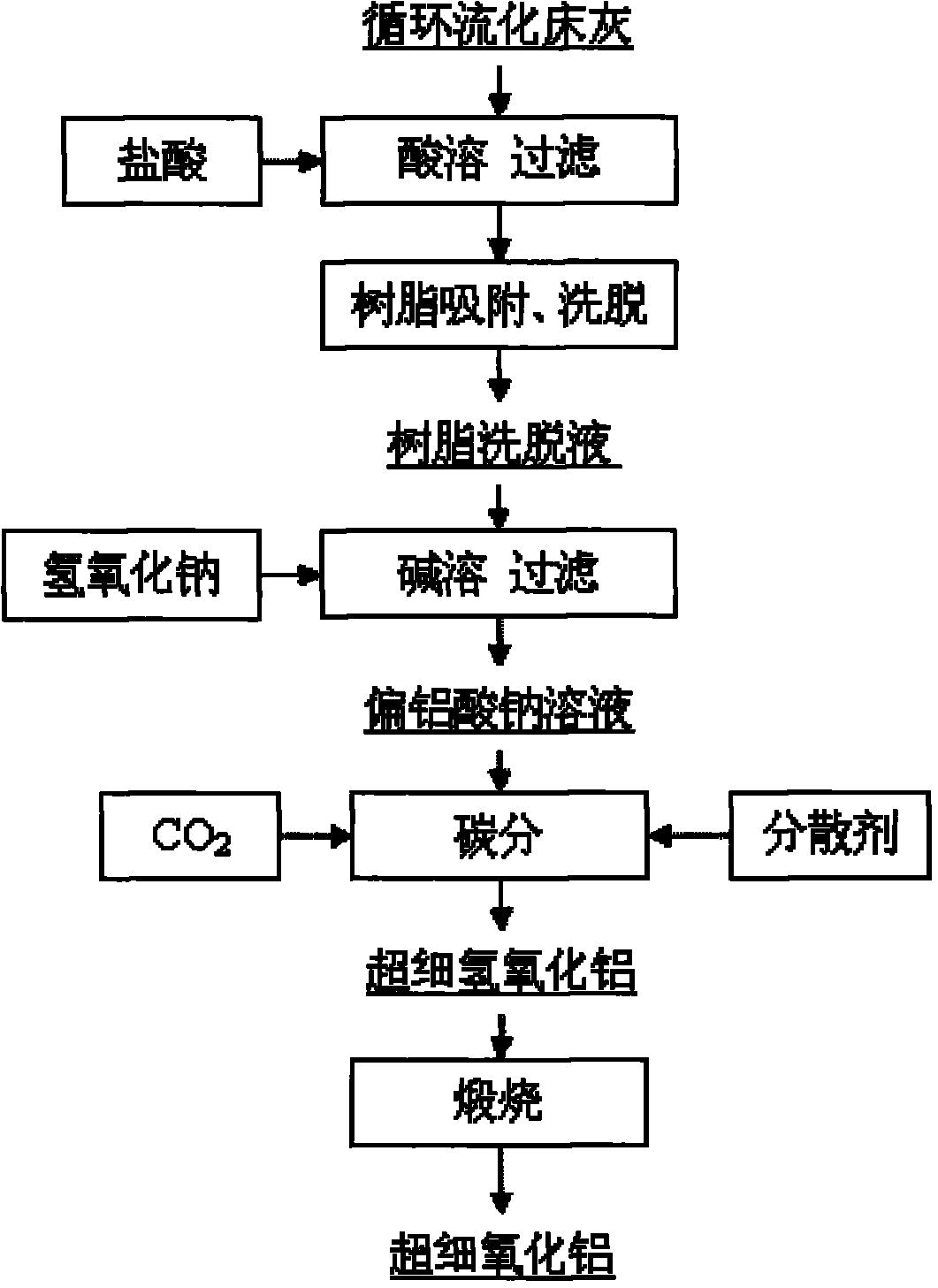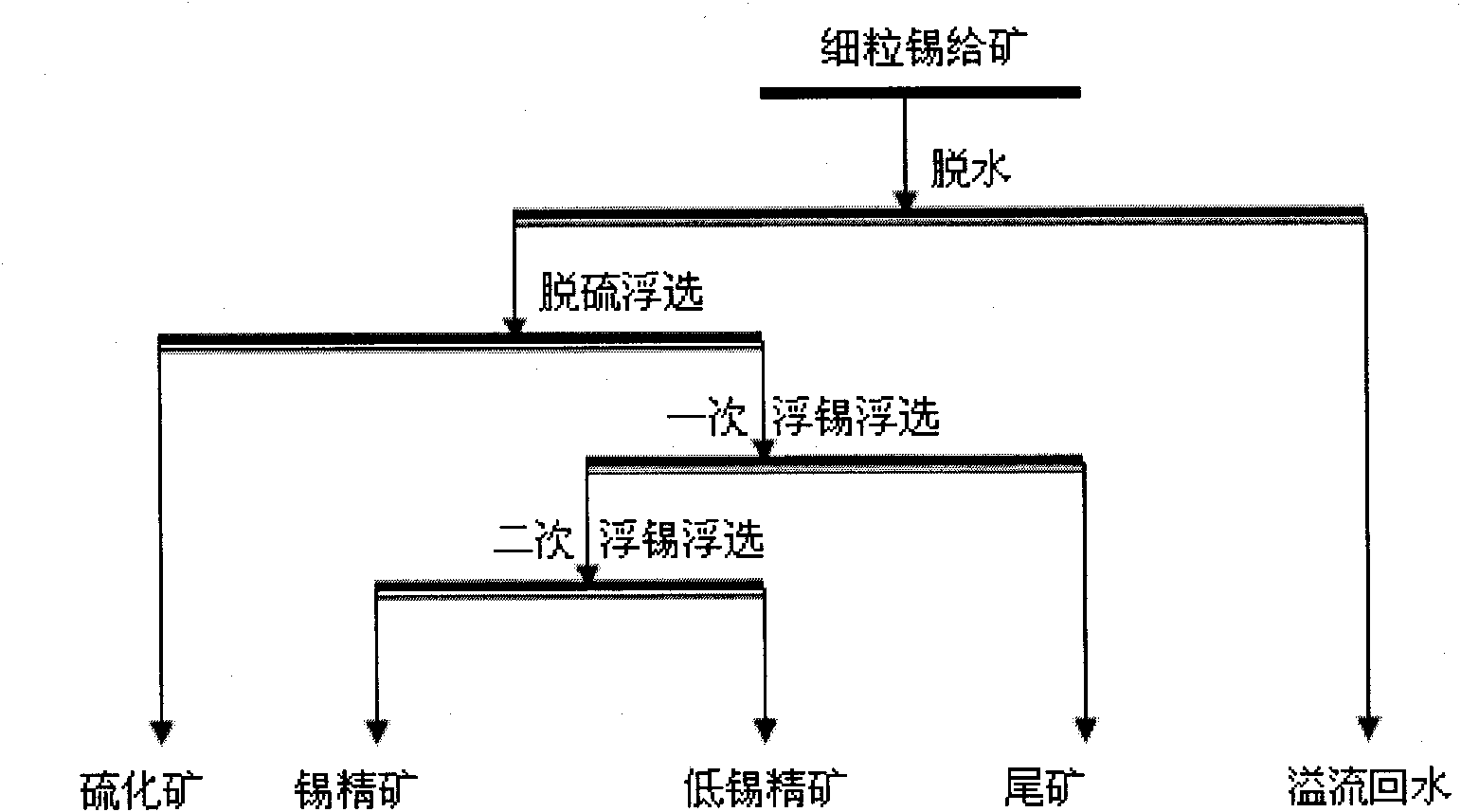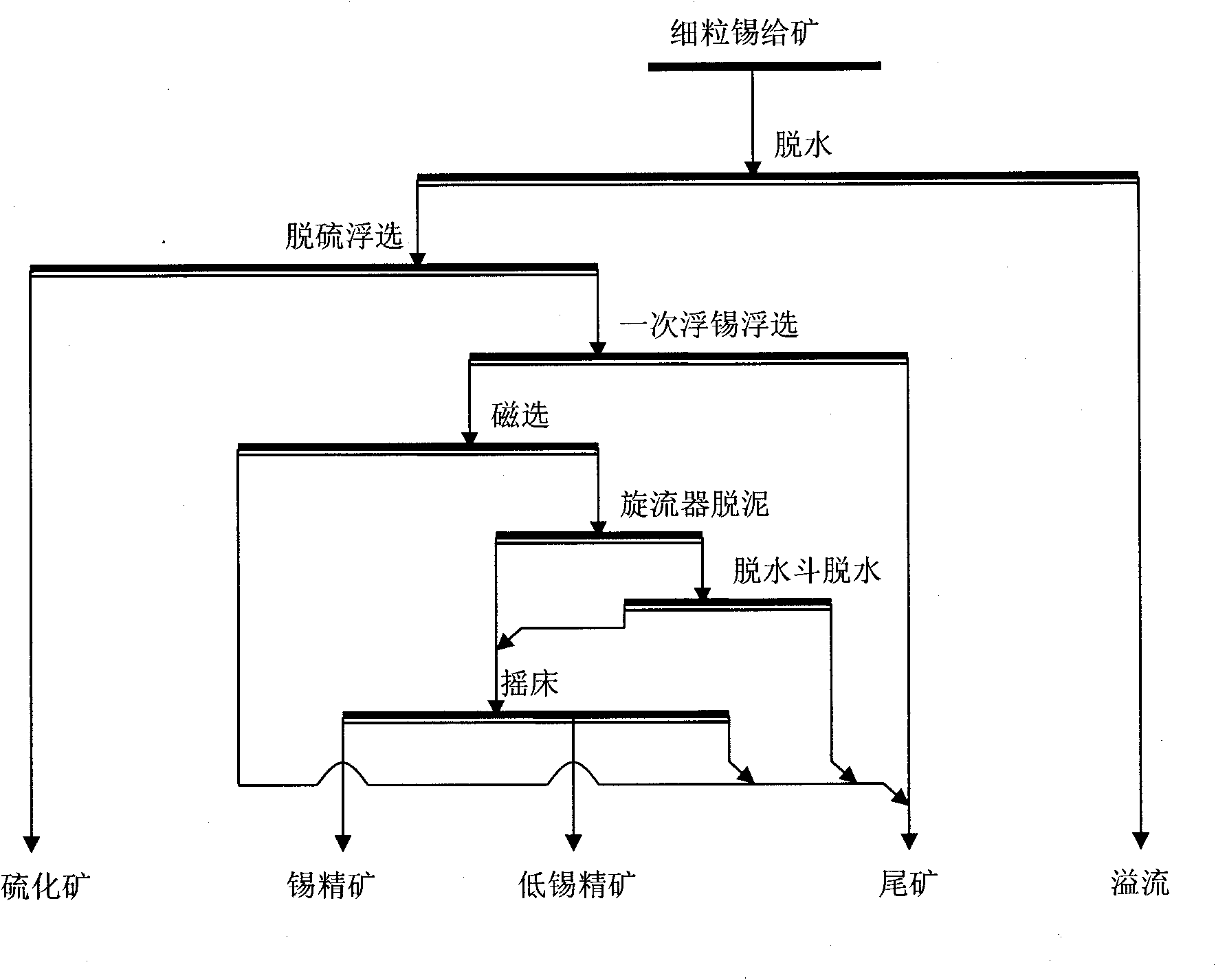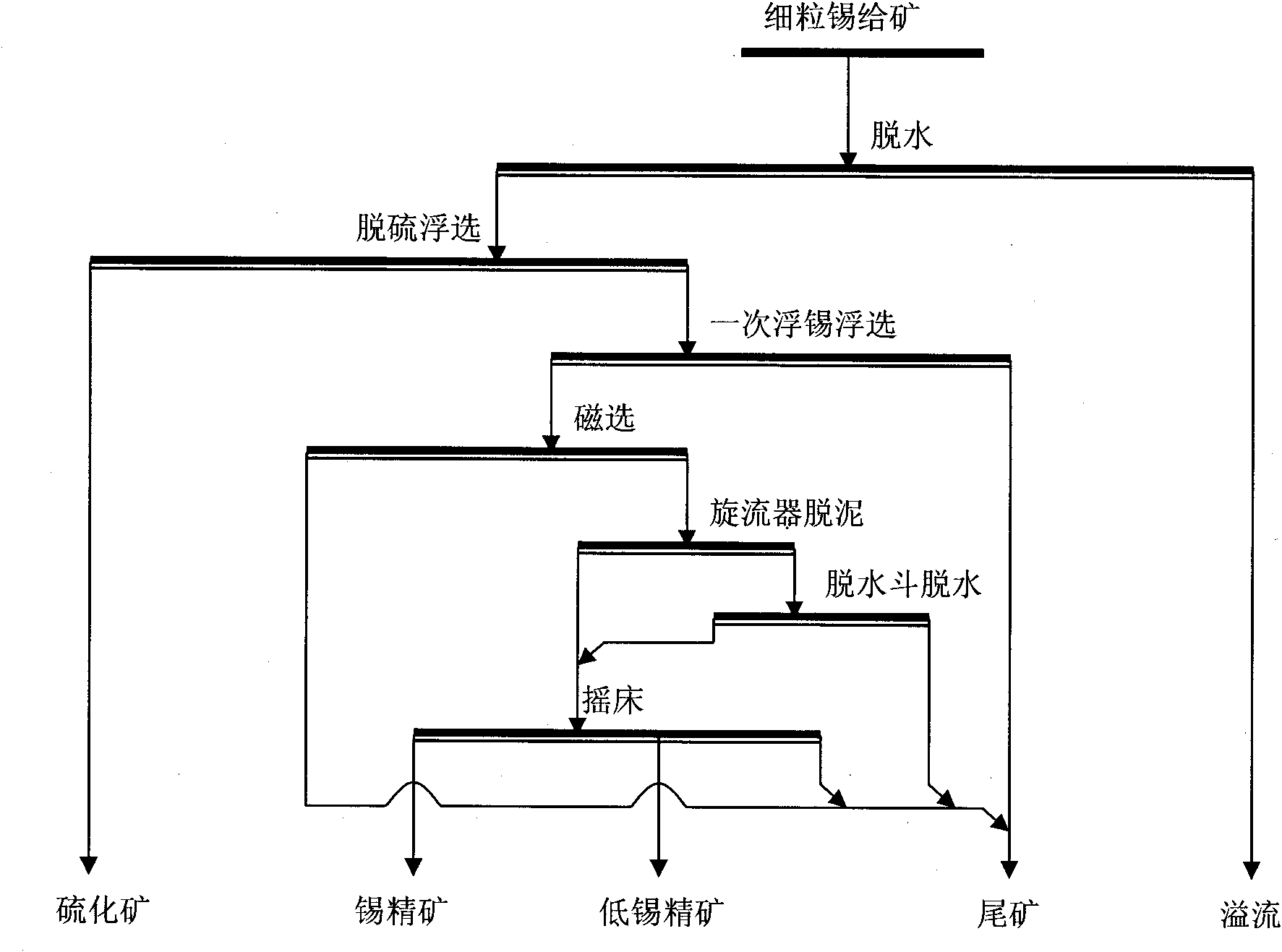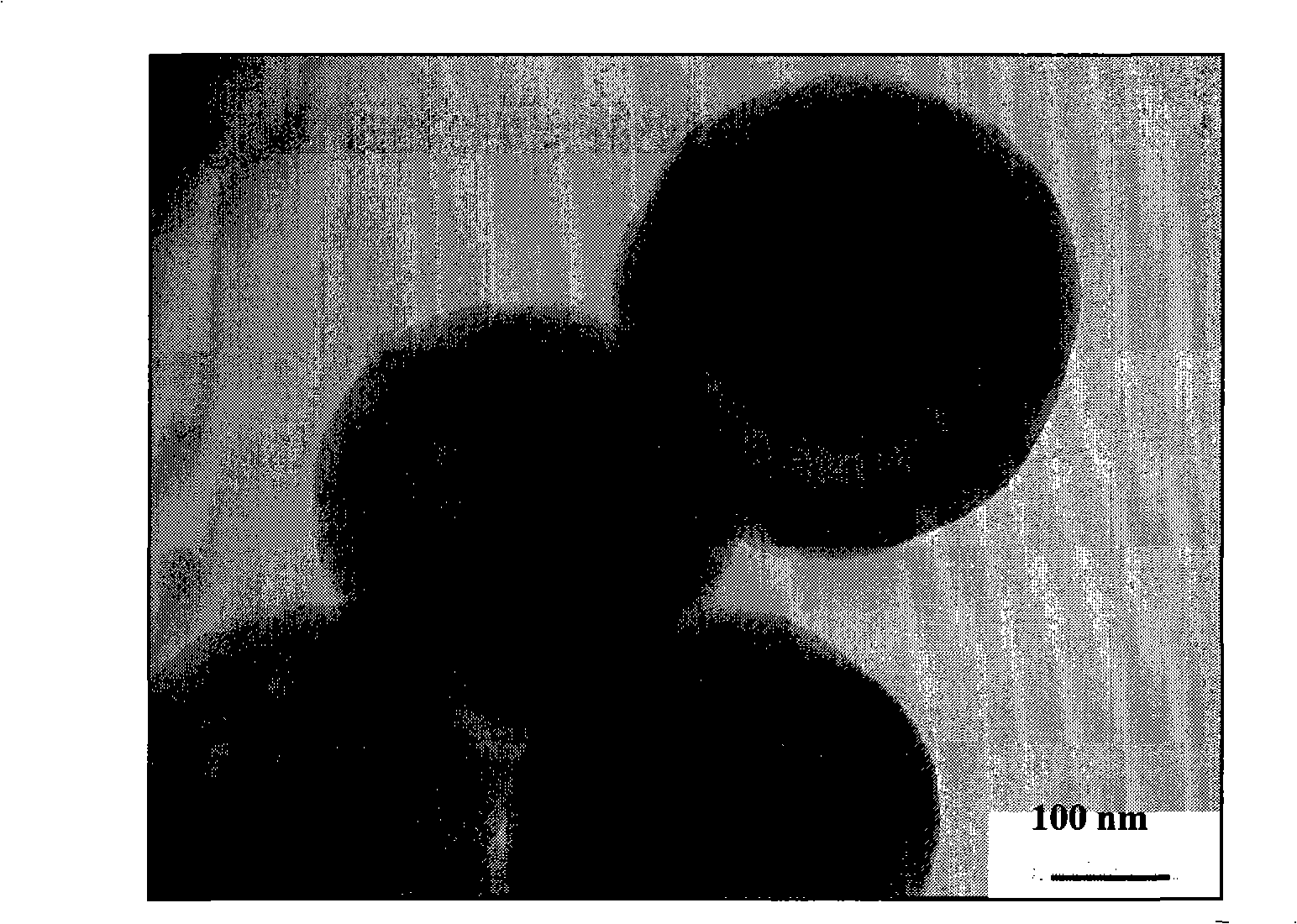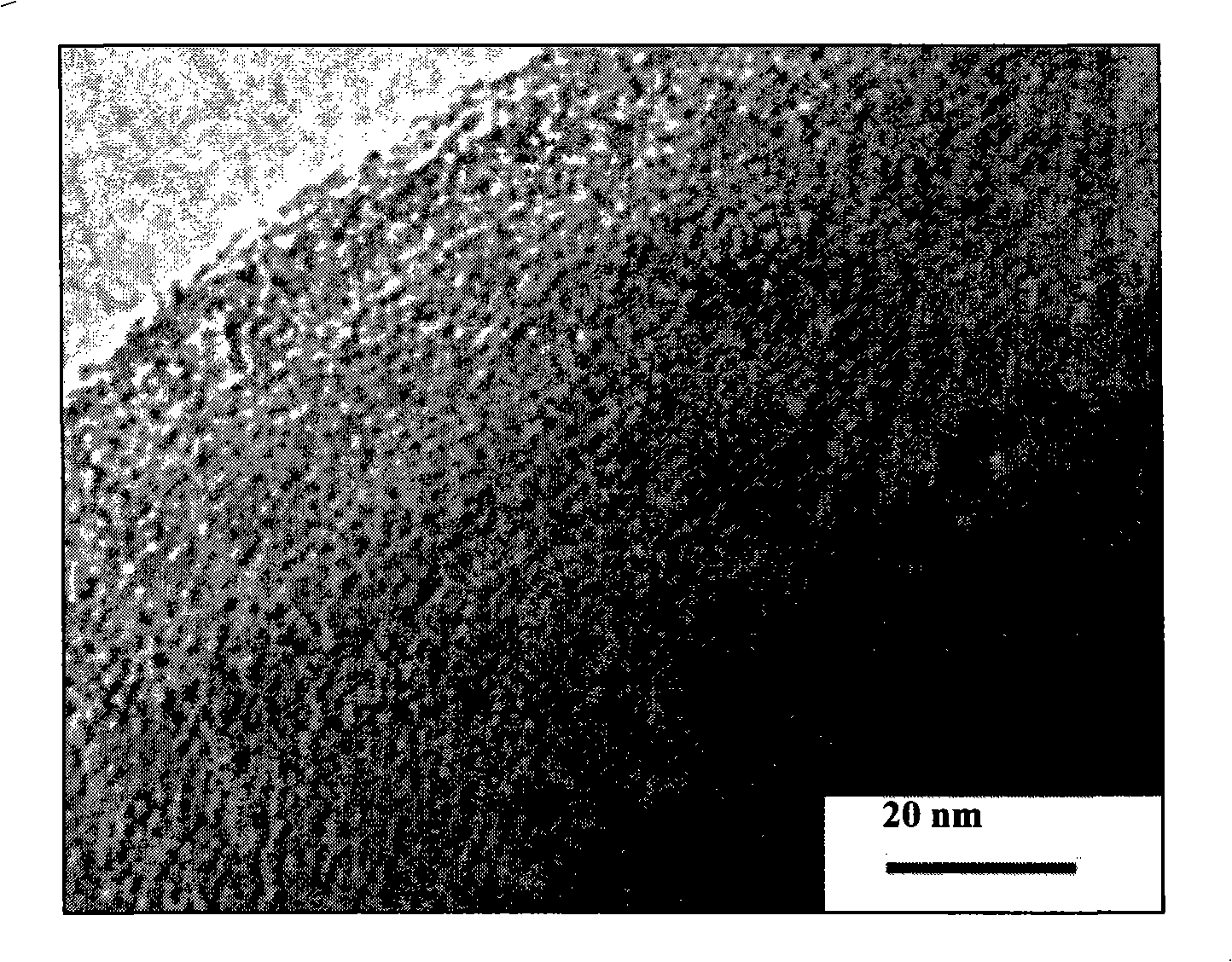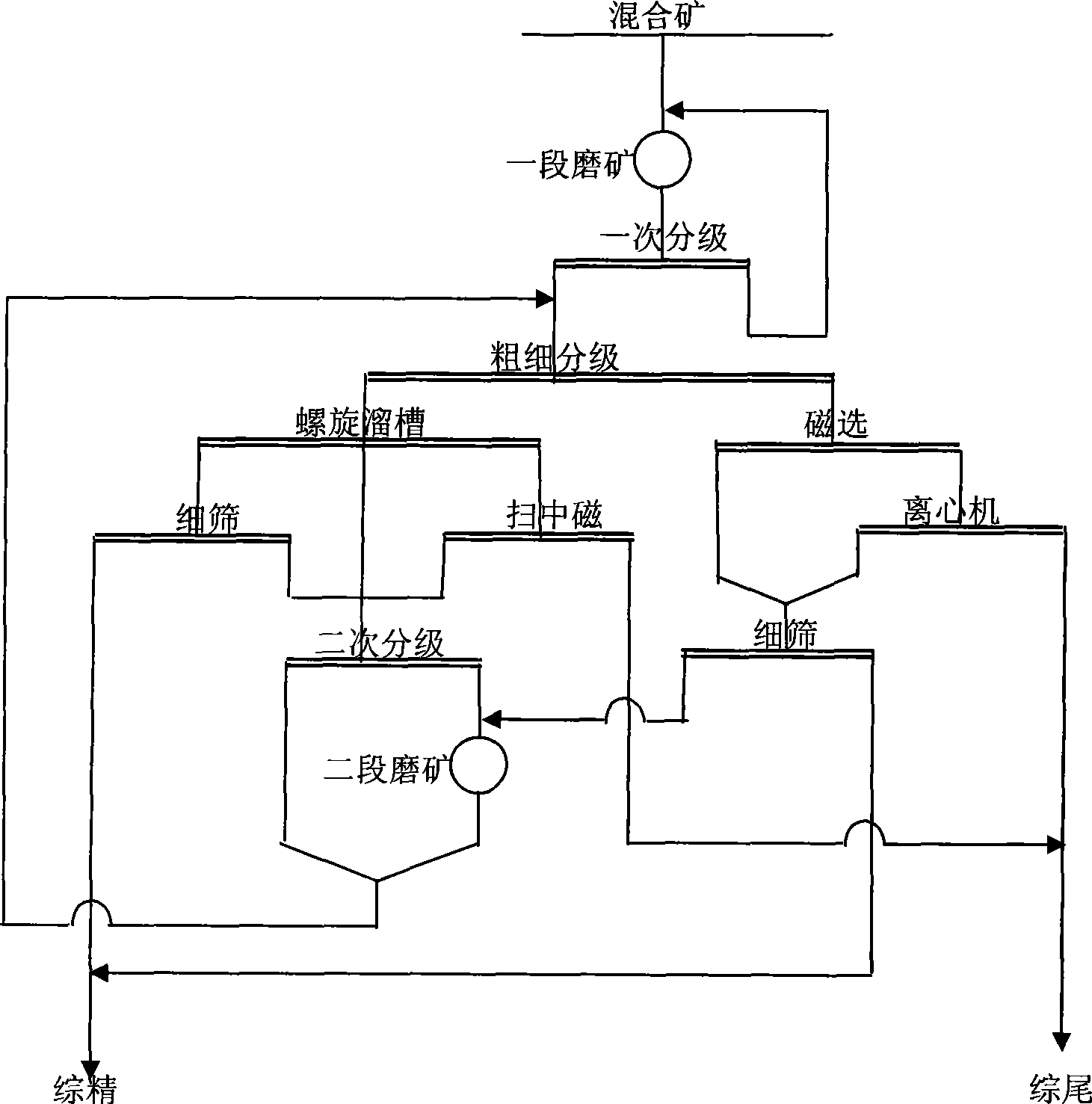Patents
Literature
Hiro is an intelligent assistant for R&D personnel, combined with Patent DNA, to facilitate innovative research.
9831 results about "Magnetic separation" patented technology
Efficacy Topic
Property
Owner
Technical Advancement
Application Domain
Technology Topic
Technology Field Word
Patent Country/Region
Patent Type
Patent Status
Application Year
Inventor
Magnetic Separation is the process of separating components of mixtures by using magnets to attract magnetic materials. The process that is used for magnetic separation detaches non-magnetic material with those who are magnetic. This technique is useful for not all, but few minerals such as ferromagnetic (materials strongly affected by magnetic fields) and paramagnetic (materials that are less affected but the effect is still noticeable). Not all metals are magnetic; gold, silver and aluminum are some examples.
System and method for processing ferrotungsten and other tungsten alloys, articles formed therefrom and methods for detecting the same
Systems and methods for refining or otherwise processing tungsten alloys, including ferrotungsten powder and articles formed therefrom, and methods for detecting the presence of the same. The methods include at least one of magnetically-separating and particle-size-separating ferrotungsten or ferrotungsten-containing powder. In some embodiments, powder may be separated to remove fine particles, and optionally to separate the remaining particles into fractions containing selected particle size distributions. The powder additionally or alternatively may be separated into at least magnetic and non-magnetic fractions. In some embodiments, portions of two or more size and / or magnetism fractions are mixed to provide a ferrotungsten-containing feedstock. Selected fractions resulting from the size and magnetism separation steps may be utilized to provide a ferrotungsten-containing feedstock from which articles are produced and which may include additional components.
Owner:AMICK FAMILY REVOCABLE LIVING TRUST
Method for preparing magnetic biological carbon adsorbing material and usage thereof
The invention discloses a method for preparing magnetic biological carbon adsorbing material and the usage thereof. The method comprises the steps: 1) drying and crushing waste biomass, and sieving by20-100 meshes; 2) putting the sieved biomass into 0.1-0.5mol / L of iron salt solution with the weight percent of the biomass being 1-10% of the total quantity; under stirring, dripping 3-6mol / L of NaOH solution until the pH value of the solution is 9-10; 3) filtering, drying and compacting the solid precipitate, and then limiting oxygen carbonizing for 1-5h at the temperature of 100-700 DEG C, thus obtaining the magnetic biological carbon adsorbing material; 4) putting the magnetic biological carbon adsorbing material into waste water, and simultaneously removing organic pollutant and phosphate radical in the waste water. The method realizes synchronization of preparation of the adsorbing material and the process of magnetization, and is simple in preparation process, rich in the source ofthe biomass material and low in cost; furthermore, the prepared magnetic adsorbent is covered by biological carbon or embedded with magnetic nano Fe3O4 granules, has special structure and stable existence, can effectively remove the organic pollutant and phosphate in the waste water, and is easy for magnetic separation.
Owner:ZHEJIANG UNIV
Method for preparing metallurgy-level aluminum oxide by using fluidized bed pulverized fuel ash
ActiveCN102145905AHigh extraction rateReduce manufacturing costSolid waste disposalTransportation and packagingAluminium chloridePulverized fuel ash
The invention discloses a method for preparing metallurgy-level aluminum oxide by using fluidized bed pulverized fuel ash as a raw material. The method comprises the following steps of: a) grinding the pulverized fuel ash, and removing iron by a wet magnetic separation method; b) reacting the pulverized fuel ash subjected to magnetic separation with hydrochloric acid to obtain hydrochloric acid immersion liquid; c) allowing the hydrochloric acid immersion liquid to pass through a large pore type cation resin column for further iron removal to obtain refined aluminum chloride solution; d) concentrating the refined aluminum chloride solution, and crystallizing to obtain an aluminum chloride crystal; and e) calcining the aluminum chloride crystal and decomposing to obtain the metallurgy-level aluminum oxide. The method has a simple process and an easily-controlled production process, and is high in aluminum oxide extraction efficiency, low in production cost and stable in product quality.
Owner:CHINA SHENHUA ENERGY CO LTD
Beneficiation method for recycling specularite
InactiveCN101428248AReduce consumptionReduce the number of equipmentDifferential sedimentationFlotationIronstoneSlag
Owner:SINOSTEEL MAANSHAN INST OF MINING RES
Method for comprehensively recycling valuable metals from spent lithium ion battery
ActiveCN107017443AThe pre-processing process is simpleHigh recovery rateWaste accumulators reclaimingProcess efficiency improvementVulcanizationSlag
The invention discloses a method for comprehensively recycling valuable metals from a spent lithium ion battery. The method comprises the following steps: carrying out electric discharge treatment on a spent battery, crushing, pre-roasting at 300-400 DEG C, adding a reducing agent, and carrying out reduction roasting at 450-700 DEG C; carrying out water extraction and evaporative crystallization on fine aggregates obtained through the reduction roasting, so as to obtain a high-purity lithium product, leaching copper, nickel and cobalt from leached slag and roasted lump materials by virtue of ammonia oxide, carrying out magnetic separation and sieving on ammonia leaching slag so as to obtain iron and aluminum enriched products, and carrying out reduction acid leaching, purification and edulcoration on sieved products, so as to obtain a high-purity manganese sulfate solution; and carrying out extraction and selective reverse extraction on ammonia leaching liquid, so as to obtain a high-purity nickel sulfate solution and a high-purity copper sulfate solution, and carrying out vulcanization cobalt precipitation, oxidation acid leaching and extraction purification on raffinate, so as to obtain a high-purity cobalt sulfate solution. The method is high in extraction rate of valuable metals and applicable to the treatment of multiple waste lithium ion battery raw materials and efficient utilization of multiple elements, and sorting is not required.
Owner:GUANGDONG GUANGHUA SCI TECH
Vanadium titano-magnetite screen method
ActiveCN101564707AQuality improvementHigh recovery rateFlotationMagnetic separationMagnetiteMaterials science
The invention relates to a screen method for vanadium titano-magnetite with high quality, belonging to the ore screen field. The method adopts three stage-grinding and stage-concentration process for magnetic separation, wherein the field intensity of one-stage magnetic separation is 3000-4000 Gs; the field intensity of two-stage magnetic separation is 1800-2200 Gs; and the field intensity of three-stage magnetic separation is 1300-1700 Gs. The recovery rate of the screened iron ore concentrate and the titanium ore concentrate is high and the screened cost of the screened iron ore concentrate and the titanium ore concentrate is low, thus providing a new selection for the low grade vanadium titano-magnetite resource and having a broad application prospect.
Owner:四川安宁铁钛股份有限公司
Pre-selection method of low-ore grade magnetic iron ore
InactiveCN101502819ASolve the costSolve the problem of large tailingsSievingScreeningSeparation technologyMagnetite
The invention discloses a preselecting method of low-grade magnetic iron ore, comprising the steps of crushing the raw ore of the magnetic iron ore by coarse crushing, intermediate crushing and fine crushing operations, conveying to subject to ultra-fine crushing operation, and then crushing by a high-pressure roller mill, scattering the crushed product by a wet cylindrical sieve, conveying the ore on the cylindrical sieve to the vibrating sieve by a belt to perform wet gradation, conveying the ore on the vibrating sieve to a dry magnetic separator by the belt to discard the waste, returning the ore concentrate of the dry magnetic separator to the high-pressure roller mill to crush the ore concentrate again, perform magnetic separation and discarding tailings of the ore concentrate below the vibrating sieve and the ore concentrate below the cylindrical sieve in a wet coarse grain intermediate-field intensity magnetic separator, and selecting the coarse ore concentrate of the intermediate-field intensity magnetic separator by a grinding separation technology. The invention has the advantages that the invention selects quantities of qualified mine tailings by wet magnetic separation before grinding ore, reduces ore grinding work, reduces ore grinding energy consumption and has high system processing capacity; the invention can be widely used in magnetic ore dressing plant, and in particular suitable for treatment of preselecting low-grade magnetic iron ore with the iron grade lower than or equal to 22%.
Owner:SINOSTEEL MAANSHAN INST OF MINING RES +1
Methods for removing heavy metals from water using chemical precipitation and field separation methods
InactiveUS20050258103A1Efficient removalEasy to disassembleSedimentation separationDifferential sedimentationParticulatesSulfide
A two-step chemical precipitation process involving hydroxide precipitation and sulfide precipitation combined with “field separation ” technology such as magnetic separation, dissolved air flotation, vortex separation, or expanded plastics flotation, effectively removes chelated and non-chelated heavy metal precipitates and other fine particles from water. In the first-step, the non-chelated heavy metals are precipitated as hydroxides and removed from the water by a conventional liquid / solids separator such as an inclined plate clarifier to remove a large percentage of the dissolved heavy metals. The cleaned water is then treated in a second precipitation step to remove the residual heavy metals to meet discharge limits. In the second precipitation step, any metal precipitant more effective than hydroxide for metal precipitation can be used. The invention improves metal removal, lowers cost because fewer chemicals are used, produces less sludge, and reduces the discharge of toxic metals and metal precipitants to the environment. Magnetic separation is preferred for the separation of particles precipitated in the second stage. Similar methods can be employed for separation of other particulates from water. Particulates can also be removed by causing them to adhere to particles of expanded plastic, forming a floc lighter than water, so that the floc can be removed by flotation.
Owner:CORT CHERYL J
Methods for removing heavy metals from water using chemical precipitation and field separation methods
InactiveUS7255793B2Cost- and chemically-effectiveSedimentation separationWater/sewage treatment by neutralisationParticulatesSulfide
A two-step chemical precipitation process involving hydroxide precipitation and sulfide precipitation combined with “field separation ” technology such as magnetic separation, dissolved air flotation, vortex separation, or expanded plastics flotation, effectively removes chelated and non-chelated heavy metal precipitates and other fine particles from water. In the first-step, the non-chelated heavy metals are precipitated as hydroxides and removed from the water by a conventional liquid / solids separator such as an inclined plate clarifier to remove a large percentage of the dissolved heavy metals. The cleaned water is then treated in a second precipitation step to remove the residual heavy metals to meet discharge limits. In the second precipitation step, any metal precipitant more effective than hydroxide for metal precipitation can be used. The invention improves metal removal, lowers cost because fewer chemicals are used, produces less sludge, and reduces the discharge of toxic metals and metal precipitants to the environment. Magnetic separation is preferred for the separation of particles precipitated in the second stage. Similar methods can be employed for separation of other particulates from water. Particulates can also be removed by causing them to adhere to particles of expanded plastic, forming a floc lighter than water, so that the floc can be removed by flotation.
Owner:CORT CHERYL J
Raw coal washing process capable of realizing non-polar ash conditioning
InactiveCN101716552AReduce the amount of re-insertionReduce manufacturing costWet separationCycloneSingle stage
The invention provides a raw coal washing process capable of realizing non-polar ash conditioning. The process comprises the following steps: a, desliming and screening the part of raw coal with granularity less than 50 to 100mm; b, carrying out single stage jigging separation on screen products on a desliming screen; c, crushing lump coal obtained from the step b, namely screen products on an oscillating screen, by a crushing machine; d, feeding the crushed products from the step c into a three-product heavy medium cyclone for separation; e, respectively treating underflows and overflows obtained from a hydroclone in the step c; f, carrying out TBS separation or centrifugal dehydration treatment on the underflows of the hydroclone from the step e; g, respectively carrying out primary medium removal on clean coal, middlings coal and gangue obtained from the step d; h, respectively carrying out secondary medium removal and dehydration on the three products from the step g; and i, carrying out magnetic separation on undersize dilute medium obtained by secondary medium removal on the coal gangue in the clean coal in the step h, feeding the separated magnetite powder into a qualified medium tank, collecting residues, and carrying out coal slurry concentration.
Owner:HENAN POLYTECHNIC UNIV
Methods for removing heavy metals from water using chemical precipitation and field separation methods
InactiveUS6896815B2Small sizeChemical cost reductionSolid sorbent liquid separationGold compoundsWater useSludge
A two-step chemical precipitation process involving hydroxide precipitation and sulfide precipitation combined with “field separation” technology such as magnetic separation, dissolved air flotation, vortex separation or expanded plastics flotation, effectively removes chelated and non-chelated heavy metal precipitates and other fine particles from water. In the first-step, the non-chelated heavy metals are precipitated as hydroxides and removed from the water by a conventional liquid / solids separator such as an inclined plate clarifier to remove a large percentage of the dissolved heavy metals. The cleaned water is then treated in a second precipitation step to remove the residual heavy metals to meet discharge limits. In the second precipitation step, any metal precipitant more effective than hydroxide for metal precipitation can be used. The invention improves metal removal, lowers cost because fewer chemicals are used, produces less sludge, and reduces the discharge of toxic metals and metal precipitants to the environment.
Owner:CORT STEVEN L
Method for concentrating extremely low-grade refractory magnetite
ActiveCN101559403AIncrease productionImprove product indicatorsMagnetic separationGrain treatmentsLower gradeRefractory
The invention discloses a method for concentrating extremely low-grade refractory magnetite to achieve higher-grade iron ore concentrate. The process proposal comprises the following steps of: dry type magnetic separation and tailing rejecting, stage grinding, wet type magnetic separation, magnetic concentrate fine screening classification, minus sieve magnetic separation, plus sieve regrinding and recleaning and concentrate extraction directly through magnetic separation of an electromagnetic wreathed column. Namely, on the basis of conducting stage grinding separation on crude ore, electromagnetic concentration, fine screening and plus sieve regrinding and recleaning are implemented to improve the final iron ore concentrate grade. With the method adopted, the production cost is reduced,the concentrate grade is raised up to 71.96 percent, the tailings grade is decreased to 4.50 percent and the secondary pollution to the environment is also avoided.
Owner:安徽大昌矿业集团有限公司
Harmless disposal method of kitchen garbage
InactiveCN102921704AShorten the processing chainPromote engineering applicationSolid waste disposalFurniture waste recoveryOil and greaseEconomic benefits
The invention relates to a harmless disposal method of kitchen garbage, which comprises the following steps of: (1) pretreatment: after unloading the kitchen garbage, performing solid-liquid separation, rough crushing, crushing and sorting and performing magnetic separation, and recycling metal substances mixed in the kitchen garbage; (2) hydrothermal hydrolysis: after the pretreatment, adopting the hydrothermal hydrolysis to fully inactivate viruses and bacteria in the kitchen garbage, separating out animal and vegetable fatty oil from the kitchen garbage, and hydrolyzing organic materials at the same time; (3) using the fatty oil obtained in the step (2) as an industrial fatty oil material or further performing deep processing to obtain fatty acid methyl ester or biodiesel; mixing and proportioning the pasty organic materials and then conveying into an anaerobic fermentation system; and conveying large granular organic materials into an aerobic biological fermentation device. The method provided by the invention realizes harmless disposal of the kitchen garbage mainly by the pretreatment and the hydrothermal hydrolysis process, increases the conversion rate of biological energy of the kitchen garbage and increases the economic benefit of kitchen garbage recycling products.
Owner:CHINA URBAN CONSTR DESIGN & RES INST CO LTD +2
Method for recovering metal from used Li ion cell
InactiveCN1402376ATo achieve the purpose of separationReduce lossWaste accumulators reclaimingBattery recyclingDielectricCopper foil
The invented method includes the physical separation method combining with the preparation procedure of the cleaning wet recycle, providing the features of simple and high purity of the recovered metal. The invention includes following steps. With the disused lithium ion cells being burned in the high-temperature furnace, the organic dielectric is removed. After the smashing and sieving treatment, the oversize material is processed through the magnetic separation and the eddy current sorting so as to obtain the iron case, copper foil and aluminium foil etc. The undersize is processed through the steps of corrosion, filtering and electrolysis so as to obtain copper and cobalt. With carbonic acid radical being added to the solution richen in lithium ion, the high purity carbonate of lithiumis formed so as to recovery lithium.
Owner:IND TECH RES INST
Portable full-automatic chemiluminescence immune assay system and assay method thereof
The invention discloses a portable full-automatic chemiluminescence immune assay system and an assay method of the portable full-automatic chemiluminescence immune assay system. The system comprises a sample feeding part, a liquid path part, a reaction control part, an optical detection part and a computer control center, wherein the sample feeding part comprises a double sample feeding arm device, a sample reagent storing cabin and a reaction cup pushing device; the reaction control part comprises an incubation device, a magnetic separation washing device and a transposition device; the optical detection part comprises a chemiluminescence measuring device; the sample feeding part, the liquid path part, the reaction control part and the optical detection part are electrically connected with the computer control center. The system disclosed by the invention is high in automation degree, reasonable in structural design, small in volume and low in manufacturing cost; hardware, software and a liquid path system are all integrated to form a whole body, so that the system is convenient to move and is applicable to chemiluminescence immune assays of hospitals, community health service centers and the like; the full-automatic assay work can be realized; the system effectively ensures that an assay process and an assay result are accurate and personal errors are reduced.
Owner:SHENZHEN NEW INDS BIOMEDICAL ENG
Ore dressing method of low-grade scheelite
InactiveCN101869876AImprove sorting indexImprove the quality of selectionFlotationIron removalLower grade
The invention relates to an ore dressing method of a low-grade scheelite, which is characterized by comprising the following steps: 1. tailing discard by gravity concentration; 2. iron removal by magnetic separation; 3. sulfide ore flotation; 4. normal-temperature rougher flotation of scheelite; and 5. heating concentration of the scheelite. The invention provides a lower-cost ore dressing method for dressing scheelite concentrates from the tailings of the low-grade scheelite. The invention has the characteristics that the comprehensive recovery cost is saved, the beneficiation feed grade of the scheelite is improved, the flotation feed ore quantity is reduced, the dosage of a flotation reagent is reduced, the used ore dressing reagent is more friendly to the environment, and secondary pollution can not be caused. The method of the invention is applicable for low-grade scheelite resources with 0.03 to 0.15 percent of WO3.
Owner:广东省资源综合利用研究所
Method for regenerating positive active material from waste lithium iron phosphate batteries
ActiveCN106910889ARealize combination generationQuality assuranceCell electrodesWaste accumulators reclaimingFiltrationCopper foil
The invention discloses a method for regenerating a positive active material from waste lithium iron phosphate batteries. The method comprises the steps as follows: 1) waste lithium iron phosphate batteries are discharged in saline water, and organic solvents, roll cores and casing materials are disassembled; 2) the roll cores are subjected to crushing, calcination and other steps, and active materials, copper foil and aluminum foil are separated through vibrating screening. Fluorine-containing waste gas is absorbed with lime water, the copper foil and the aluminum foil are separated with a magnetic separation method, the active materials are leached out with sulfuric acid, and a leachate and carbon residues are obtained through separation; 3) Cu<2+> in the leachate is reduced to elementary copper by adding iron powder, meanwhile, Fe<3+> is reduced to Fe<2+>, copper and excessive iron residues are filtered out, aluminum is removed through precipitation with an alkaline liquid, the filtrate is supplemented with a phosphorus source after filtration, the pH value is adjusted by adding the alkaline liquid, coarse lithium iron phosphate precipitates are produced, and finally, battery-grade lithium iron phosphate is obtained through sintering. Comprehensive utilization of the waste lithium iron phosphate batteries and regeneration of the active materials are realized with a simple, practical, economical and feasible method, no secondary pollution is produced, and the method is suitable for industrial production.
Owner:CENT SOUTH UNIV
Beneficiating method for ilmenite
ActiveCN102181626AIncrease alkali concentrationHigh in ironBlast furnace detailsProcess efficiency improvementMagnetiteIlmenite
The invention discloses a beneficiating method for ilmenite, relating to a method for preparing titanium concentrate and iron concentrate by beneficiating crude ilmenite. The method is characterized in that: a beneficiating process of the method orderly comprises the following steps of: (1) grinding the crude ilmenite; (2) performing alkaline leaching pretreatment under the conditions of heating, oxygenating and pressurizing; (3) filtering pulp which is subjected to the alkaline leaching pretreatment; (4) washing filter residue and grinding; and (5) performing magnetic separation to obtain the titanium concentrate and the iron concentrate. In the method provided by the invention, the characteristic of iron and titanium compact symbiosis and the isomorphism occurrence characteristic of vanadium are damaged from the source of vanadium titano-magnetite by adopting the pretreatment process, so that mineral transformation of the vanadium titano-magnetite is realized, dissociation on lattice layers of titanium and iron is realized, high-quality iron concentrate and titanium concentrate with lower iron content are obtained through grinding and the magnetic separation process, an alkaline medium used in the pretreatment can be recycled, and the process has a small influence on environment and a bright application prospect.
Owner:BEIJING GENERAL RES INST OF MINING & METALLURGY
Method for recycling waste lithium cobalt oxide lithium ion battery
ActiveCN104577249AFully resourcedReduce lossesWaste accumulators reclaimingBattery recyclingPunch pressCobalt
The invention relates to a method for recycling waste lithium cobalt oxide lithium ion battery. The method is characterized in that valuable components in the waste lithium ion battery are completely recycled by integrating the processes of crushing by a punch press, magnetic separation, eddy current selection, anaerobic atmospheric roasting, temperature-variable filtering and the like, and products with the relatively high additional values, such as elemental crude cobalt, lithium carbonate, graphite, copper, aluminum, iron, and plastics are obtained. Manners of crushing by a punch press, magnetic separation, eddy current selection and the like are adopted for performing material separation, so that the original physical properties of materials are kept. Meanwhile, positive powder and negative powder of an electrode material are cooperatively treated, the negative graphite material is effectively utilized, the in-situ preparation of a resource can be realized, and the waste lithium ion battery can be relatively completely recycled. The anaerobic atmospheric roasting is adopted, so that the reaction condition is relatively loose, the loss of a graphite material is reduced, the cost is saved, the technological flow is simplified, and the industrial application practice can be facilitated.
Owner:SHANGHAI JIAO TONG UNIV
Novel magnetic Fe / C@ MOF composite absorbent and preparation method thereof
InactiveCN104096542AWide variety of sourcesLow priceOther chemical processesAlkali metal oxides/hydroxidesOrganic dyeMaterials science
The invention provides a novel magnetic porous metal-organic skeleton (Fe / C@ MOF) composite absorbent and a preparation method thereof. Biomaterials which are extensive in source and low in price are served as the carbon source; the Fe<3+> ions are served as the precursor of the magnetic material; under the microwave-assisted condition, magnetic Fe / C material is quickly synthesized; then, the method of self-assembly layer by layer is adopted, so as to alternately deposit metal central ions and organic ligands on the surface of the magnetic Fe / C material and achieve the in-situ synthesis of the MOF; the magnetic Fe / C@ MOF composite is prepared. The preparation method provided by the invention is simple in the preparation technology; moreover, the prepared magnetic Fe / C@MOF composite has the advantages of large specific surface area, high adsorption capacity, capability of magnetic separation, reutilization and the like. The prepared composite simultaneously has the capability of adsorbing and removing organic dye and heavy metal ions. Therefore, the prepared composite has favorable application prospects in the fields of environmental remediation, wastewater treatment, separation science and the like.
Owner:GUANGXI NORMAL UNIV
Processing method allowing lower broken rice rate
The invention relates to a processing method allowing lower broken rice rate and belongs to the technical field of rice processing. The processing method includes the steps of rice screening, stone removal, magnetic separation, moisture measurement and drying or atomizing, hulling, husked rice separation, thickness classification, moisture measurement and drying or atomizing, rolling, white rice classification, cooling, polishing, color sorting, water content detection, and sterilizing and packaging. The rice processed by the processing method is low in broken rice rate, long in shelf life and good in glossiness, and flavor of the rice is rarely lost.
Owner:GUIZHOU FENGGANG COUNTY SHENNONG RICE IND
Apparatus and methods for magnetic separation
InactiveUS7056657B2Easy to separateHigh gradientMicrobiological testing/measurementHigh gradient magnetic separatorsSprayerMagnetic poles
Separation apparatus and method for separating magnetic and / or magnetically-labeled particles from a test medium.Test medium within a reaction chamber is caused to flow past a collecting surface, and a high-gradient magnetic field is applied to the surface to capture magnetically responsive particles in the test medium. The particles are deflected toward the collection surface by baffles, a spinner, or a sprayer, or are funneled past the surface by a plunger operable to be displaced into close proximity to the surface to provide a narrow flow path for the particle-laden test medium. The particles normally suspended in the medium are separated out of suspension by adhesion to the collection surface. The particles may be resuspended by removal of the surface from the high-gradient field, or removal of the high-gradient field from the surface. The collection surface is a thin-walled non-magnetic material having a plurality of magnetic pole faces positioned therearound.
Owner:MENARINI SILICON BIOSYSTEMS SPA
Treating technical method for food wastes and treating equipment
InactiveCN101524700AHarmlessReduce consumptionSolid waste disposalMagnetic separatorEnvironmental engineering
The invention discloses a treating technical method for food wastes and treating equipment, which relate to the technical field of screening and oil water separation in food waste treatment; the technique method comprises the following steps: the food waste is recycled by bag crushing, magnetic separation, coarse residue screening, hot water washing, solid-liquid separation of fine residue and secondary oil water separation with water in a separator of oil, water and fine residue. The treating equipment of food wastes for realizing the technique method mainly comprises a charging part, a conveying part, a bag-crushing device, a magnetic separator, a coarse residue separating part, a solid-liquid separator, a dehydrating unit, an oil water separator and the like. The invention can carry out grading screening, solid-liquid separation, oil water separation and resource recycling on food wastes, has continuous operation in use, thorough treatment and high efficiency and can protect environment.
Owner:BEIJING CENTURY GREEN ENVIRONMENTAL ENG &TECH +1
Method for efficiently separating low-ore grade and complicated iron ore
ActiveCN101413057ALow grain sizeHigh content of water of crystallizationProcess efficiency improvementIronstoneIron powder
The invention provides an efficient separation method for low-grade and complex iron ores. The method is characterized in that the complex iron ores of different grades and species are classified, so as to obtain lump ores and mineral powder which are balled, dried and preheated; reduction roasting, cooling, ball milling, magnetic separation, ball milling and magnetic separation or reverse flotation are performed in turn, so as to obtain iron ore concentrate or reduced iron powder; classification treatment is to crush and screen the iron ores with iron-containing grade between 50 and 56 percent and then dry and preheat obtained ores; fine-grained mineral powder is ground, washed, ground, deslimed and separated so as to obtain the iron ore concentrate and slime containing 58 to 60 percent of iron; the slime which is washed, deslimed, and separated is dewatered and dried and is added to and well mixed additives, so as to be balled then; the iron ores with the iron-containing grade between 40 and 50 percent are crushed and screened so as to obtain the lump ores which are directly dried and preheated, while the fine-grained mineral powder is obtained through dry-type grinding and then is added to and well mixed the additives so as to be balled then; and the iron ores with the iron-containing grade between 25 and 40 percent are crushed and screened so as to obtain the lump ores which are dried and preheated, while the fine-grained mineral powder is subjected to grinding, gravity separation or high-gradient magnetic separation and reverse flotation, so as to obtain coarse iron concentrate powder which is added to and well mixed with the additives and then is balled.
Owner:CENT SOUTH UNIV
Municipal domestic waste resource recovery processing method with zero pollution, zero release and harmlessness
ActiveCN102327888ANo spillageNo pollution in the processSolid waste disposalResource utilizationSmall footprint
Owner:严大春
Method for producing superfine aluminium hydroxide and aluminium oxide by using flyash
InactiveCN101870489AHigh purityEliminate high temperature calcination activation stepsProductsReagentsAluminium chlorideDecomposition
The invention discloses a method for producing superfine aluminium hydroxide and aluminium oxide by taking flyash of a recirculating fluidized bed as a raw material. The method comprises the following steps of: a) grinding the flyash, performing wet magnetic separation and deironization, and reacting with hydrochloric acid to obtain hydrochloric acid extract; b) introducing the hydrochloric acid extract into a macroporous cationic resin column for adsorption, after adsorptive saturation of the resin, eluting by using an eluant to obtain eluent containing aluminium chloride and iron chloride; c) removing iron from the eluent by using alkaline solution to obtain solution of sodium metaaluminate; d) adding a dispersing agent into the solution of sodium metaaluminate, and mixing uniformly to obtain dispersion; and e) performing carbon decomposition on the dispersion to obtain the superfine aluminium hydroxide. The superfine aluminium hydroxide is calcined at different temperatures to form gamma-aluminium oxide and alpha-aluminium oxide respectively. Compared with other methods, the method has the advantages of wide sources of raw materials, simple production process and high purity of the products.
Owner:CHINA SHENHUA ENERGY CO LTD +1
Combined mineral dressing technology of fine grain and micro grain cassiterite
ActiveCN101884951AAchieve separationAvoid interferenceFlotationWet separationNiobiumConcentration ratio
The invention relates to a combined mineral dressing method of fine grain and micro grain cassiterite, which gives up the single mineral dressing method of fine grain and micro grain cassiterite for years. The invention adopts the effective combination of two-time flotation operation, magnetic separation operation, desliming and dewatering operation and reselection operation, provides a new mineral dressing model for selecting grain and micro grain cassiterite which has the size of 10-37 micrometers and has complex mineral property, high impurity content and big mineral dressing difficulty, and improves the cassiterite concentration ratio and cassiterite operation recovery rate; cassiterite concentration ratio can reach 5-10, the cassiterite operation recovery rate can be above 70%, and the tin-containing grade of tin concentrate products can be above 50%. The method also can be used for the mineral dressing of fine grains and micro grains of non-ferrous metal, such as tungsten, molybdenum, tantalum, niobium and the like and has favorable economic benefit and social benefit.
Owner:广西华锡矿业有限公司铜坑矿业分公司
Superparamagnetism mesoporous silicon dioxide composite ball and preparing method thereof
InactiveCN101256864ALarge specific surface areaHigh content of magnetic substancesSilicaInorganic material magnetismParticulatesMesoporous silica
A superparamagnetism mesoporous silicon dioxide composite ball of the present invention and manufacture method thereof belong to nucleocapsid type technology field of magnetic nano particle. The shape of the composite ball is global; inner core being made of magnetic ferrite nano particle cluster, shell coating layer being made of mesoporous silicon dioxide; quality ratio of magnetic ferrite nano particle in particulate being 40-80%. Method of manufacturing has that producing magnetic ferrite nano particle is by using coprecipitation method; executing surface modification by adding oleic acid stirring; ultrasonic forming oil-in-water emulsion in the mix solution of ethyl orthosilicate and cyclohexane, cetyl trimethyl ammonium bromide as surfactant; ethyl orthosilicate hydrolytic condensation forming mesoporous silicon dioxide coating layer by adding ammonia spirit; finally taking off molding plate and getting products. Product of the invention has bigger specific surface area and stronger magnetic separation capacity, and has good dispersancy in water, and is further functionalization after being decorated at surface. The method of the present invention has simple process, and lower equipment requirement.
Owner:JILIN UNIV
Technique for processing mixed type iron ore
ActiveCN101468330AEfficient recyclingOvercome the complex system and the shortcomings of being easily interfered by other mineralsSievingScreeningHybrid typeGravity separation
The invention discloses a process for treating mixed-type iron ore. The process comprises the following steps: raw ore is crushed and then subjected to primary grinding and primary grading which form closed circuit grinding; after primary overflow is subjected to crudeness / fineness grading and coarse grains are sorted through a gravity separation device, spiral chute concentrate is fed into a fine screen with large mesh size, and undersize products are coarse-grain concentrate; after gravity separation tailings are subjected to tailings discarding through intermediate-magnetism sweeping, intermediate-magnetism sweeping concentrate, gravity separation middlings and oversize products are merged into coarse-grain middlings; the middlings are fed into an open-circuit grinding system consisting of secondary grading and secondary grinding and reground, and then return to crudeness / fineness grading; fine grains after crudeness / fineness grading are sorted through a magnetic separation device; magnetic separation concentrate is fed into the fine screen with small mesh size, and the undersize products are fine-grain concentrate, while the oversize products are fine-grain middlings which are directly fed into two-stage grinding so as to be reground; fine-grain concentrate and the coarse-grain concentrate are merged into final concentrate; and intermediate-magnetism sweeping tailings and the magnetic separation tailings are merged into final tailings. The process has the advantages of good flow stability, easy operation and capability of effectively recovering the mixed-type ore and fully utilizing mixed-type ore resources.
Owner:鞍钢集团矿业设计研究院有限公司
Technological method for producing high-purity low-iron aluminum sulfate by using coal ash and comprehensively utilizing coal ash
InactiveCN102101689AEasy industrial iron removalLow costPigmenting treatmentSolid waste disposalBiological activationCoal
The invention discloses a technological method for producing high-purity low-iron aluminum sulfate by using coal ash and comprehensively utilizing the coal ash, comprising the following steps of: carrying out mechanical activation, flotation decarburization, magnetic separation for deferrization, aluminum extraction with sulfuric acid, solid-liquid separation, concentration of aluminum sulfate crude liquor, organic alcohol alcoholization for acid rinse, organic alcohol alcoholization for deferrization and aluminum sulfate dewatering and drying on the coal ash to obtain the high-purity low-iron aluminum sulfate with low Fe content. The invention solves the problems on impurity removal and purification of the aluminum sulfate in the recycling process of the coal ash, simplifies the process flow, reduces the energy consumption, solves the technical problem of overlarge accumulation of secondary residue quantity, achieves high extraction ratio of aluminum contained in the coal ash, and realizes the recycling of organic alcohol and sulfuric acid and the comprehensive utilization of side products including unburnt black, magnetic iron powder, iron-containing aluminum sulfate crystals, high-silicon-dust active mineral blending materials or novel silicon-magnesium cement, and the like. The technological method has the advantages of simple process, short flow, easiness for control of a production process, high aluminum extraction ratio, low impurity content of products and stable quality.
Owner:内蒙古昶泰资源循环再生利用科技开发有限责任公司 +2
Features
- R&D
- Intellectual Property
- Life Sciences
- Materials
- Tech Scout
Why Patsnap Eureka
- Unparalleled Data Quality
- Higher Quality Content
- 60% Fewer Hallucinations
Social media
Patsnap Eureka Blog
Learn More Browse by: Latest US Patents, China's latest patents, Technical Efficacy Thesaurus, Application Domain, Technology Topic, Popular Technical Reports.
© 2025 PatSnap. All rights reserved.Legal|Privacy policy|Modern Slavery Act Transparency Statement|Sitemap|About US| Contact US: help@patsnap.com
